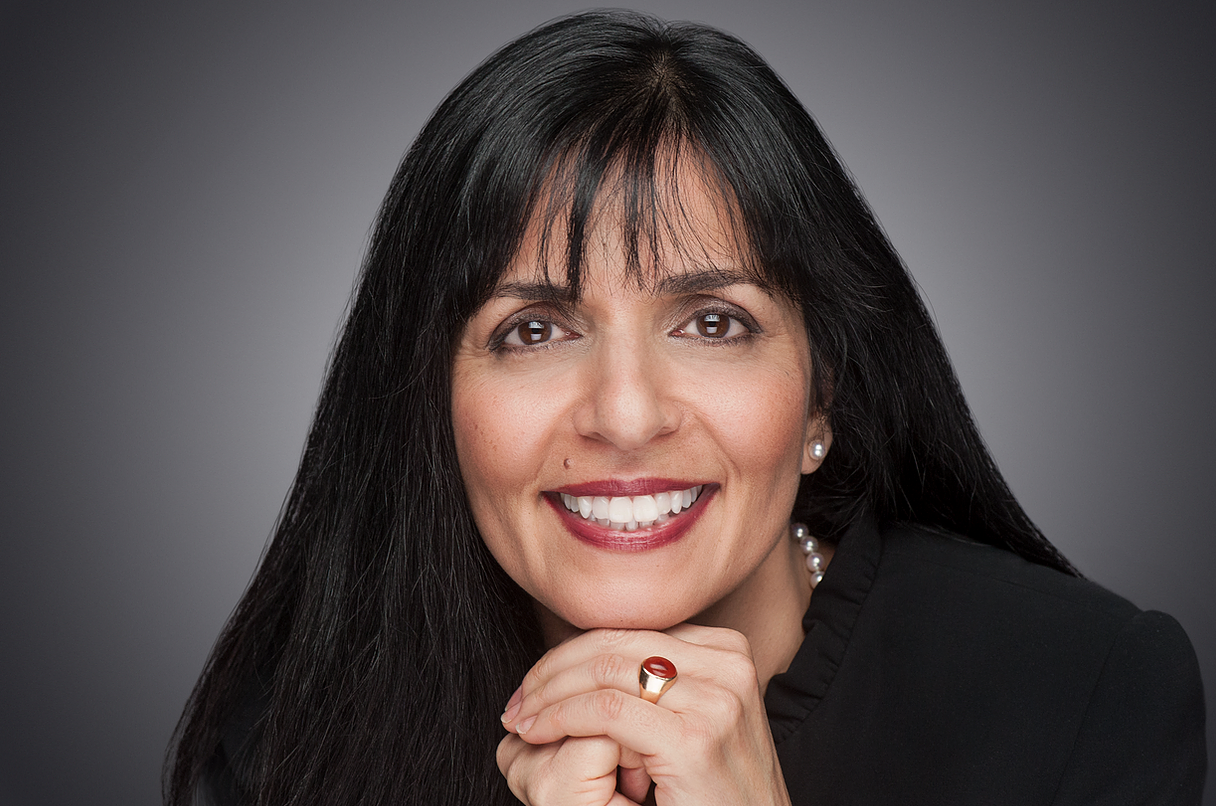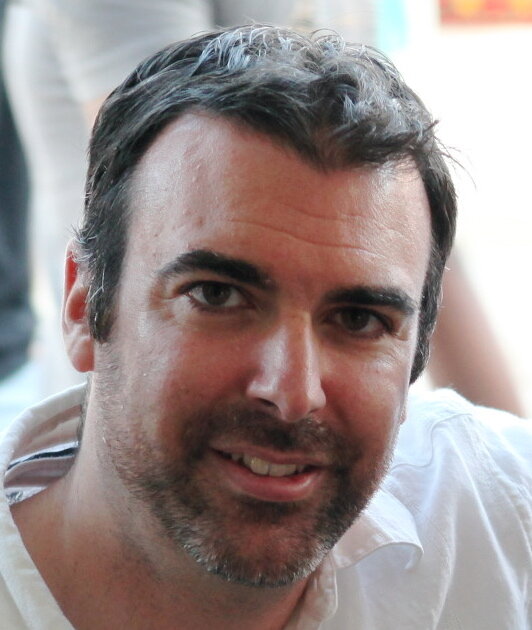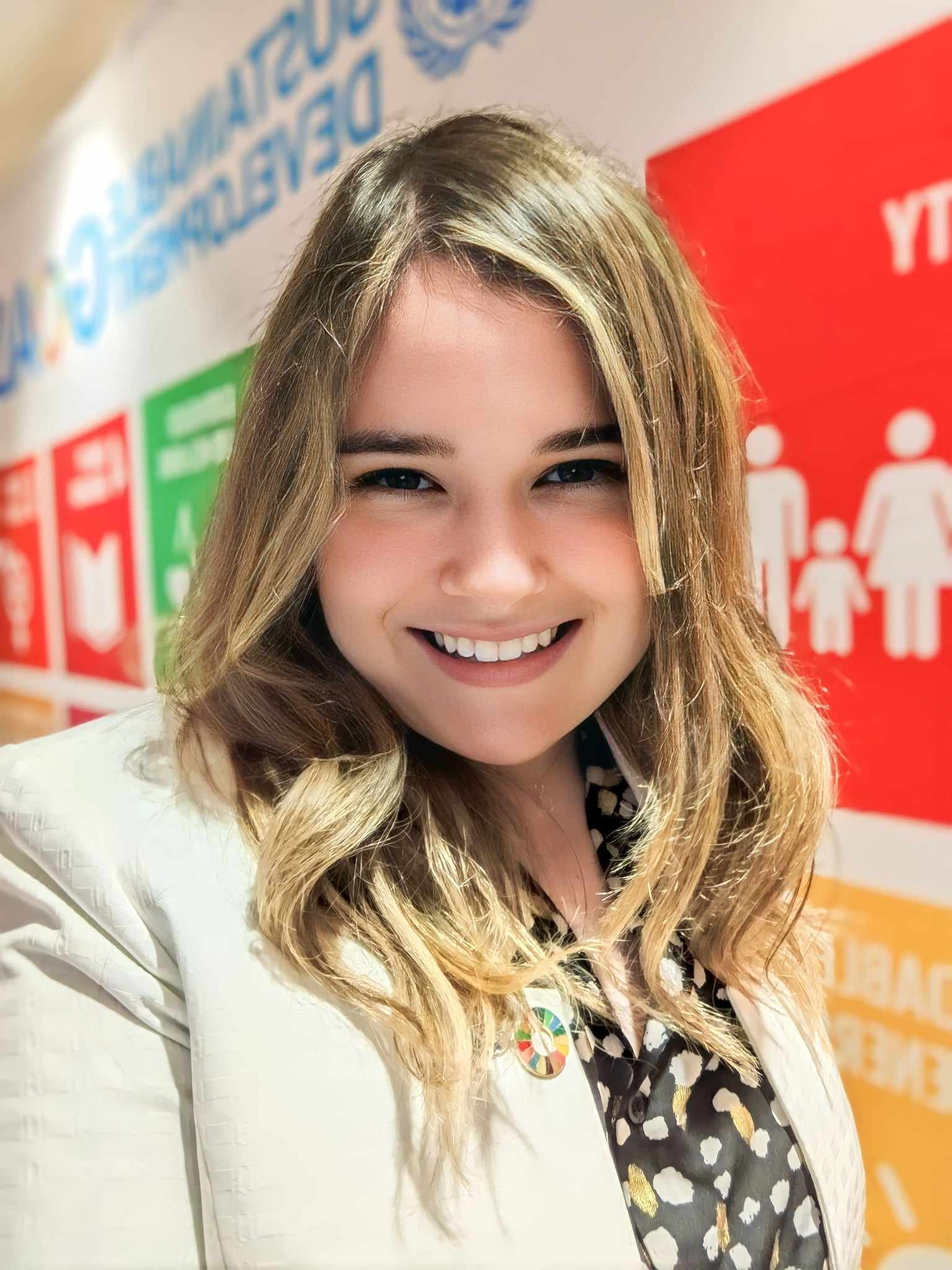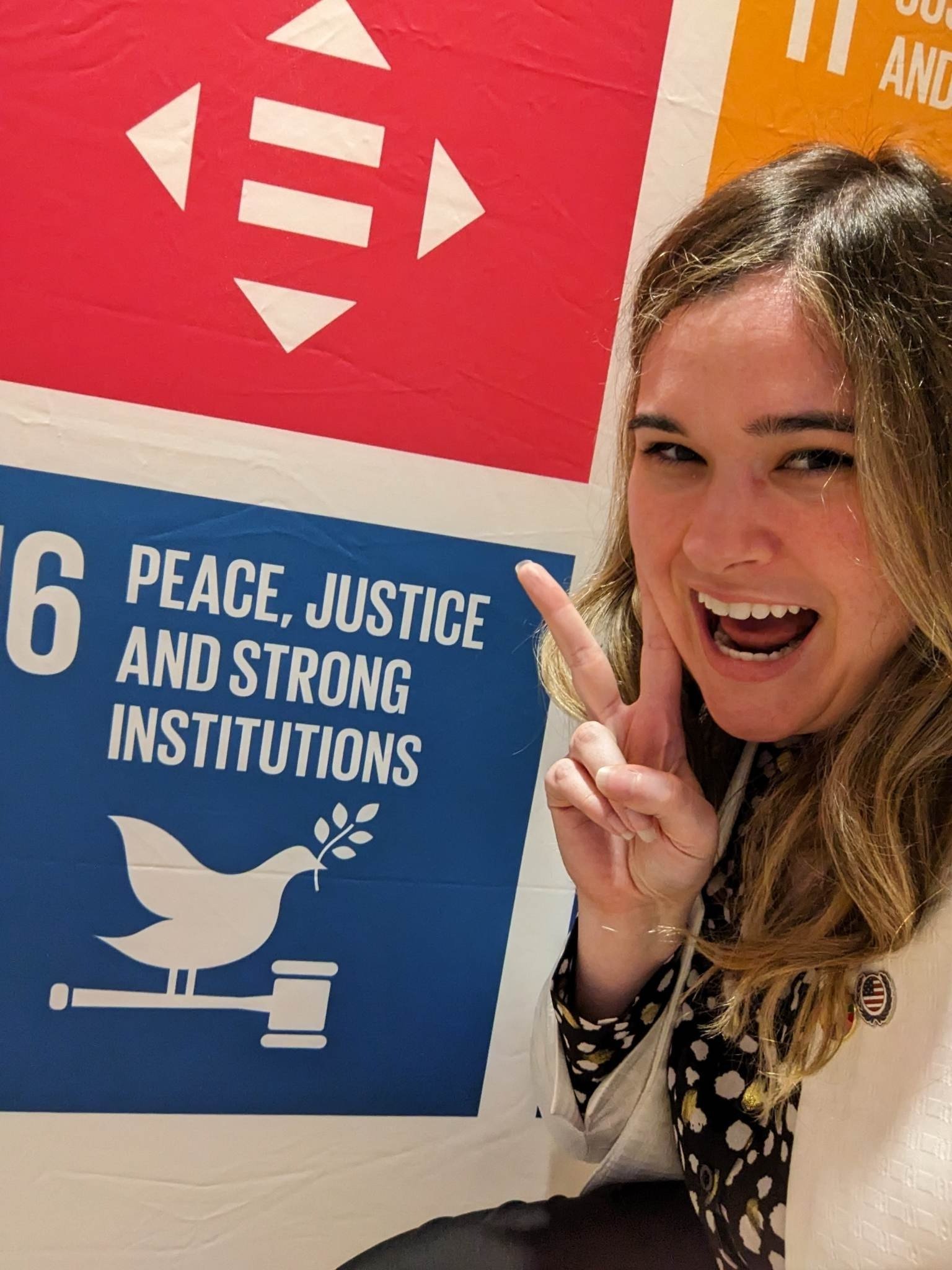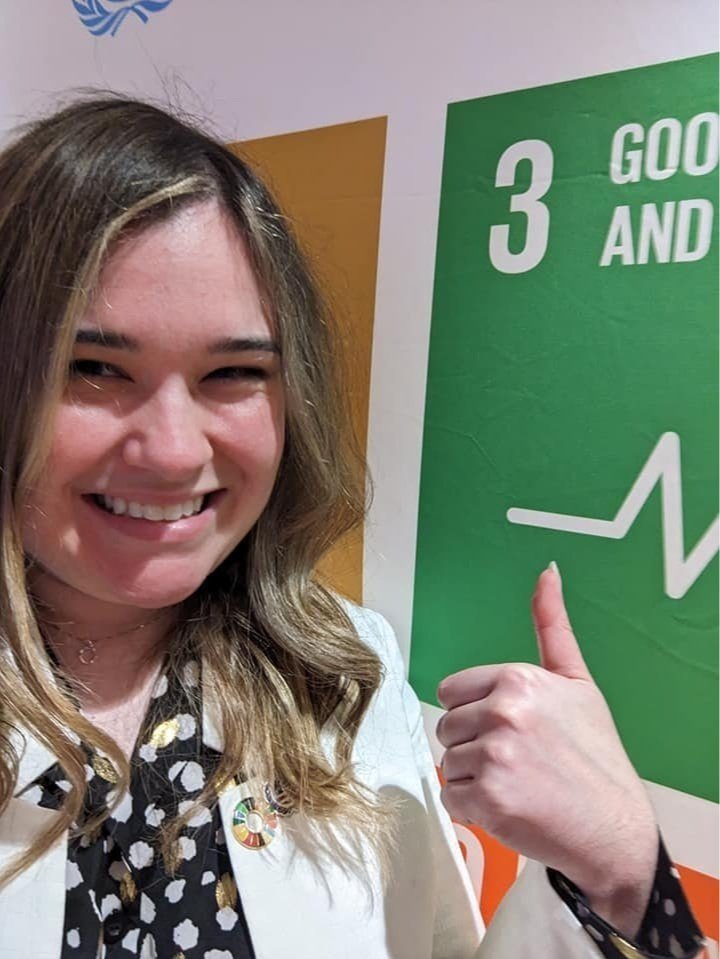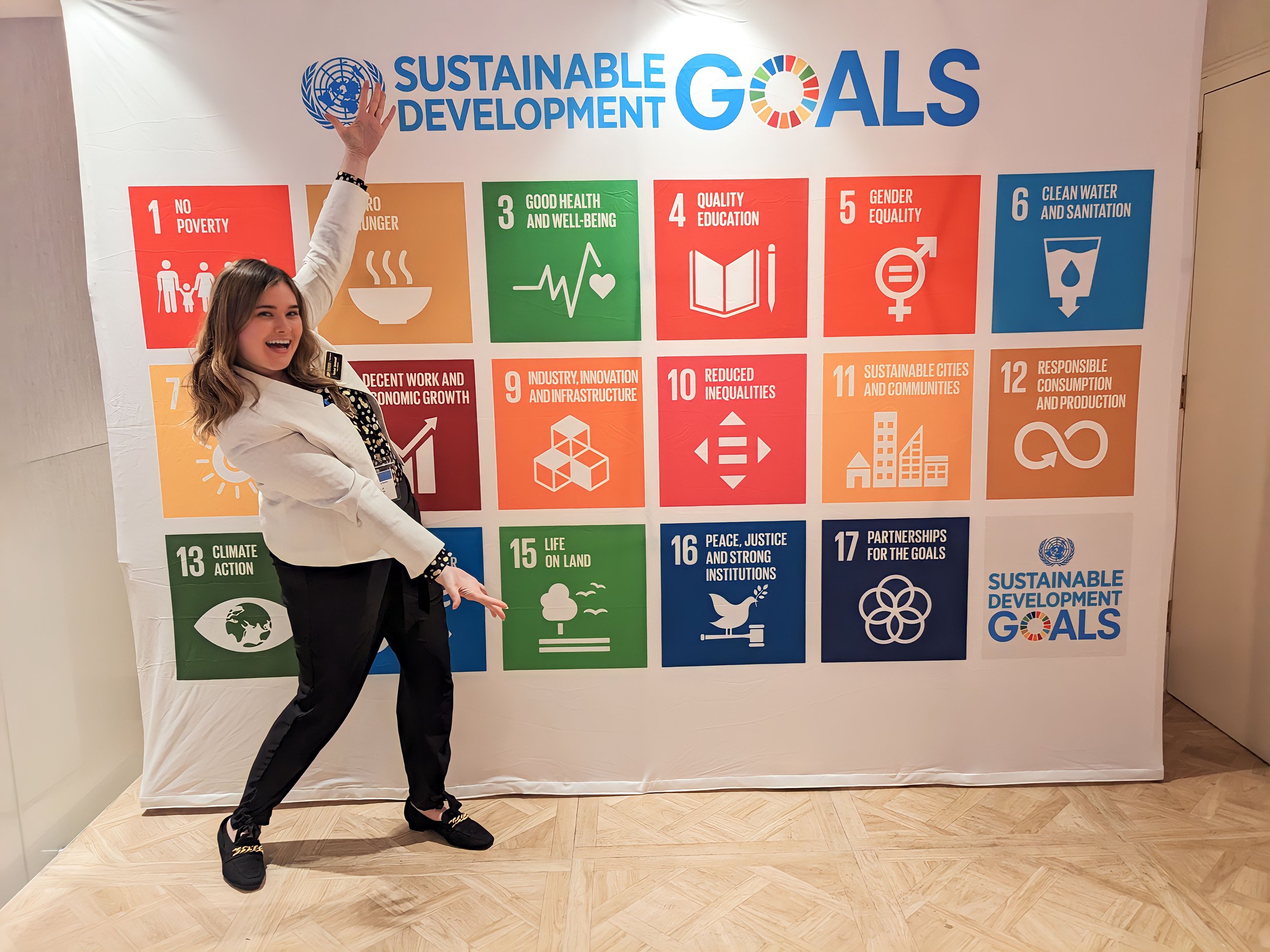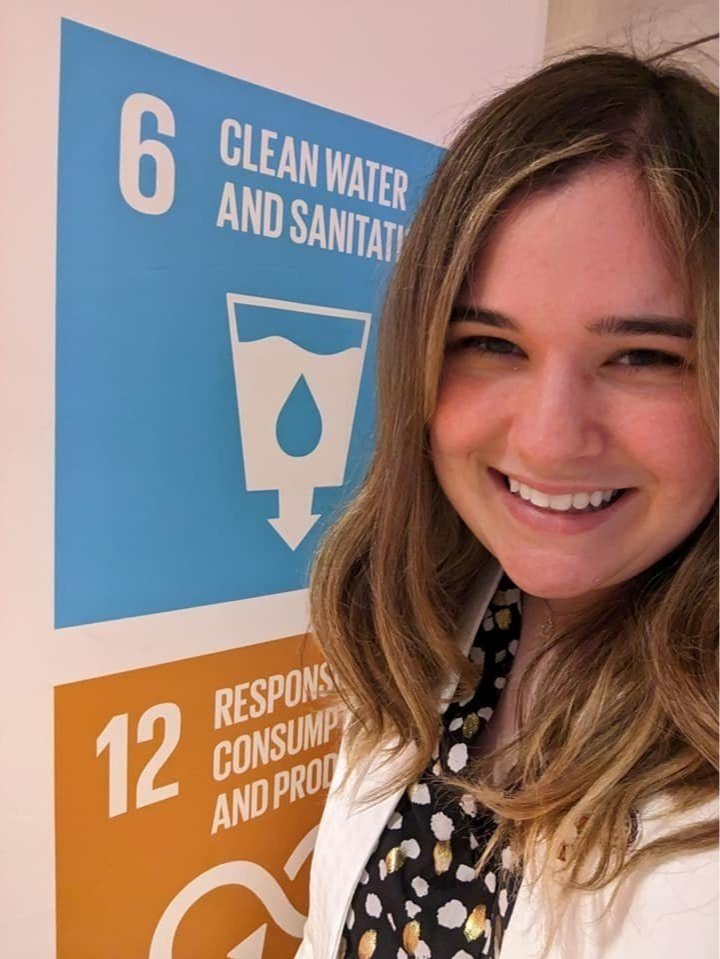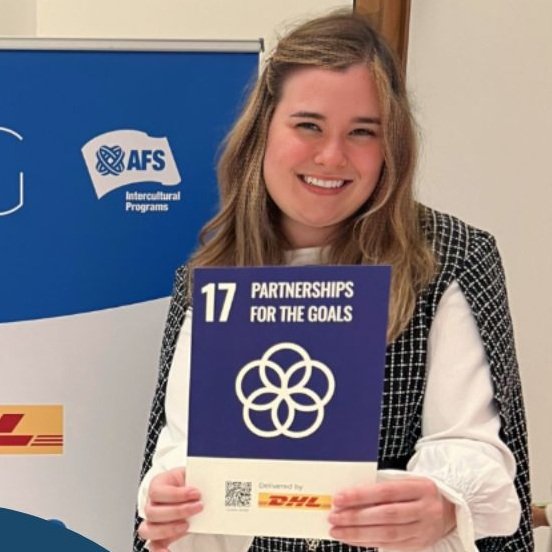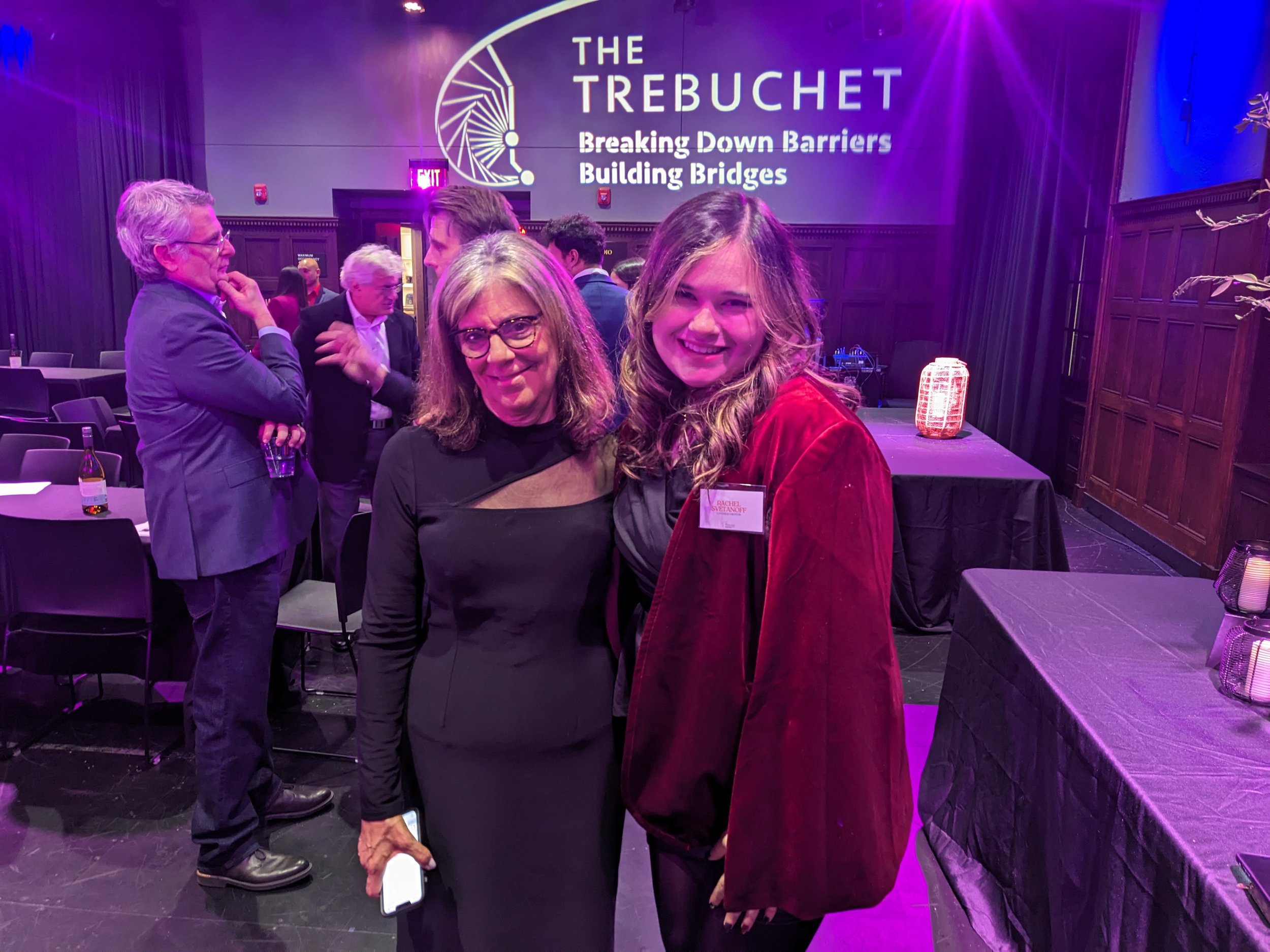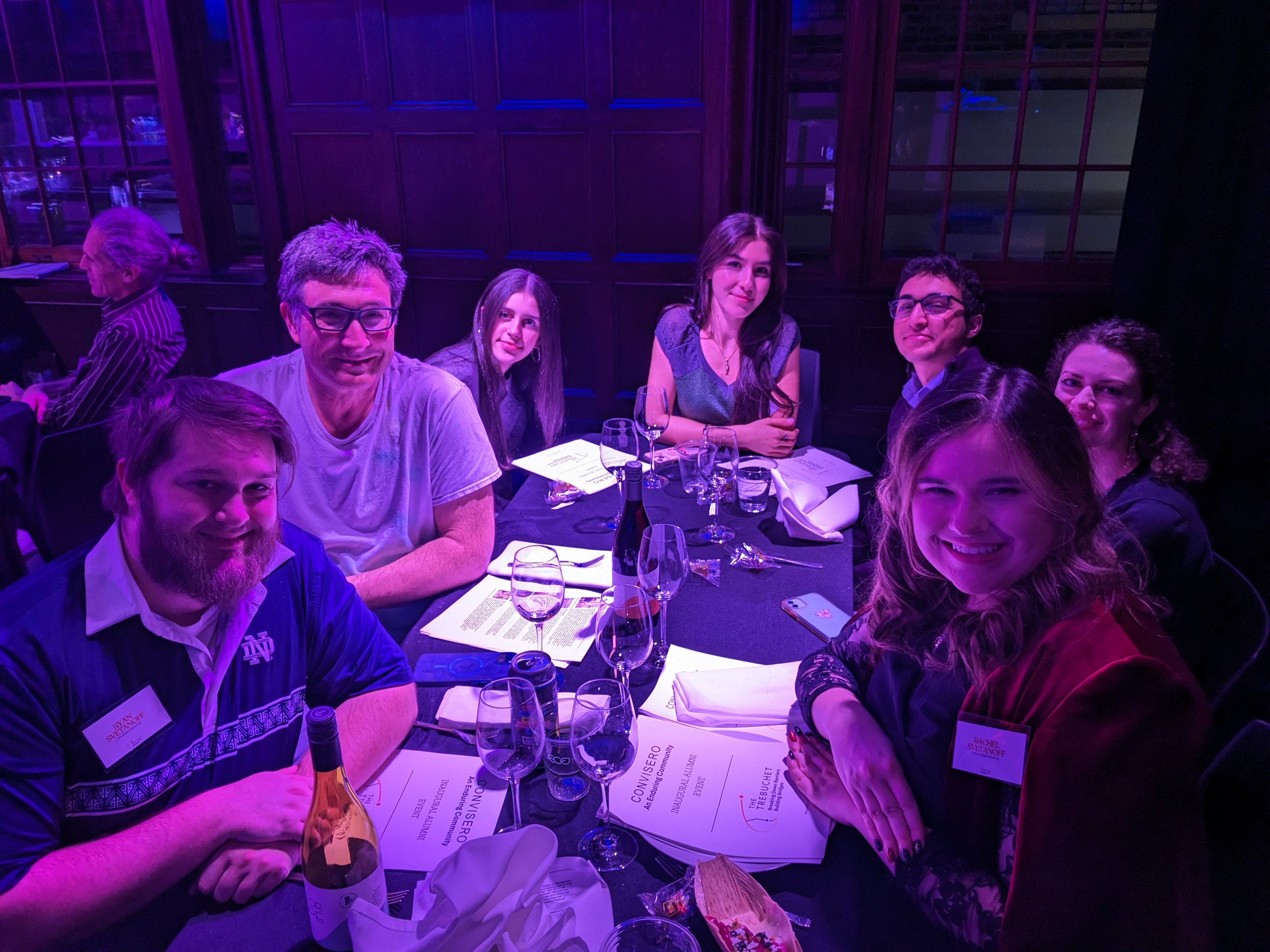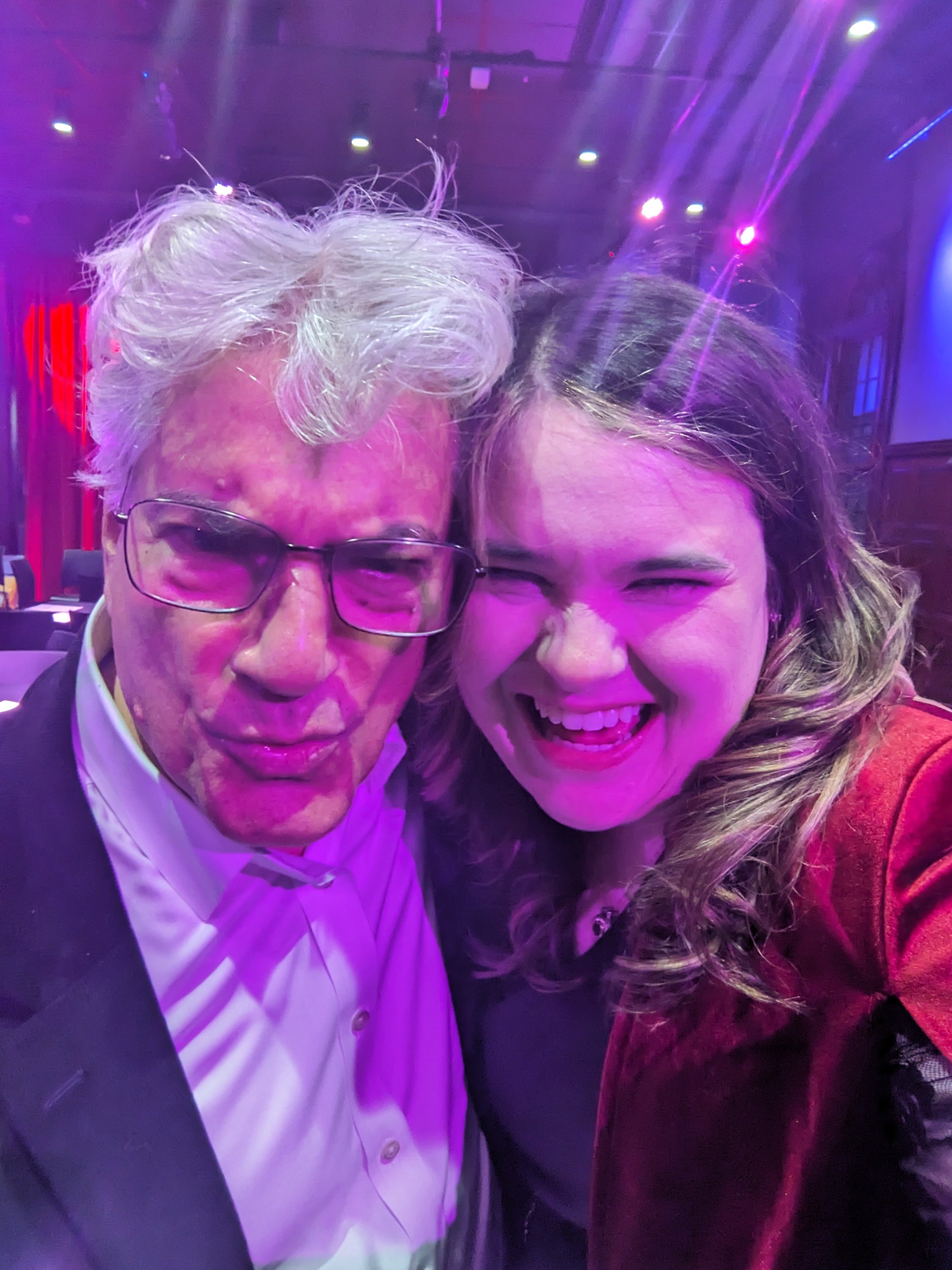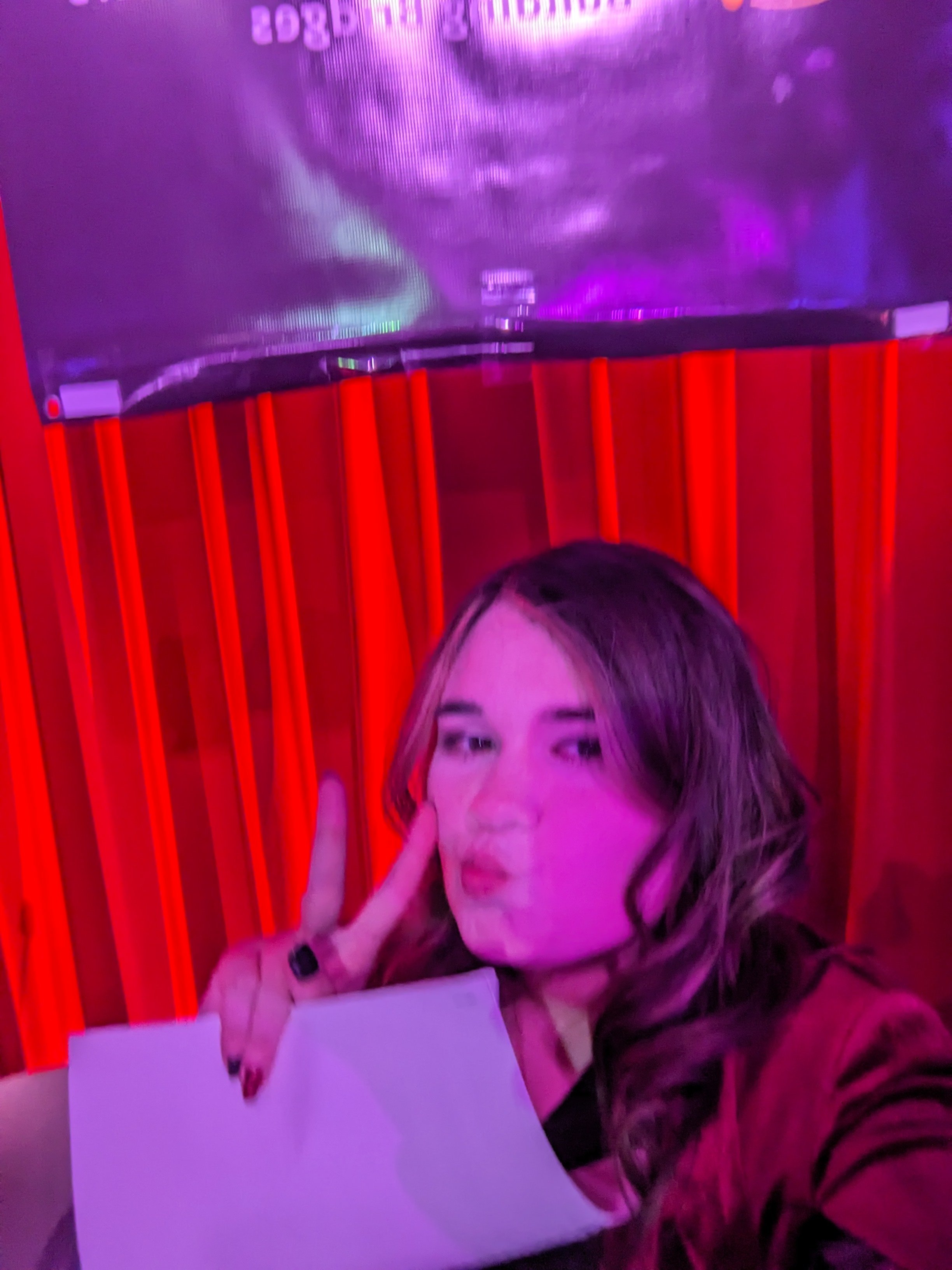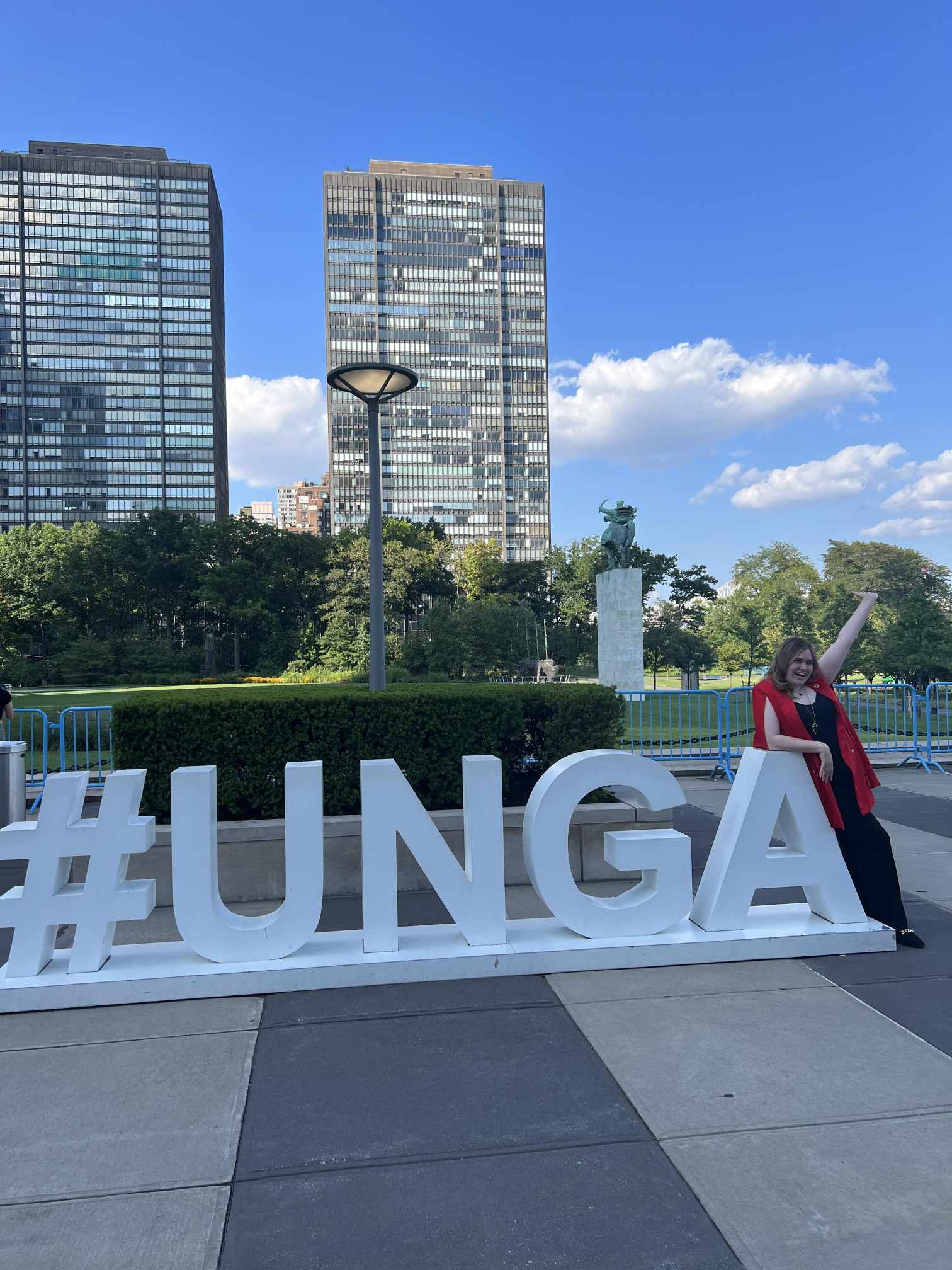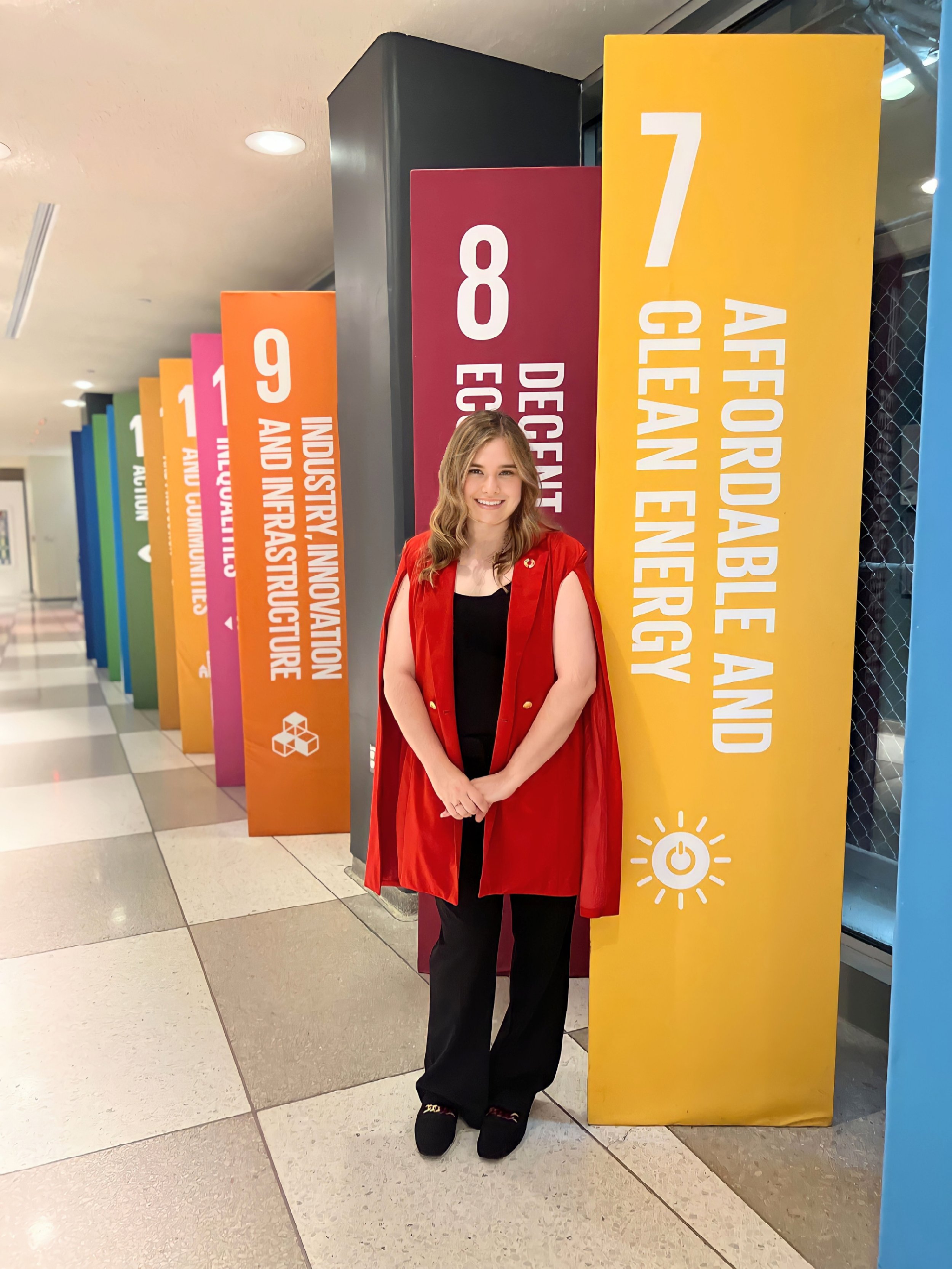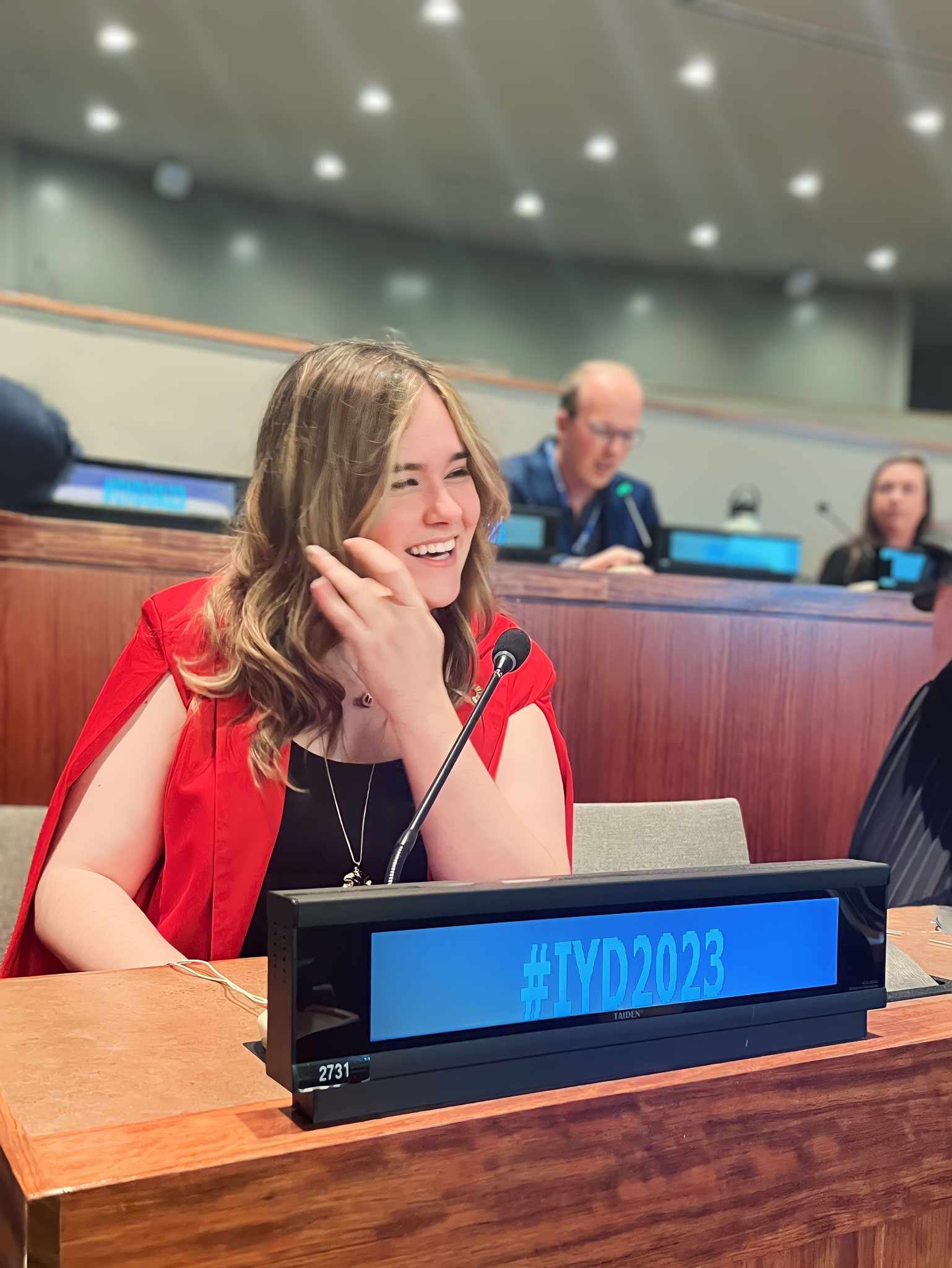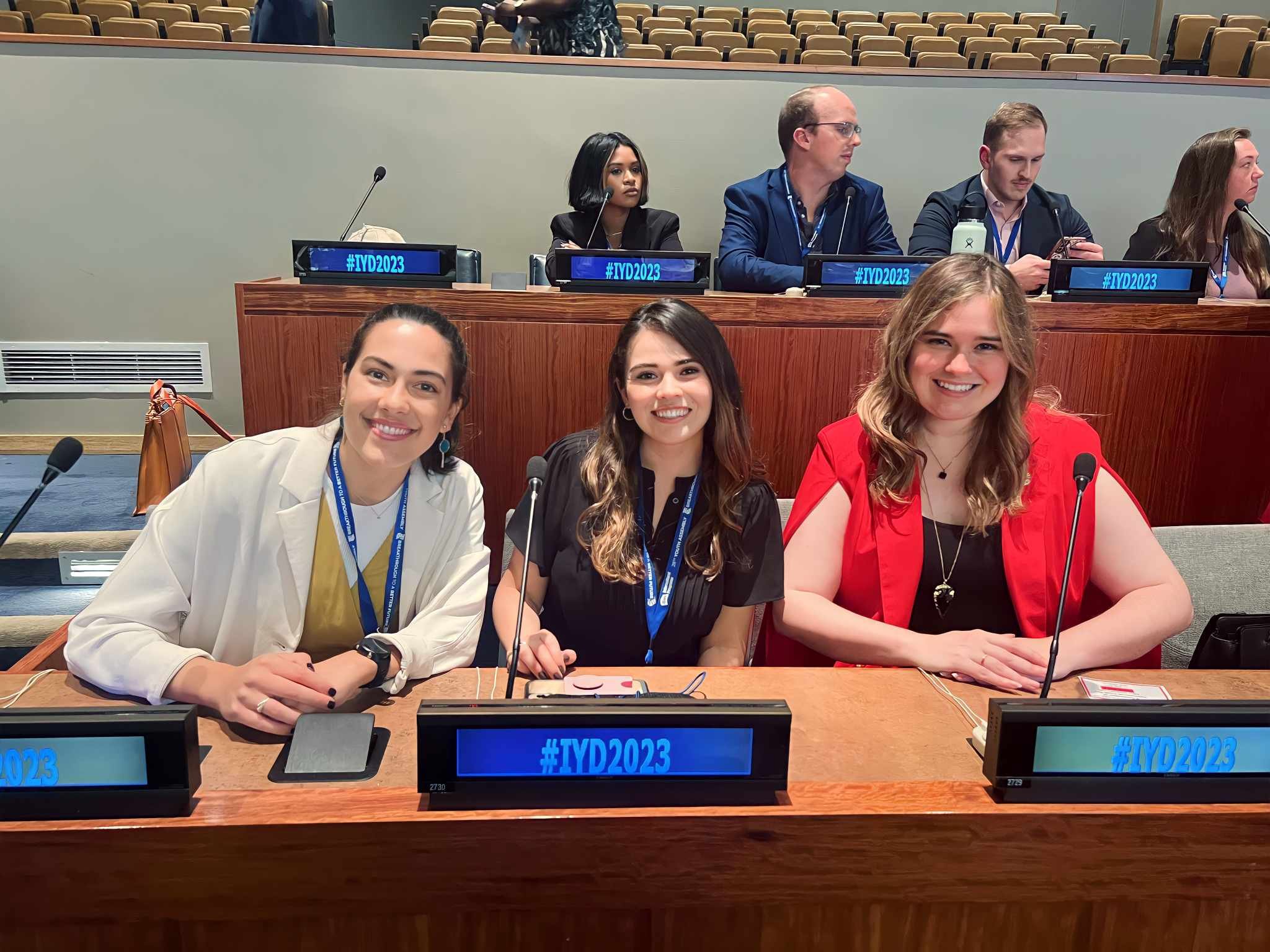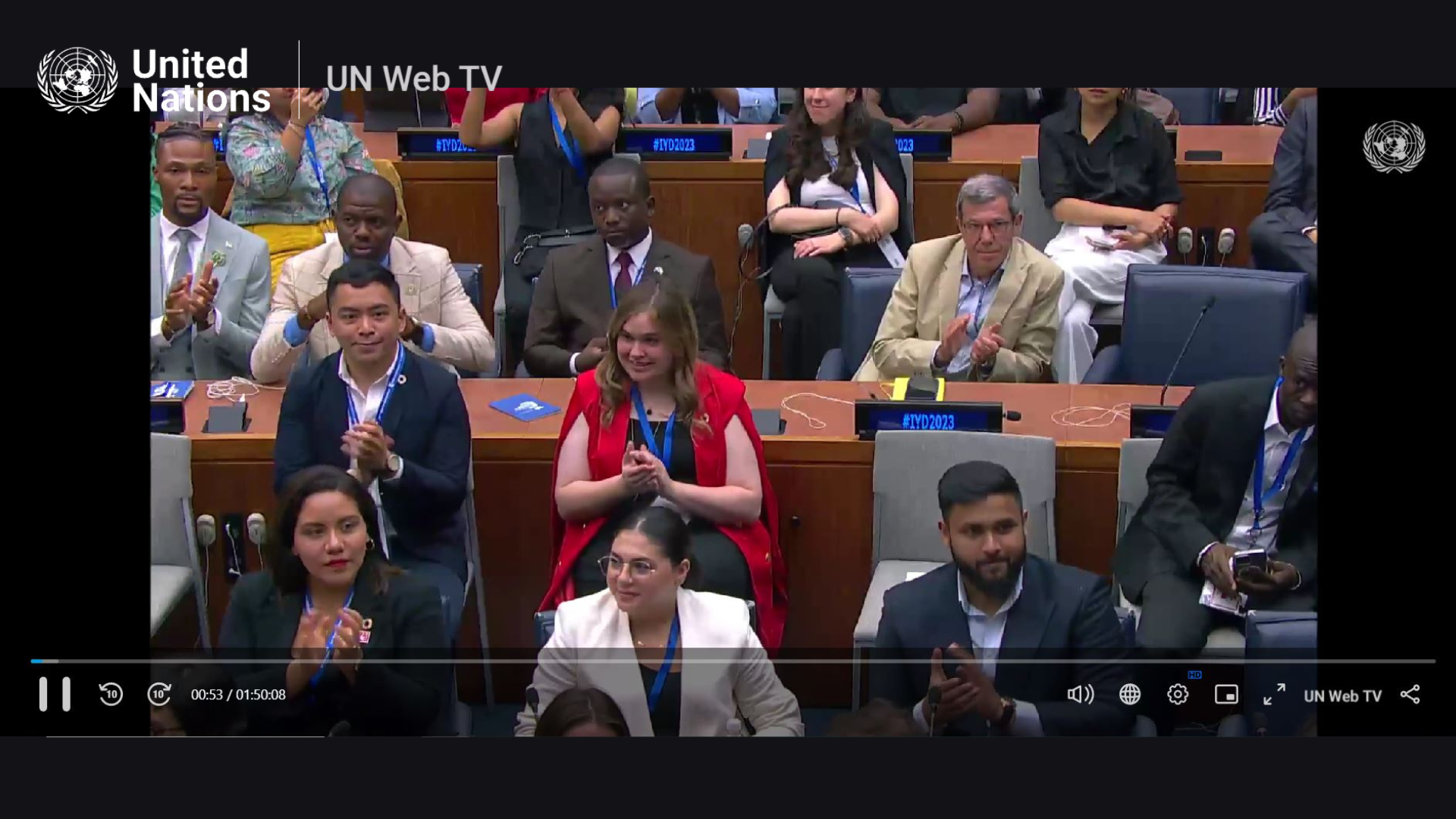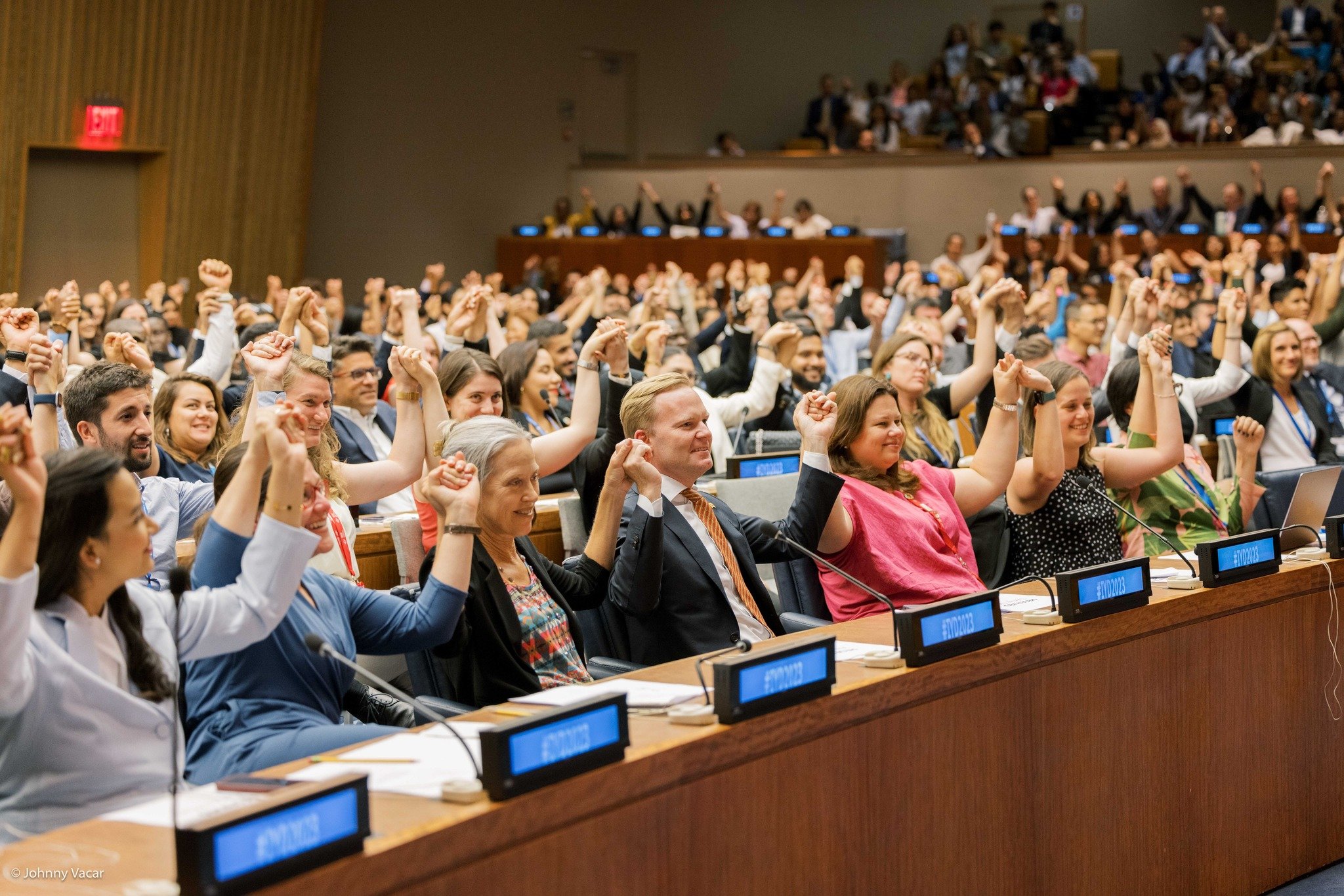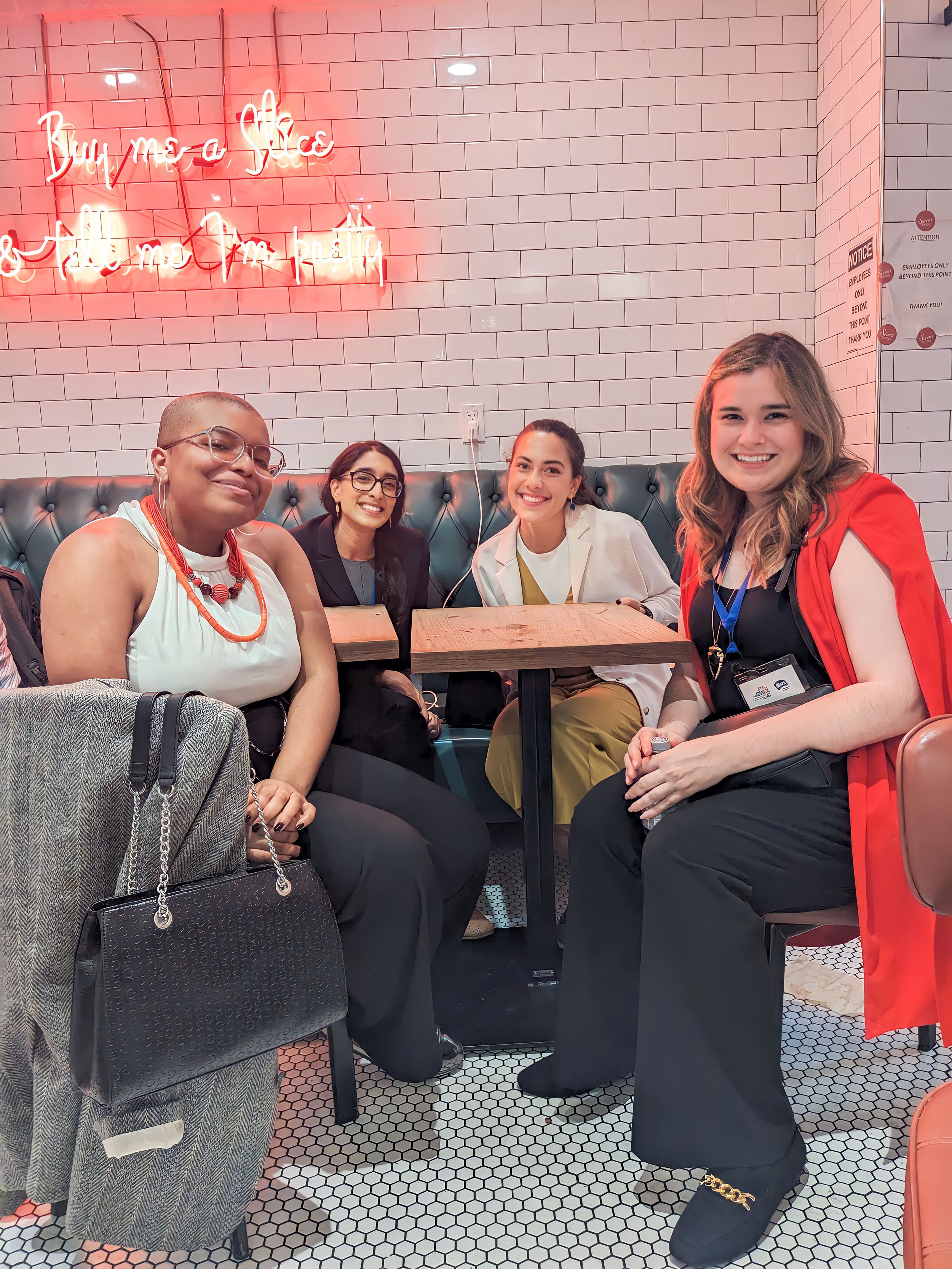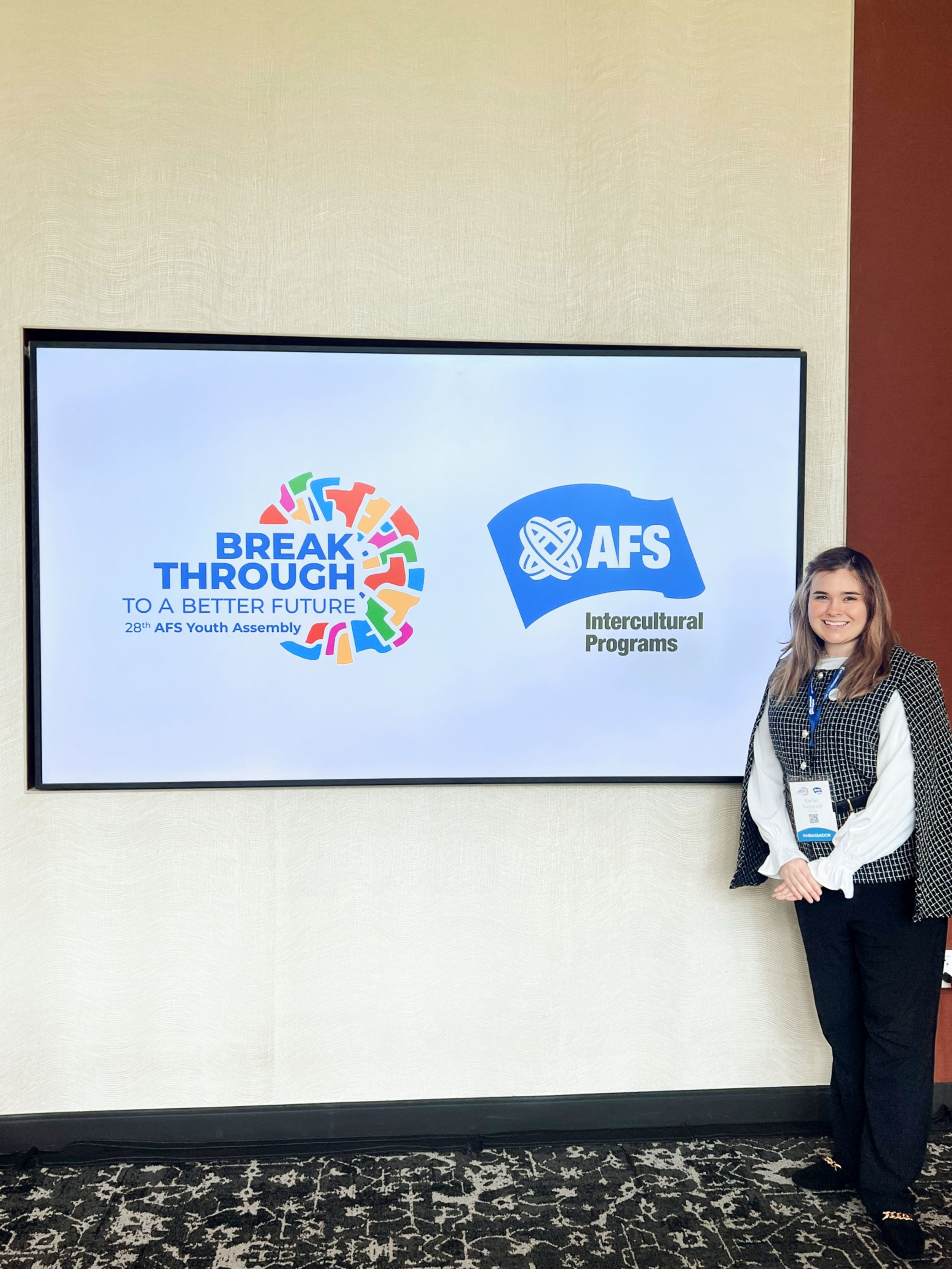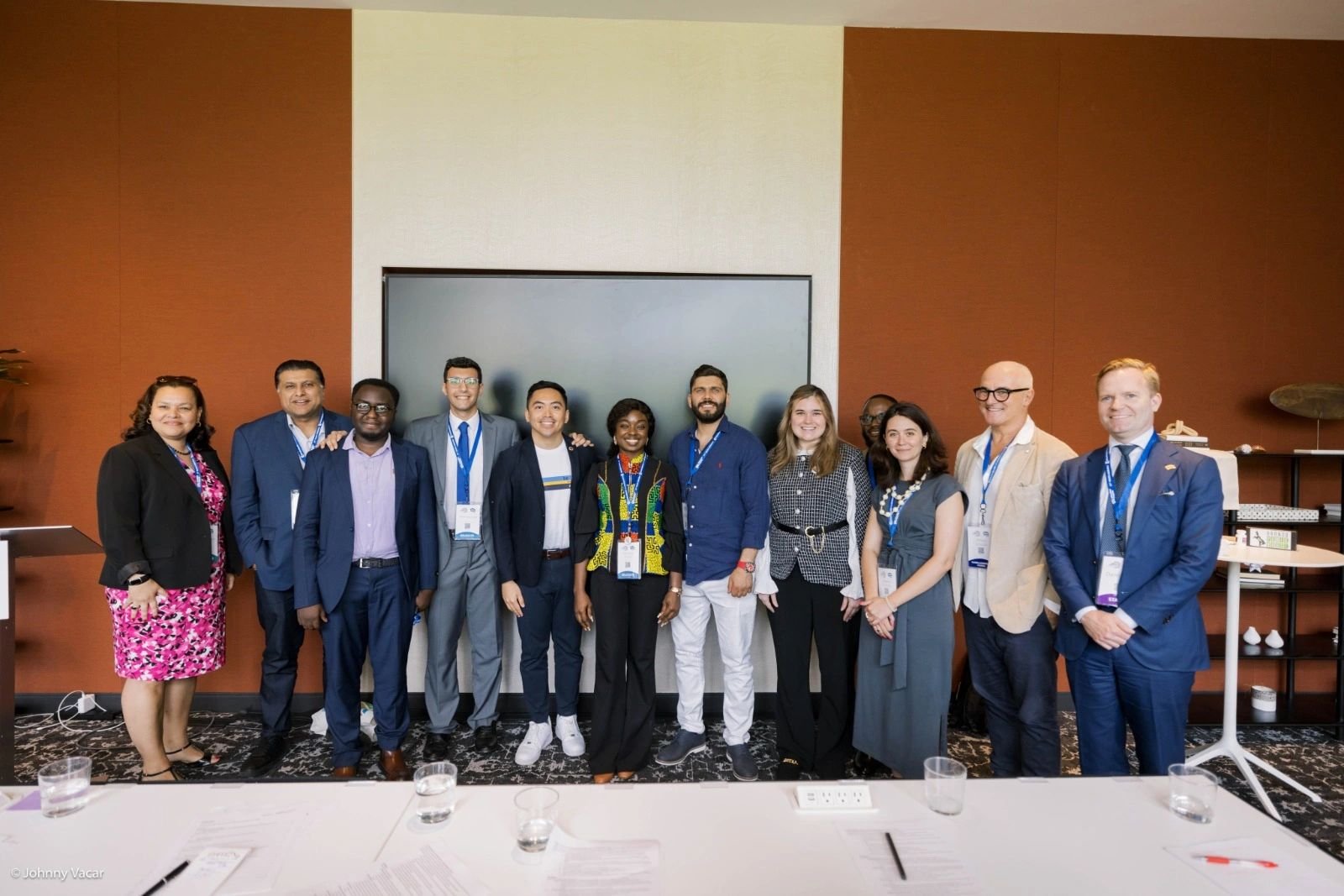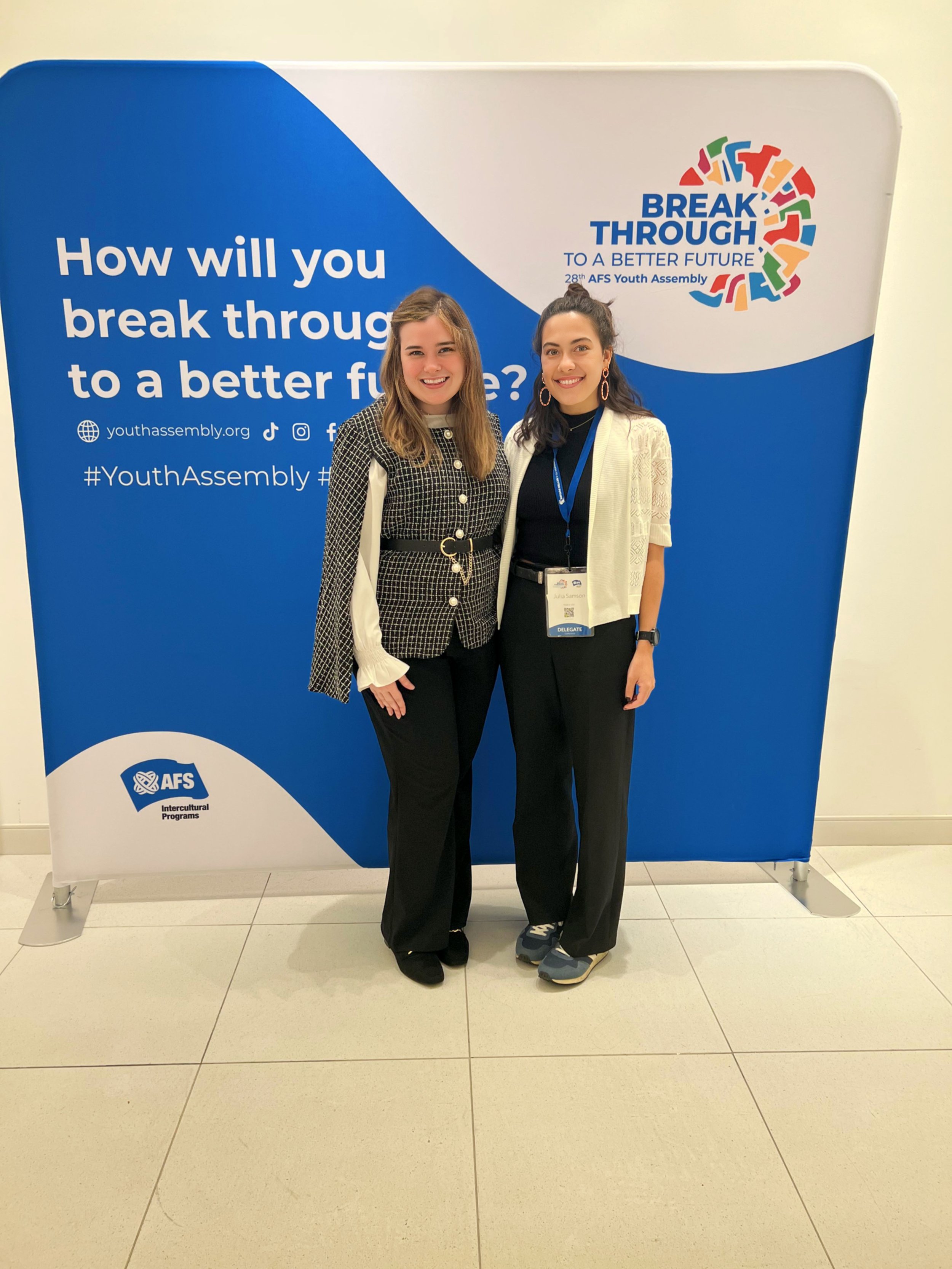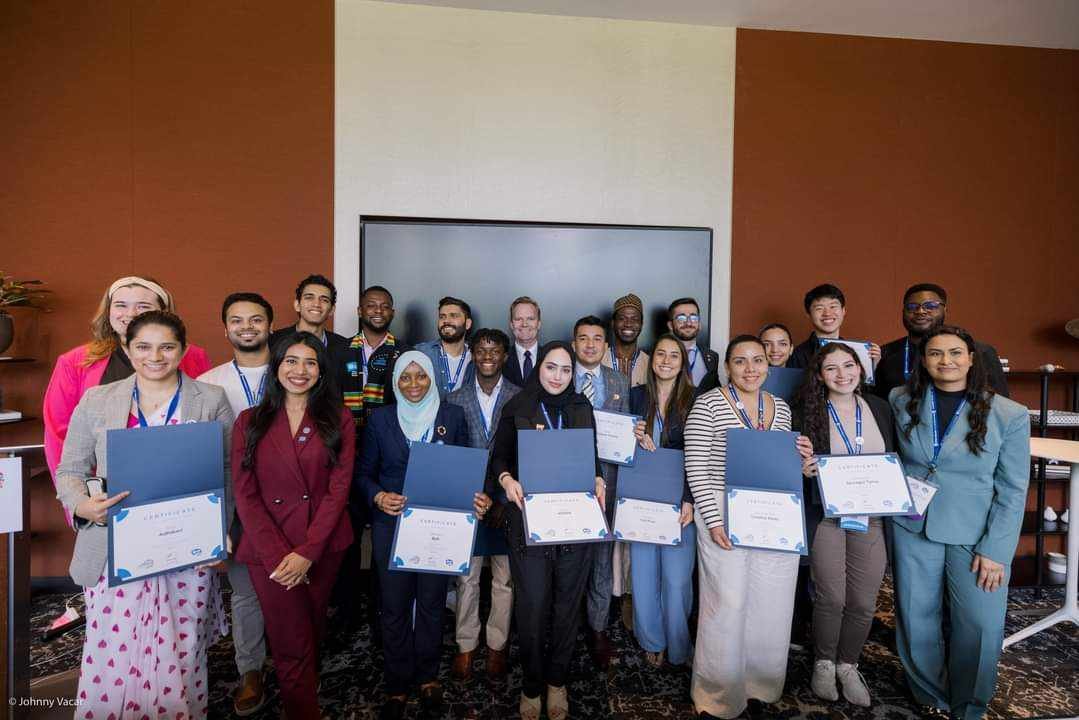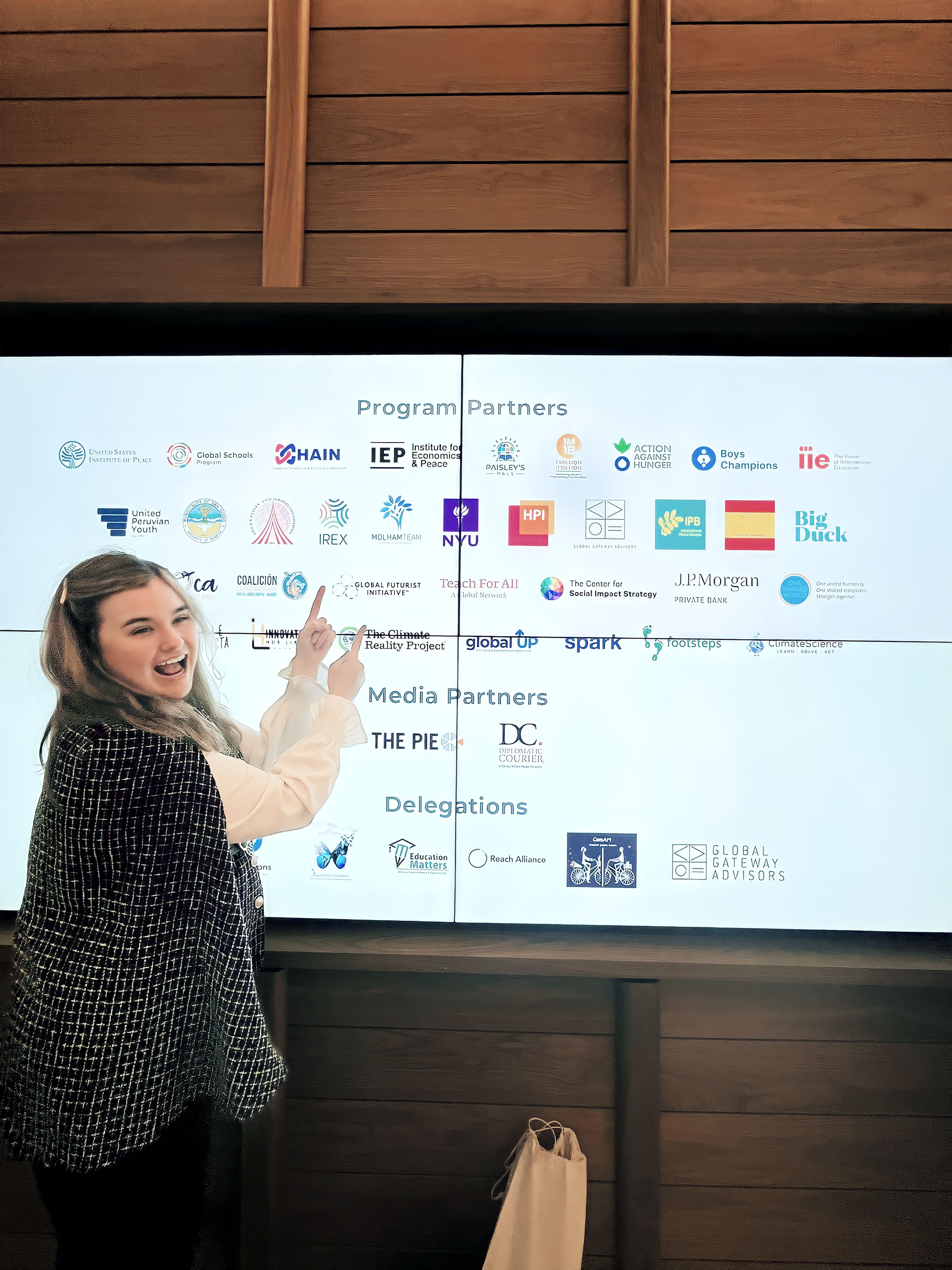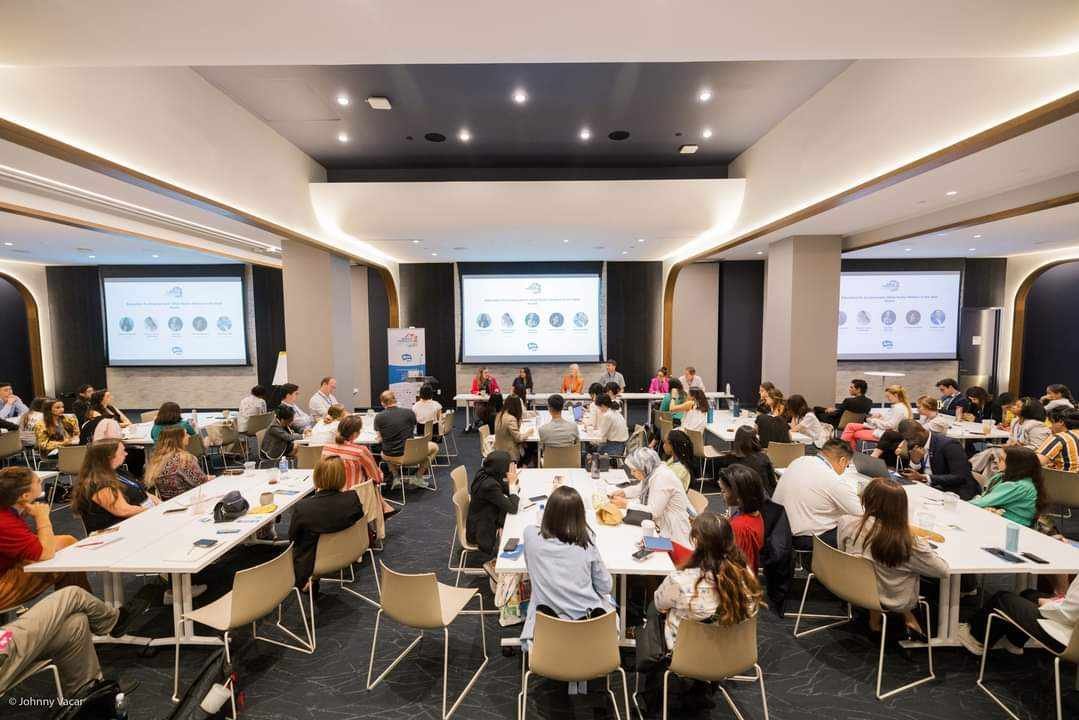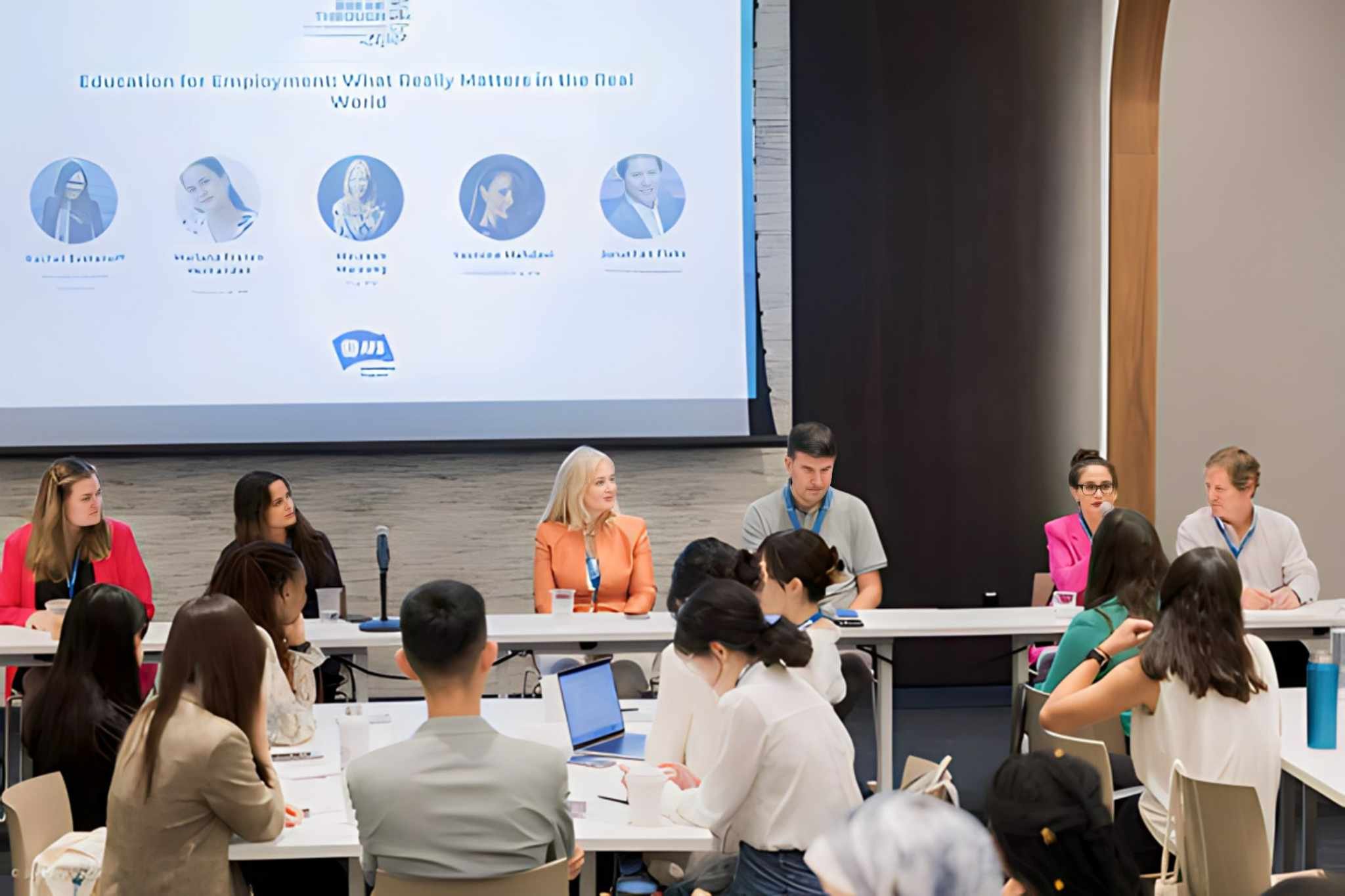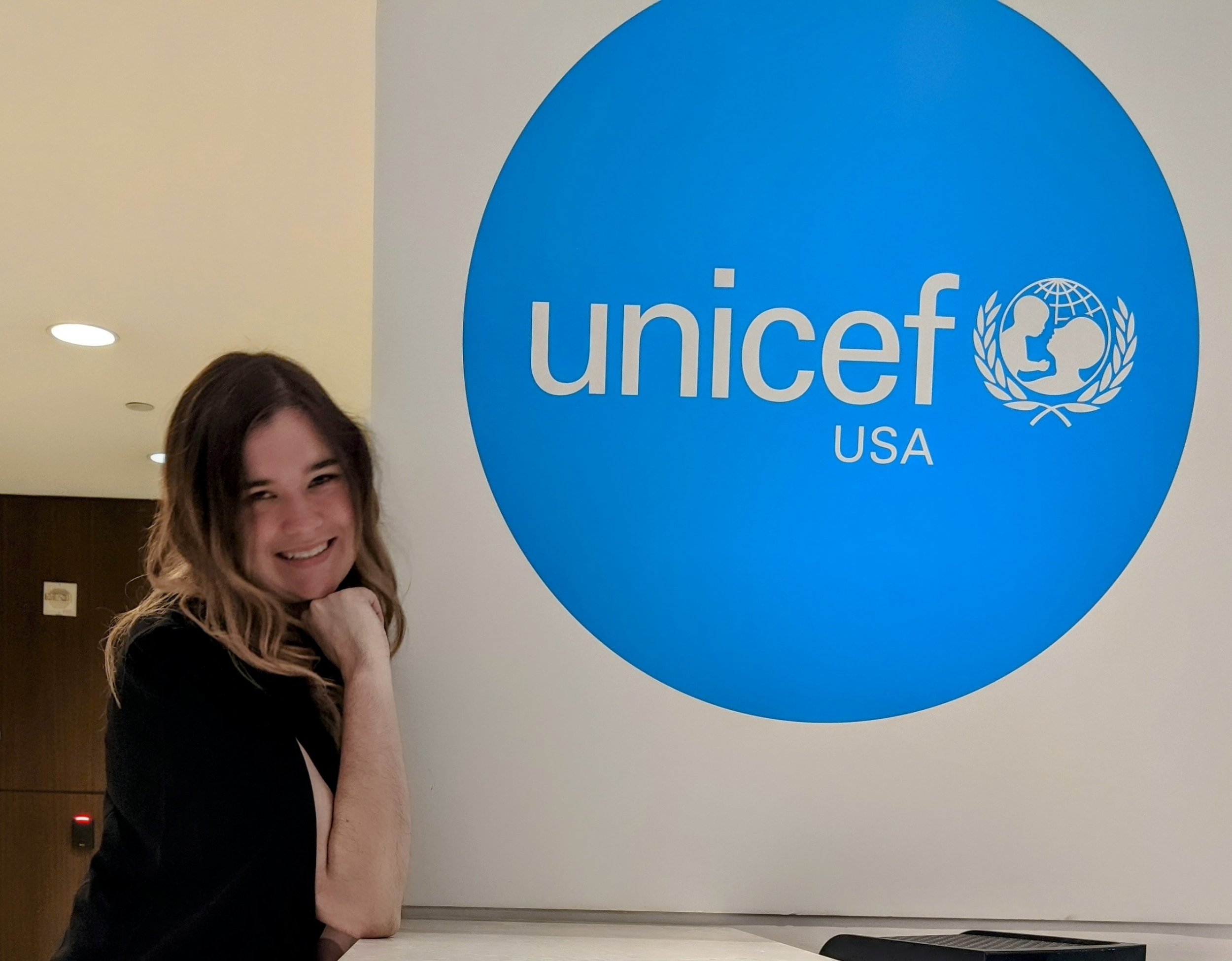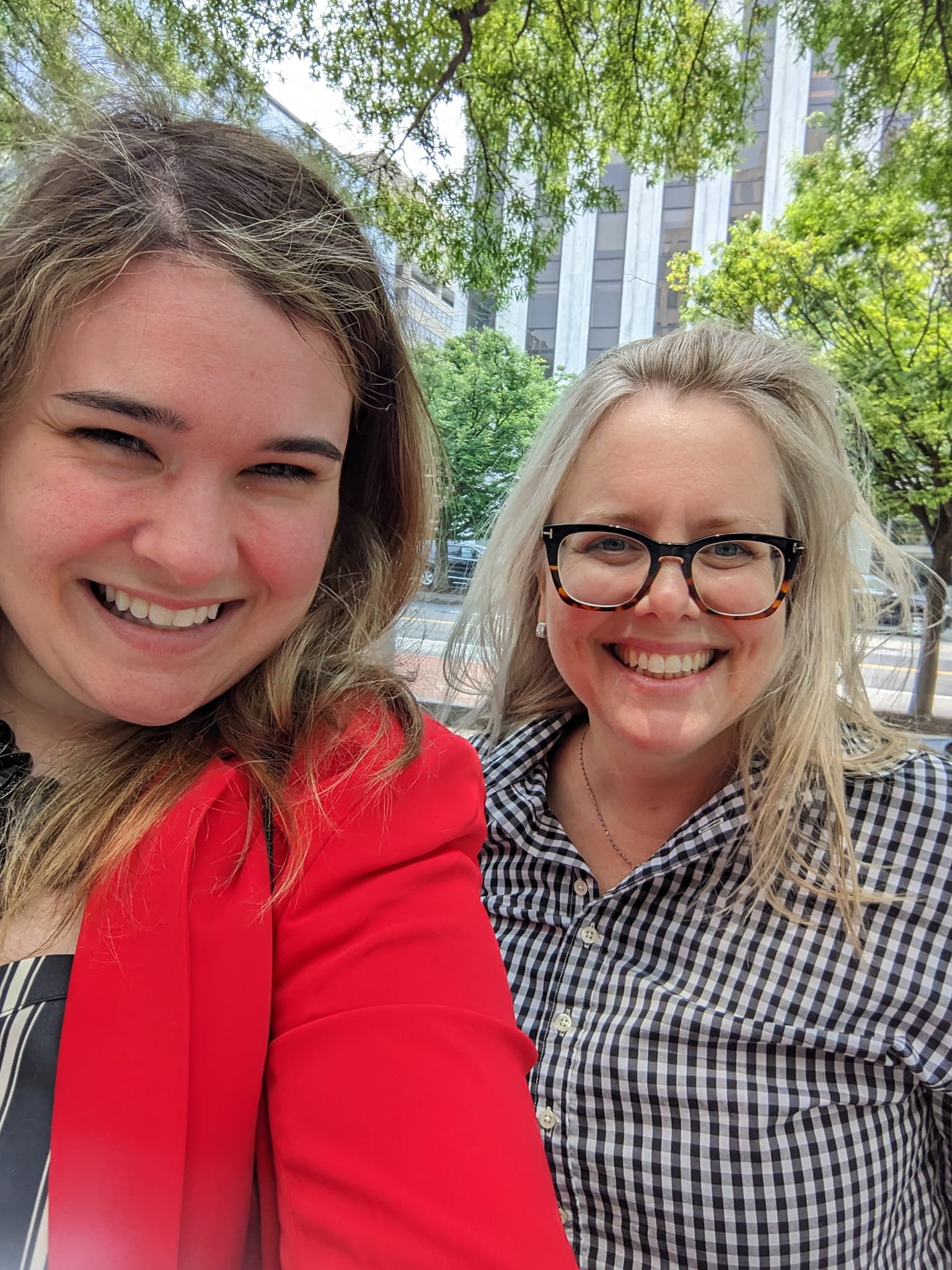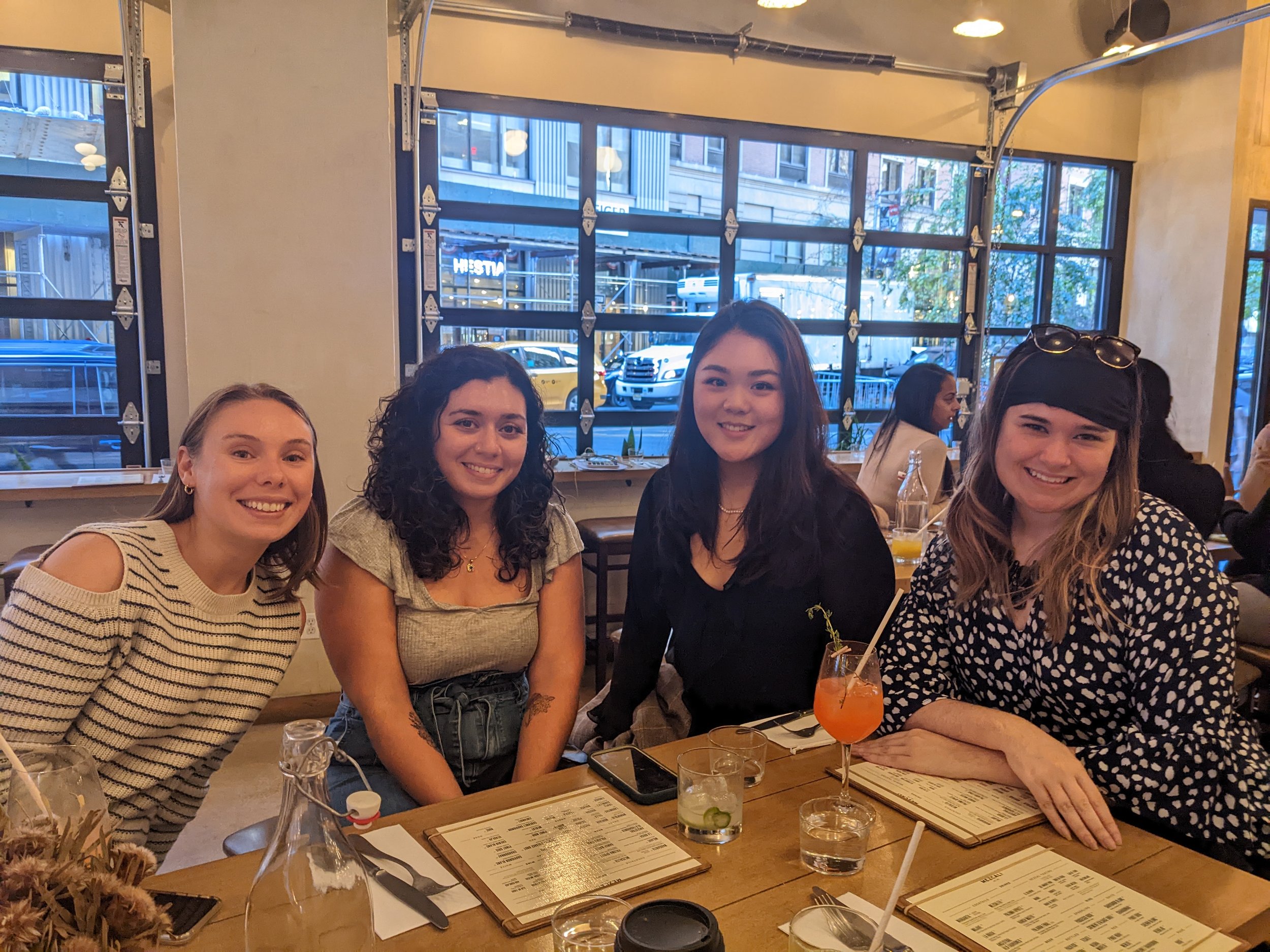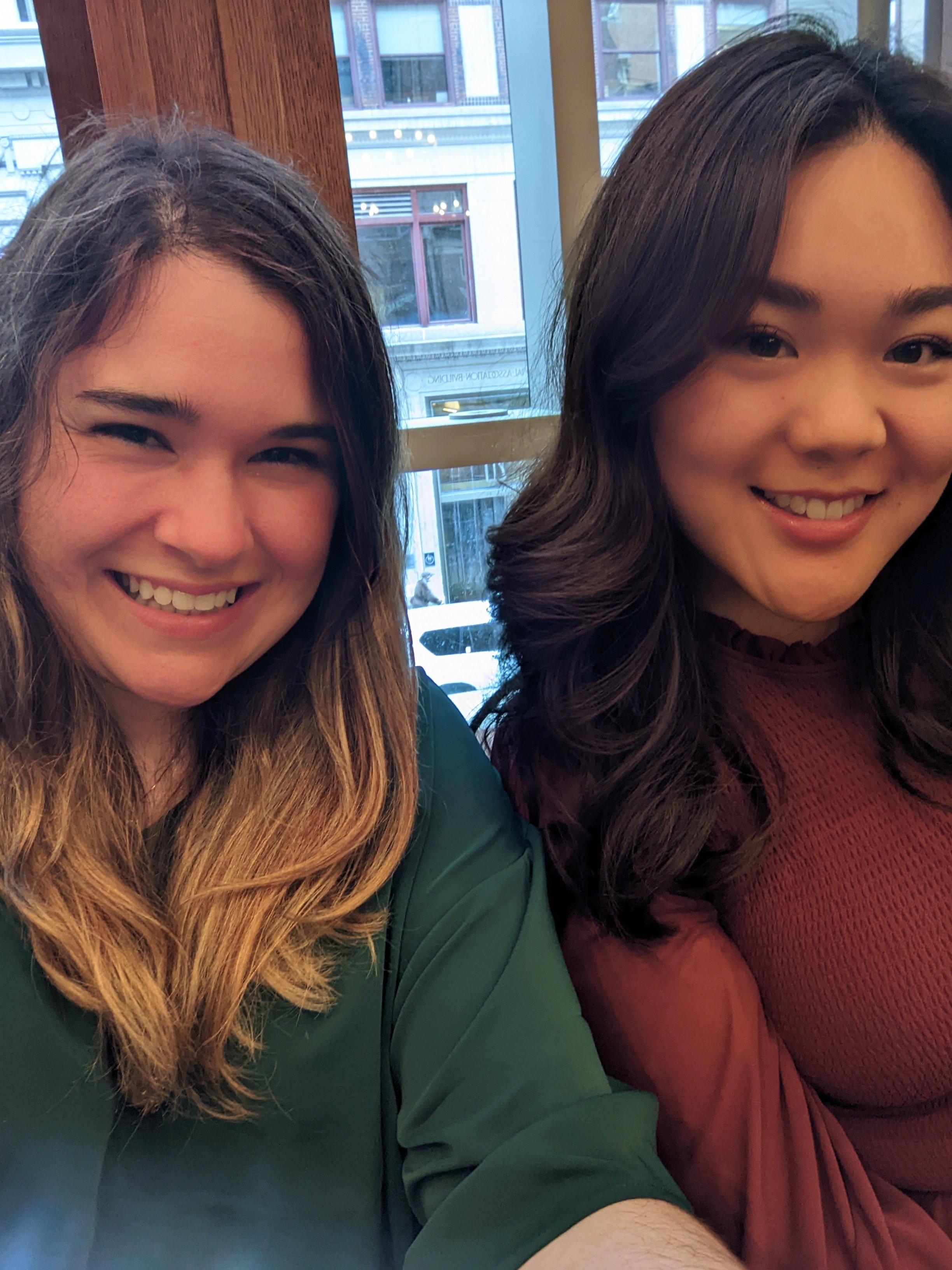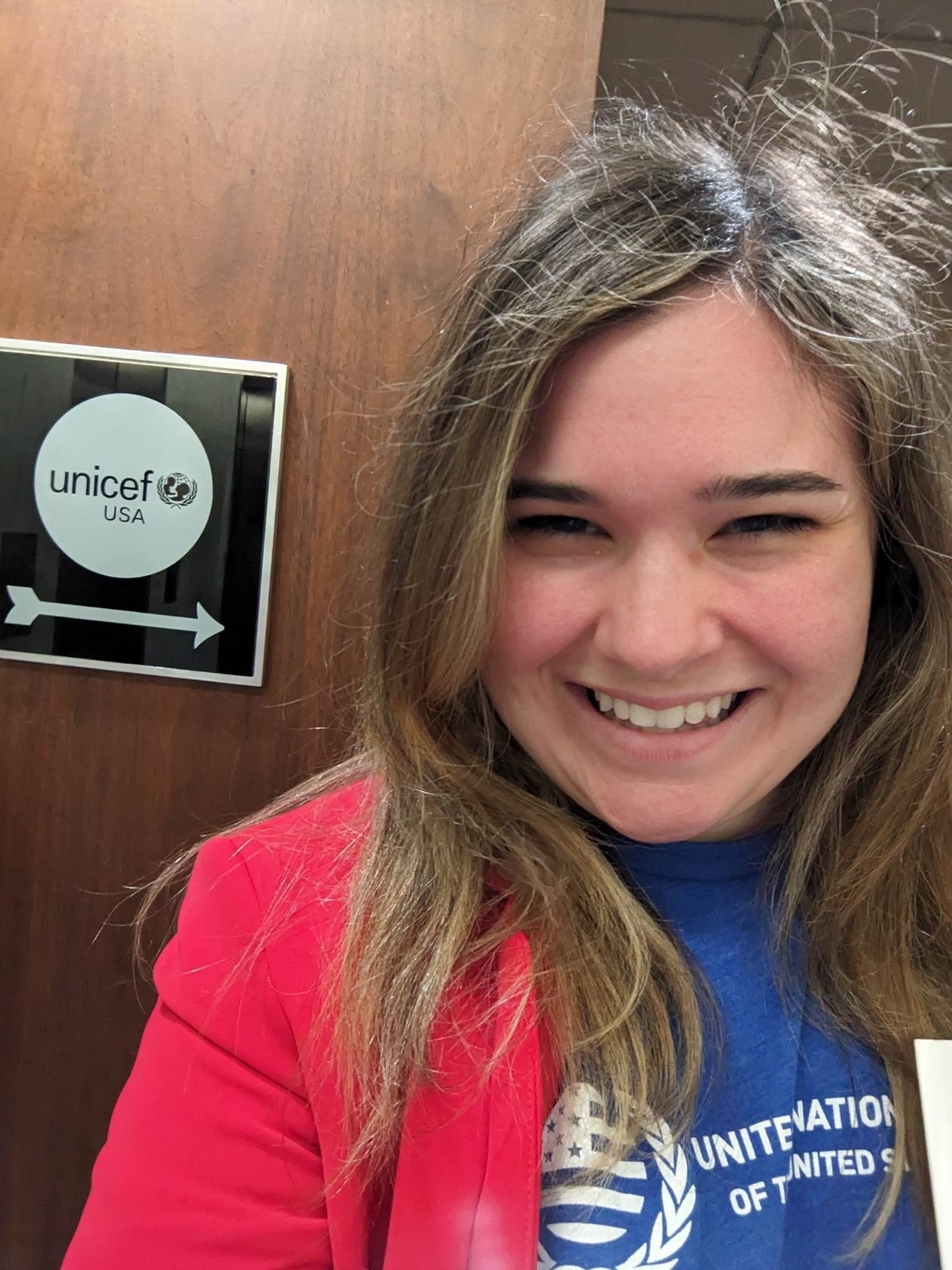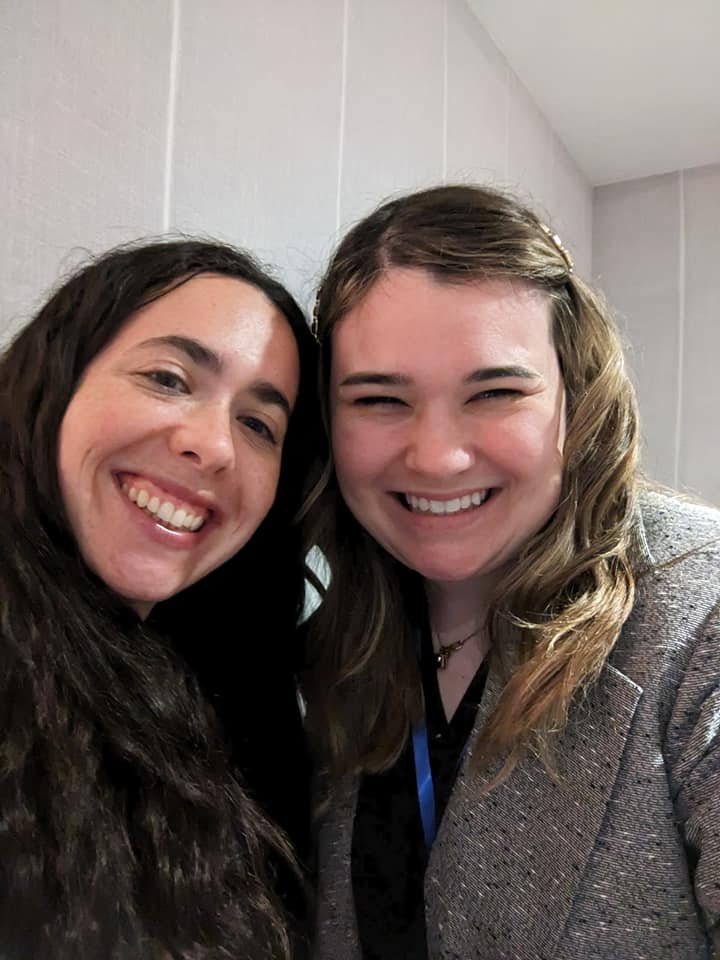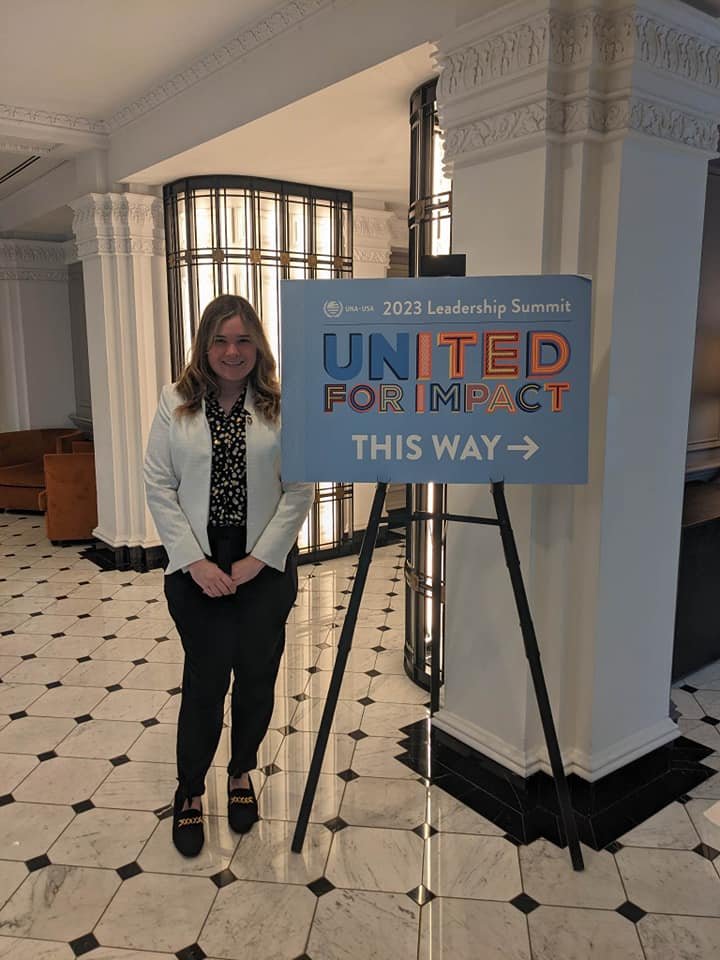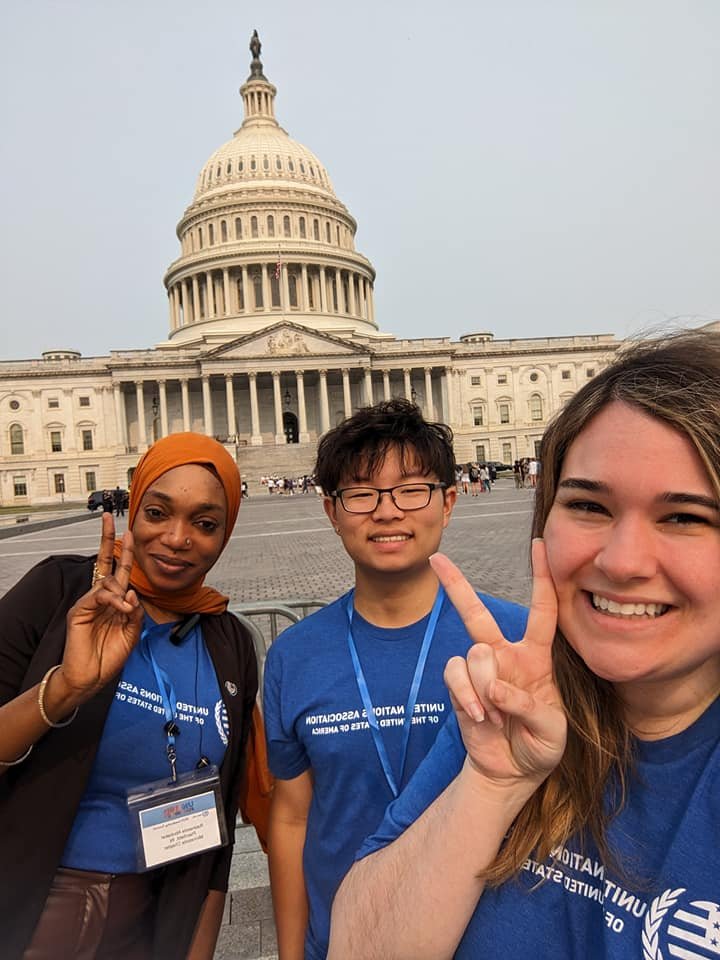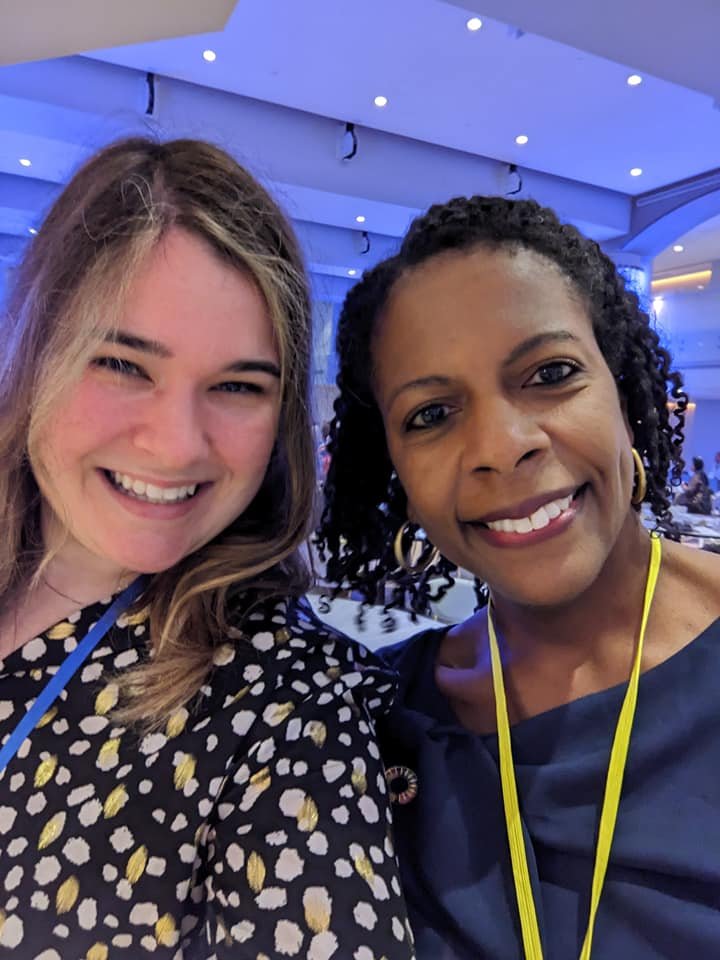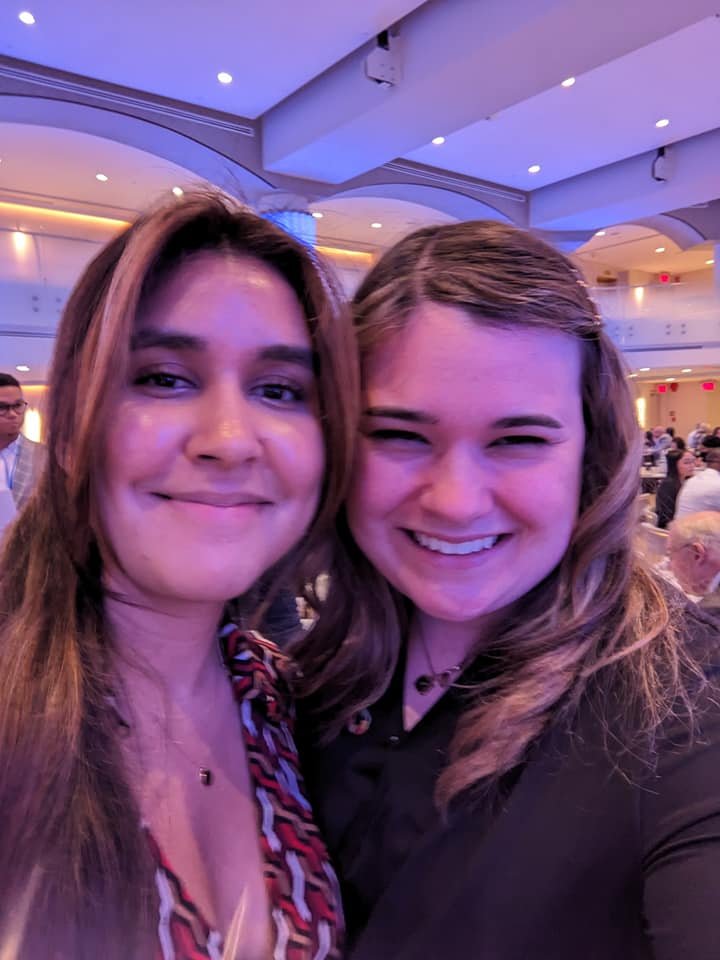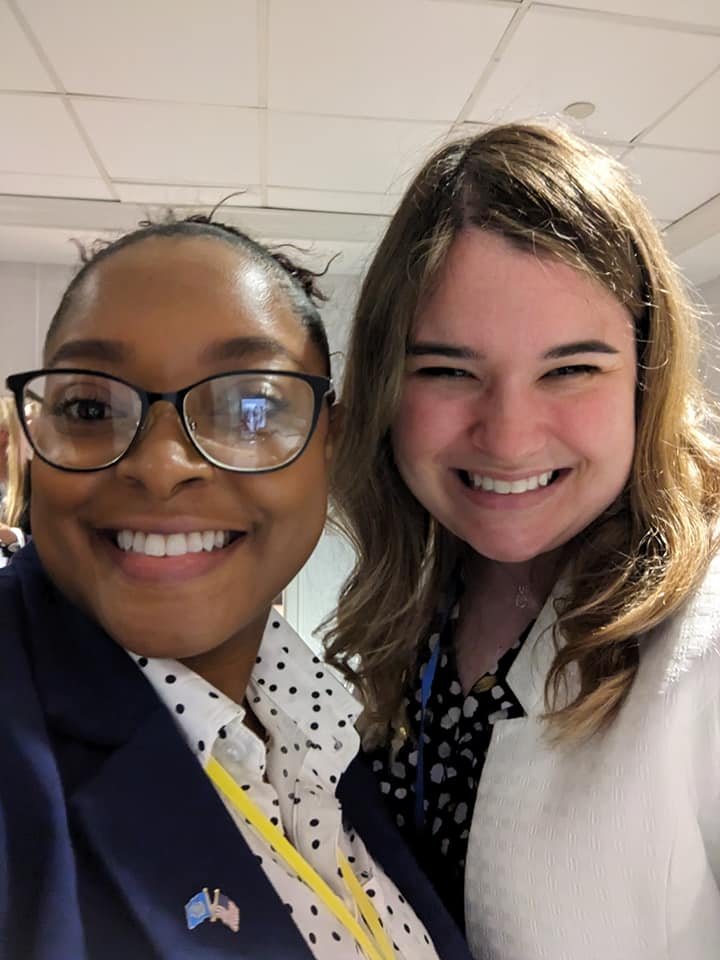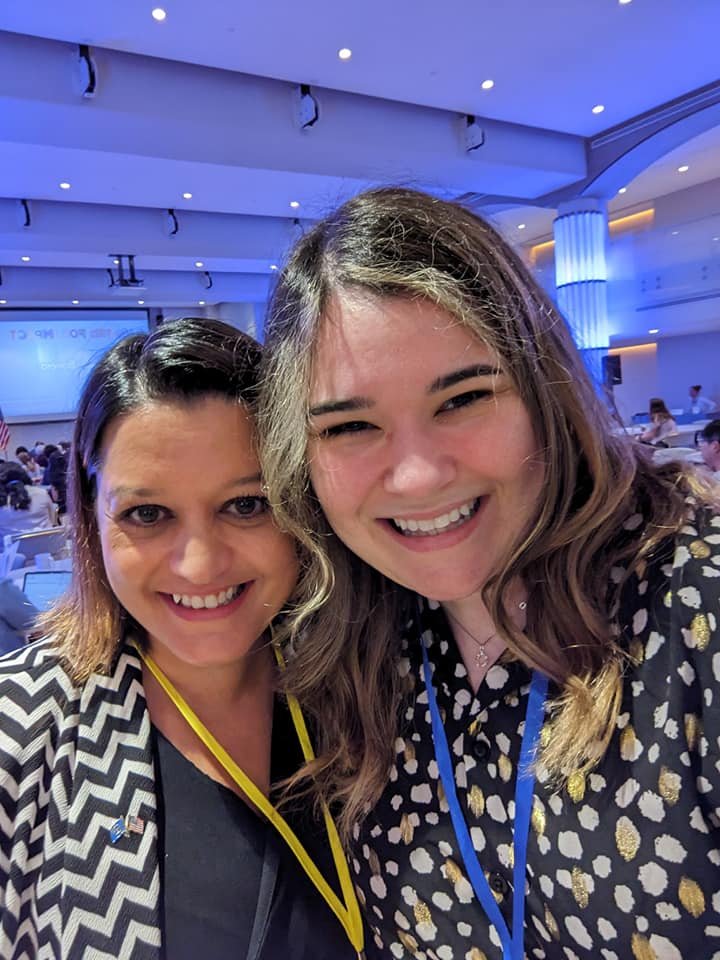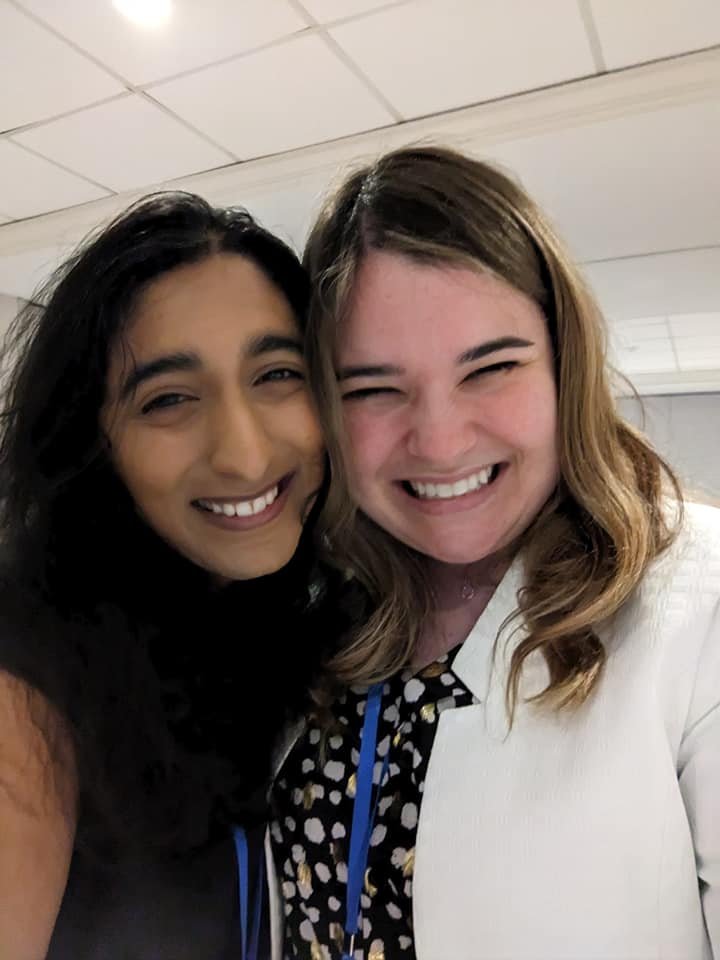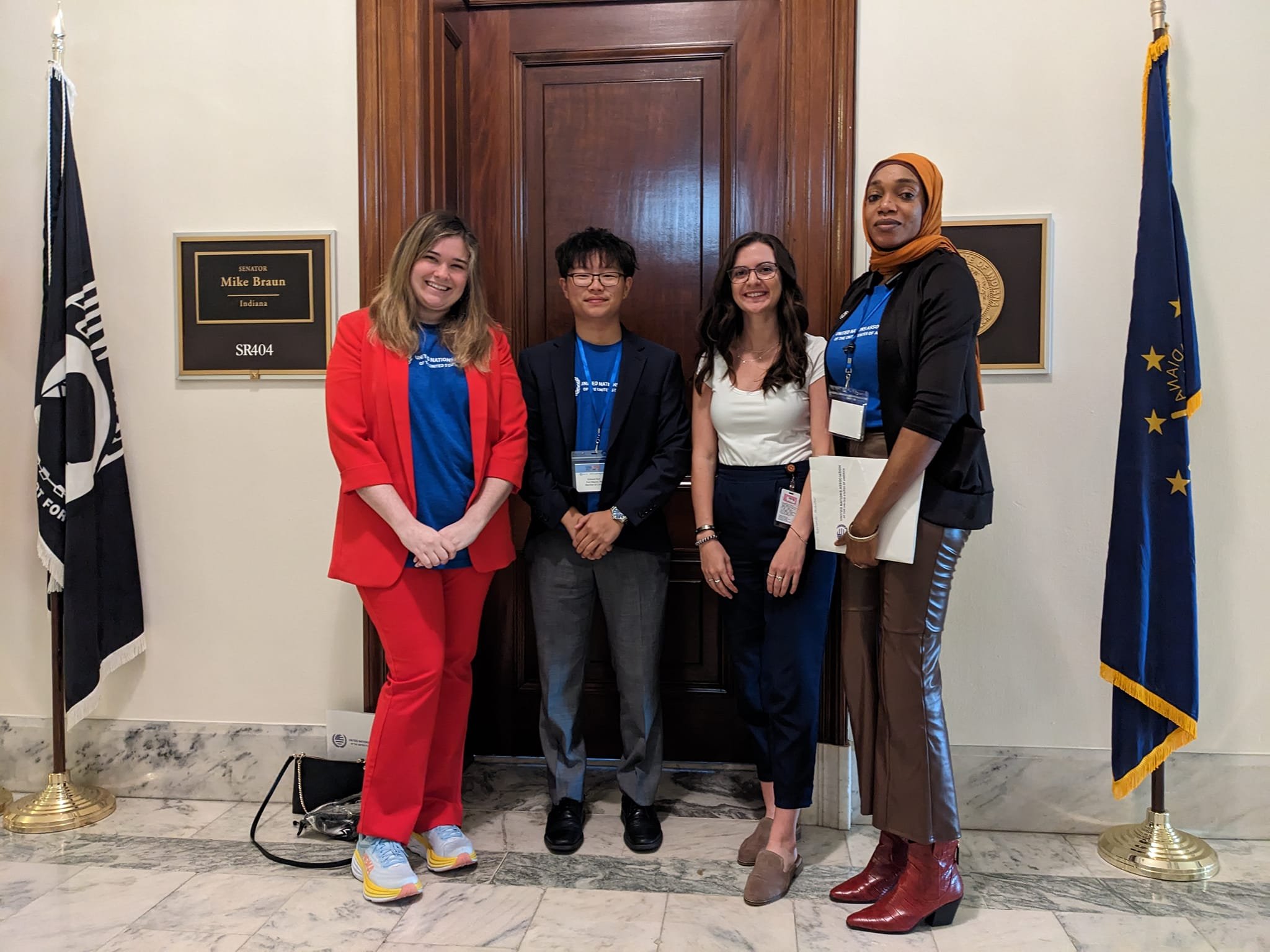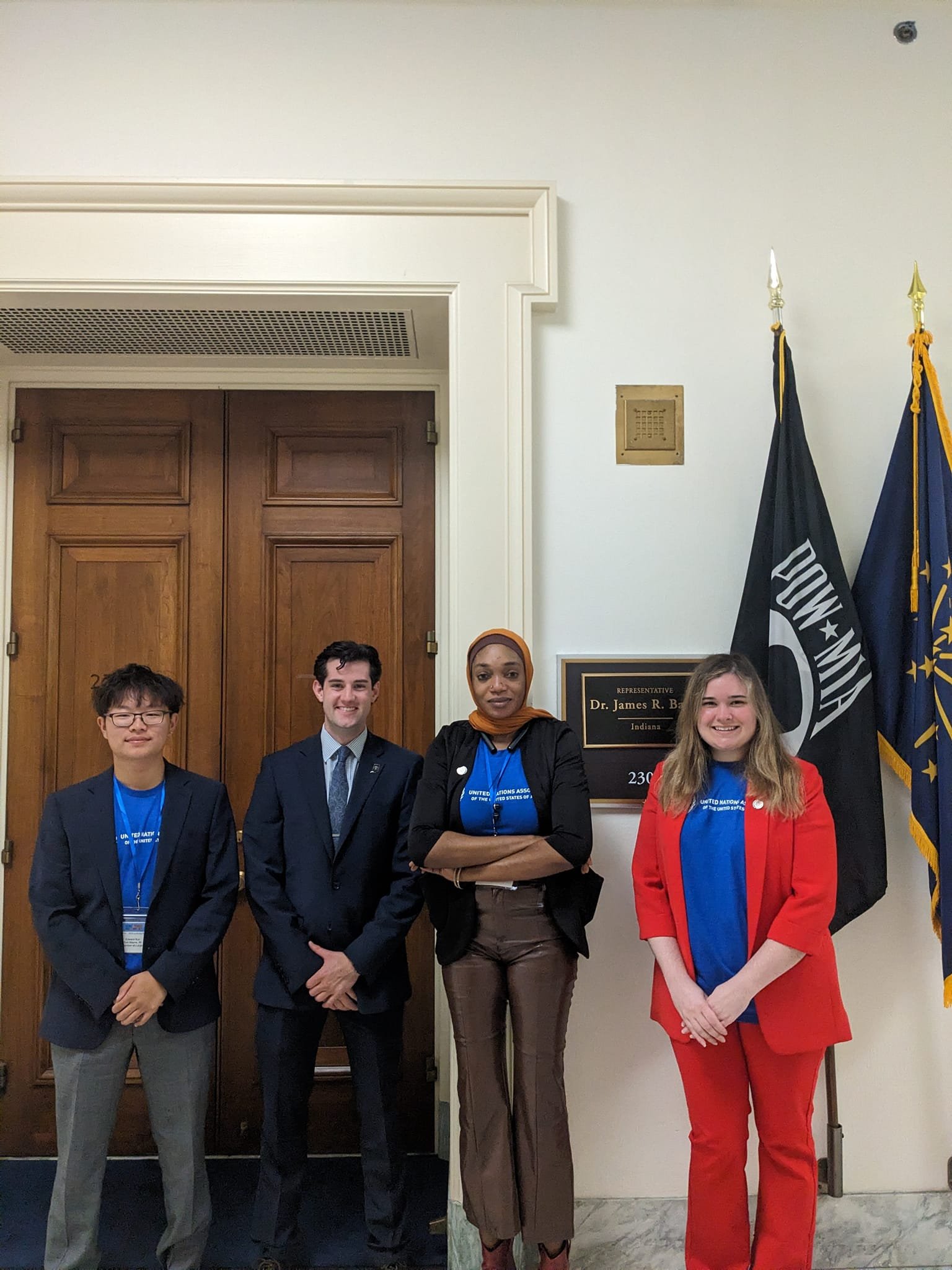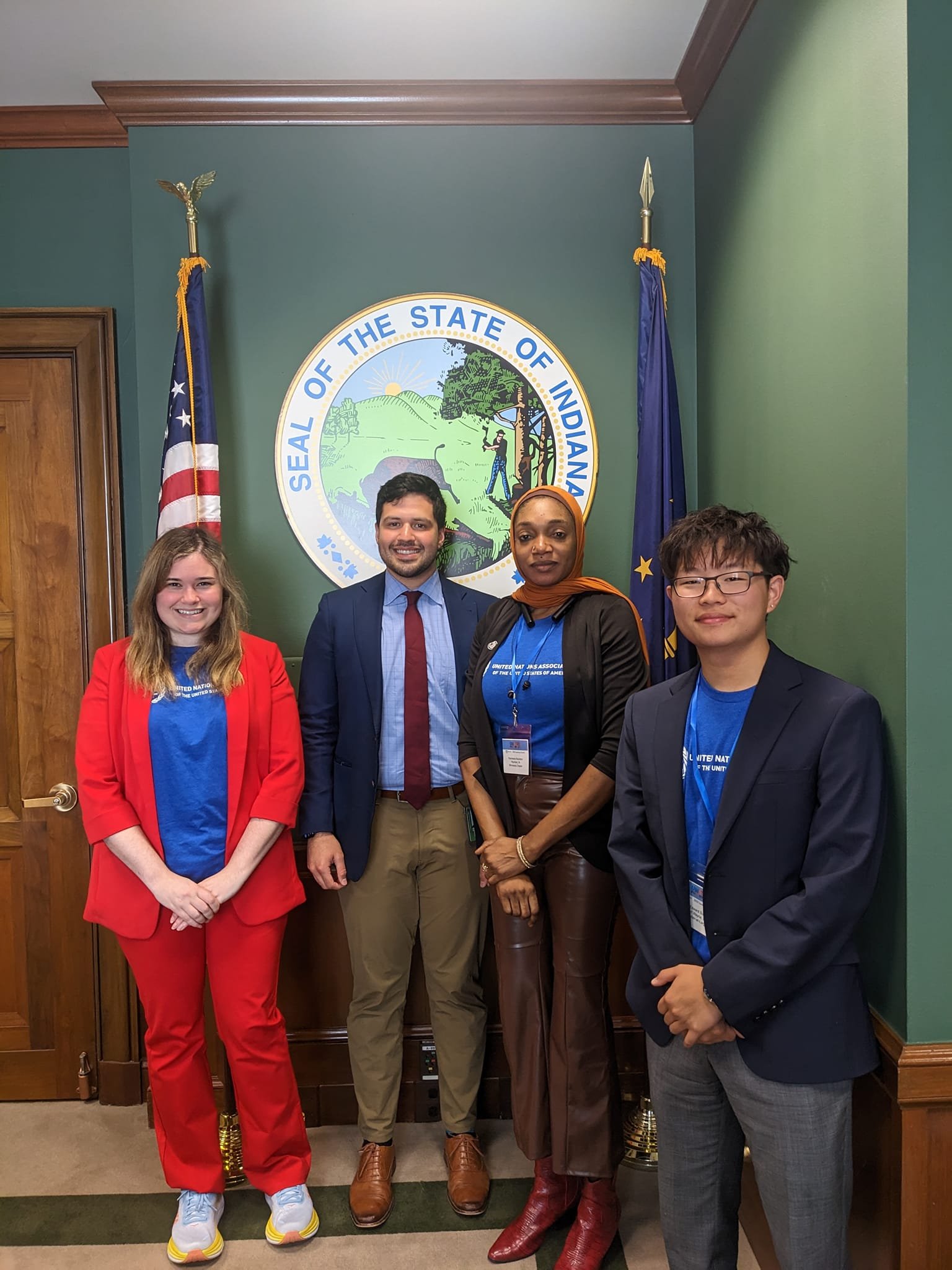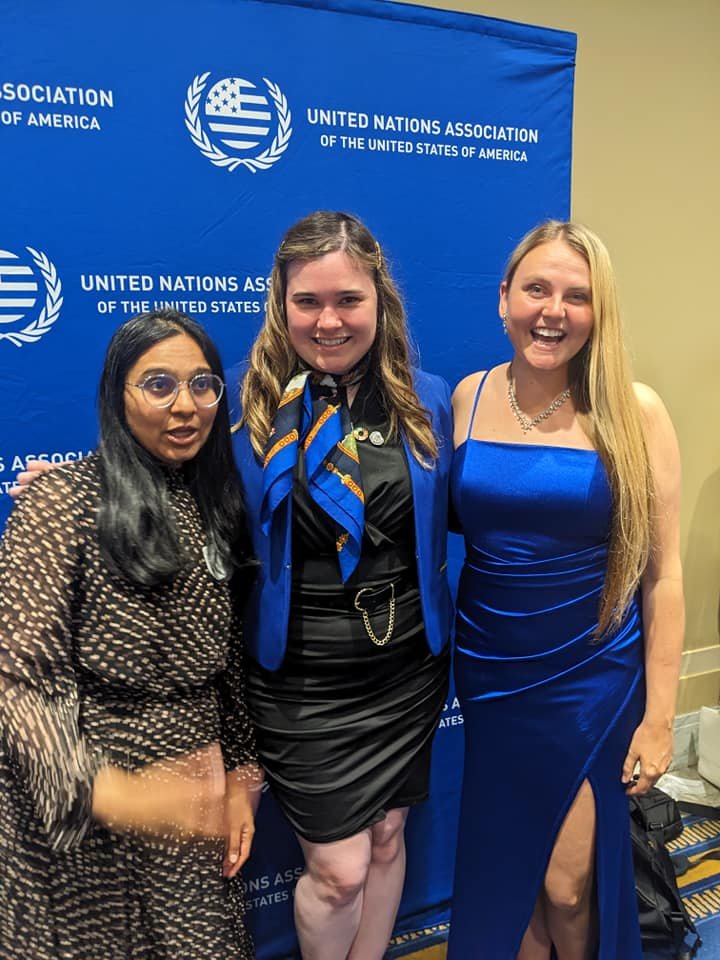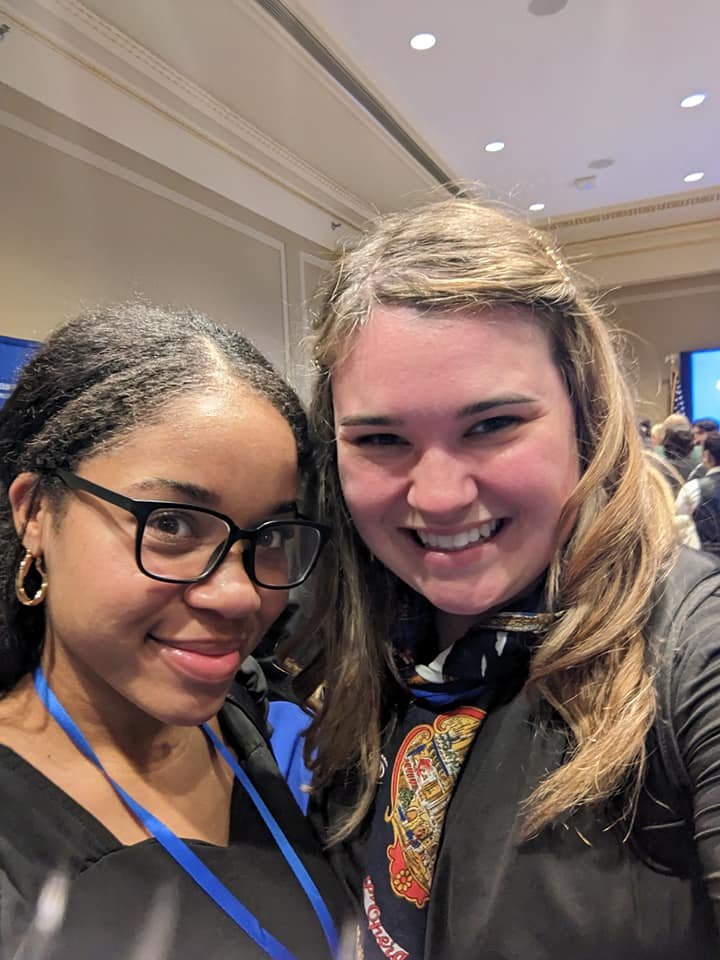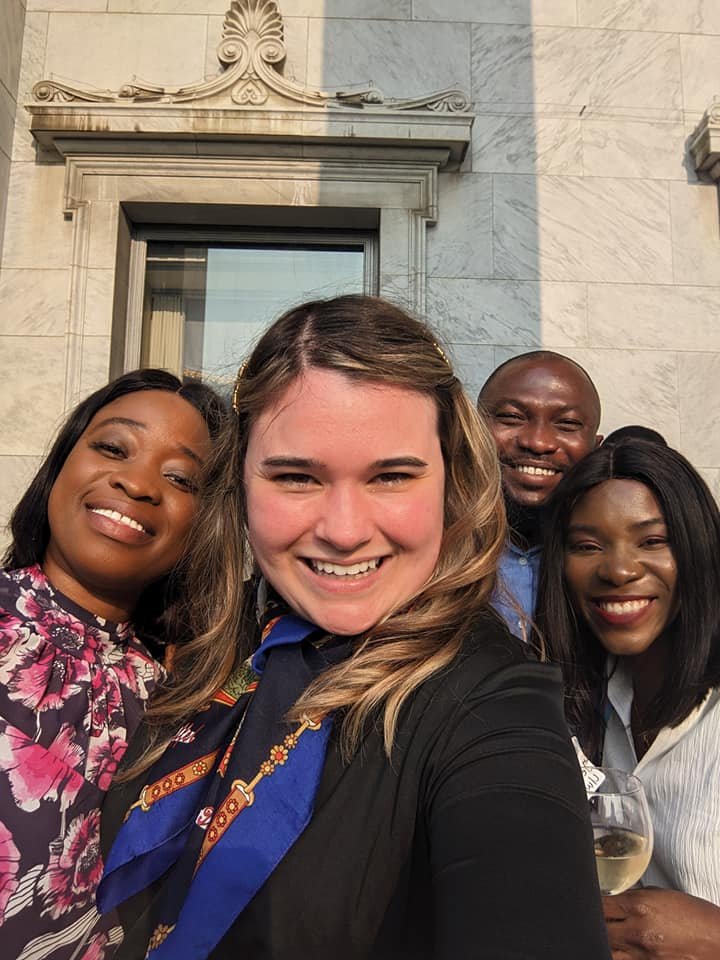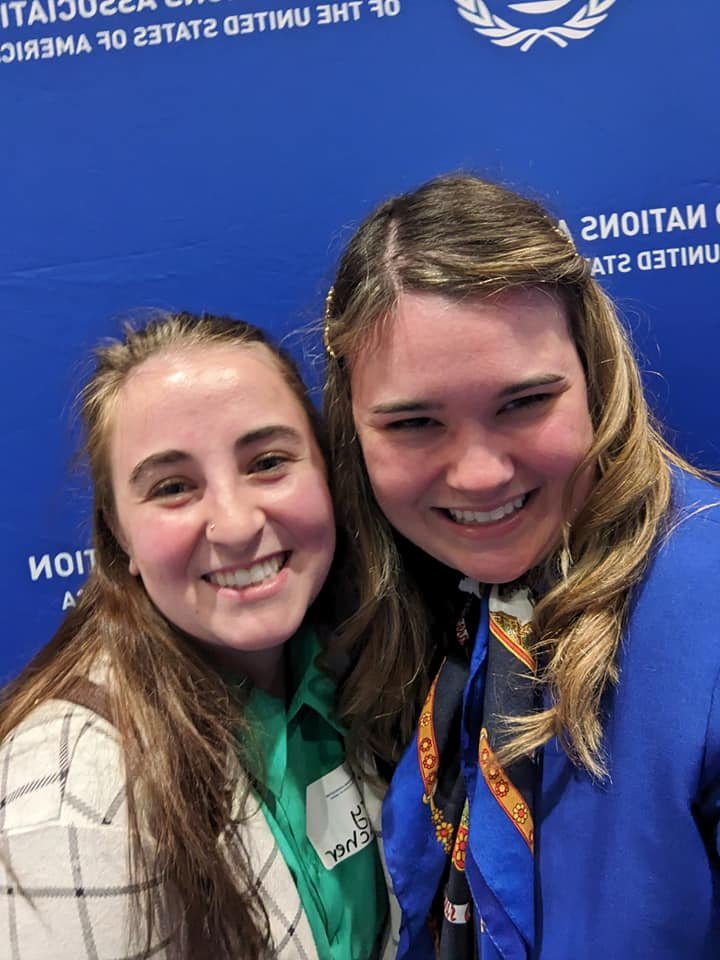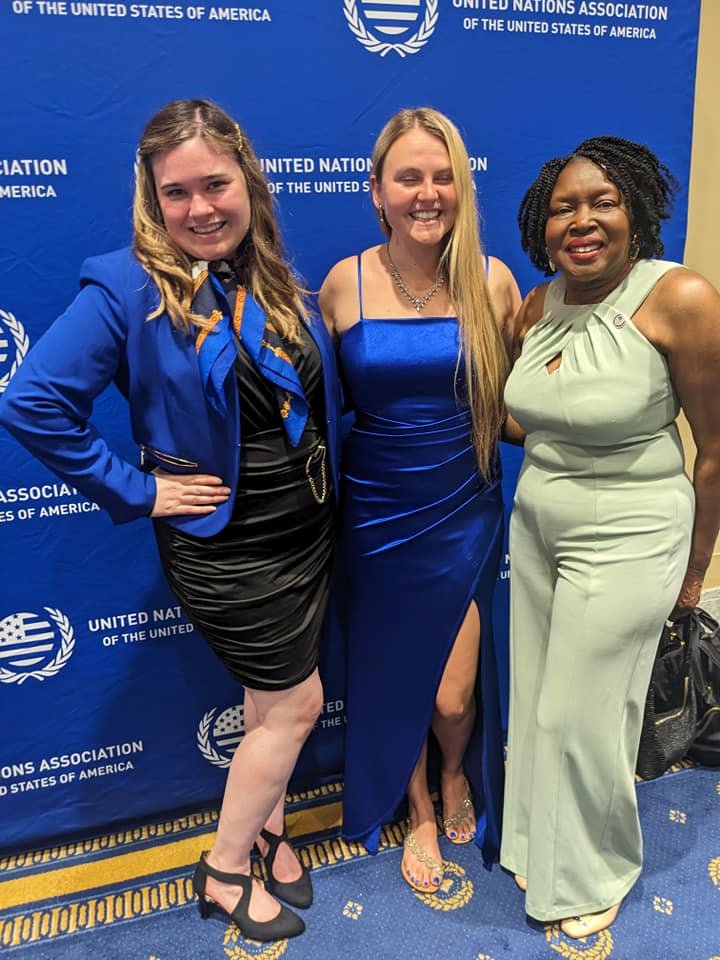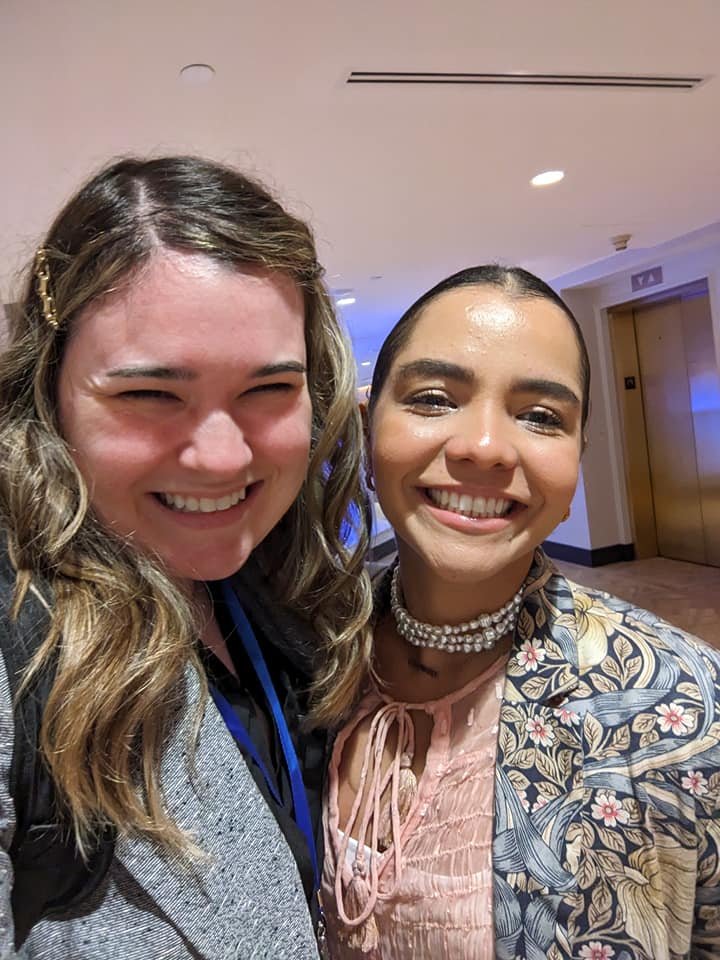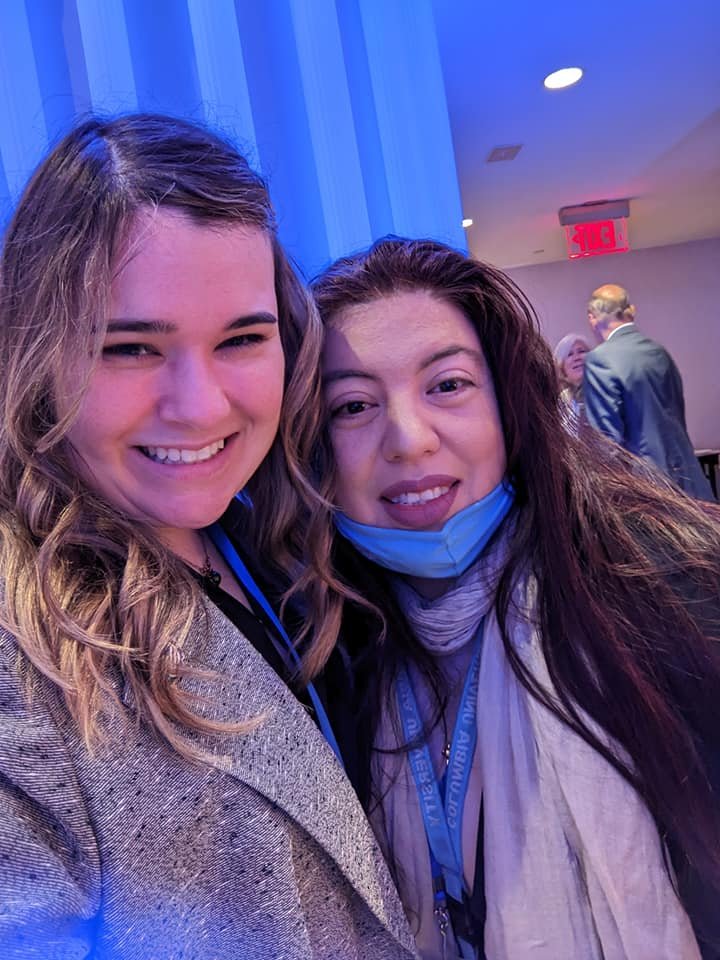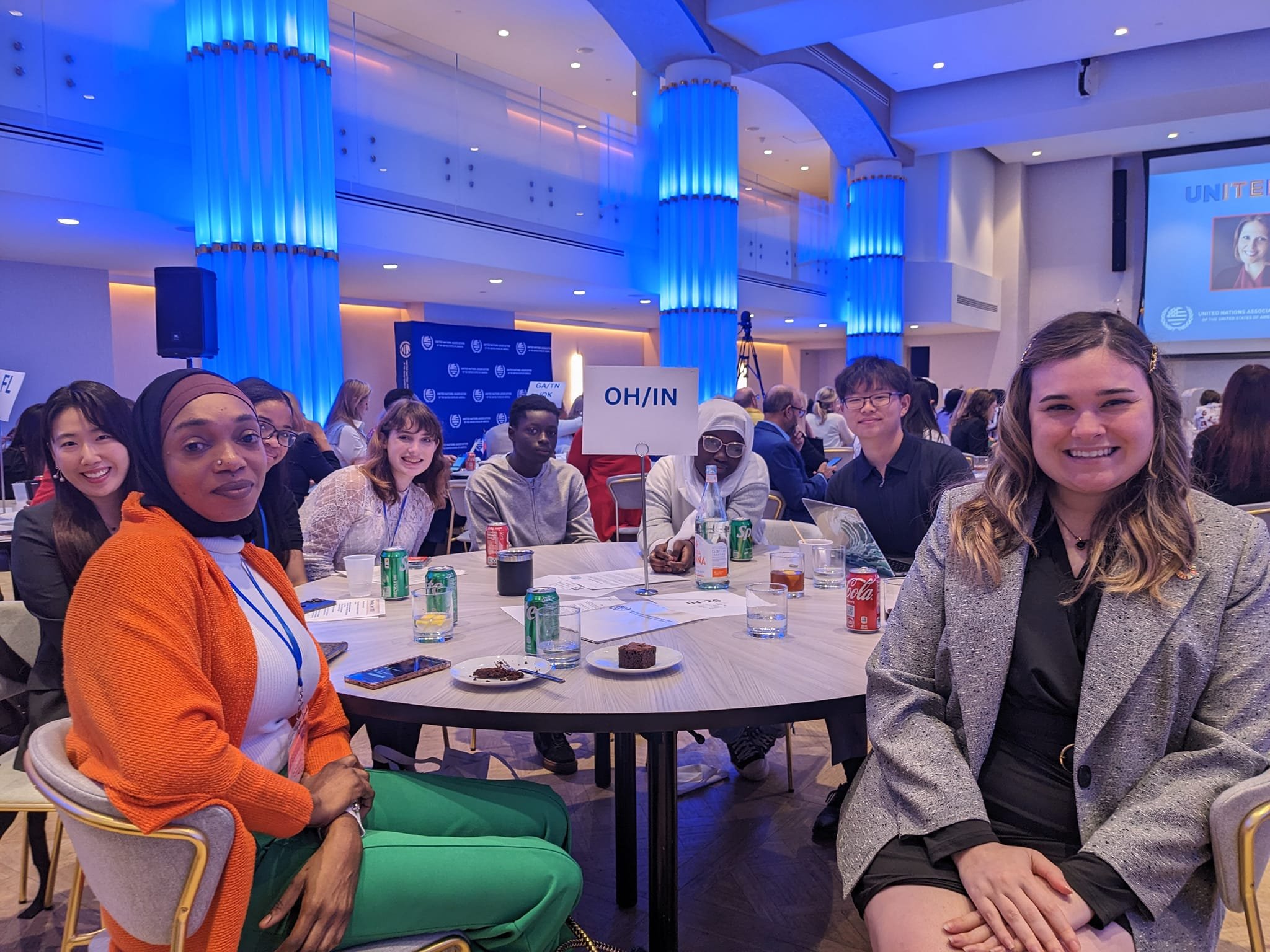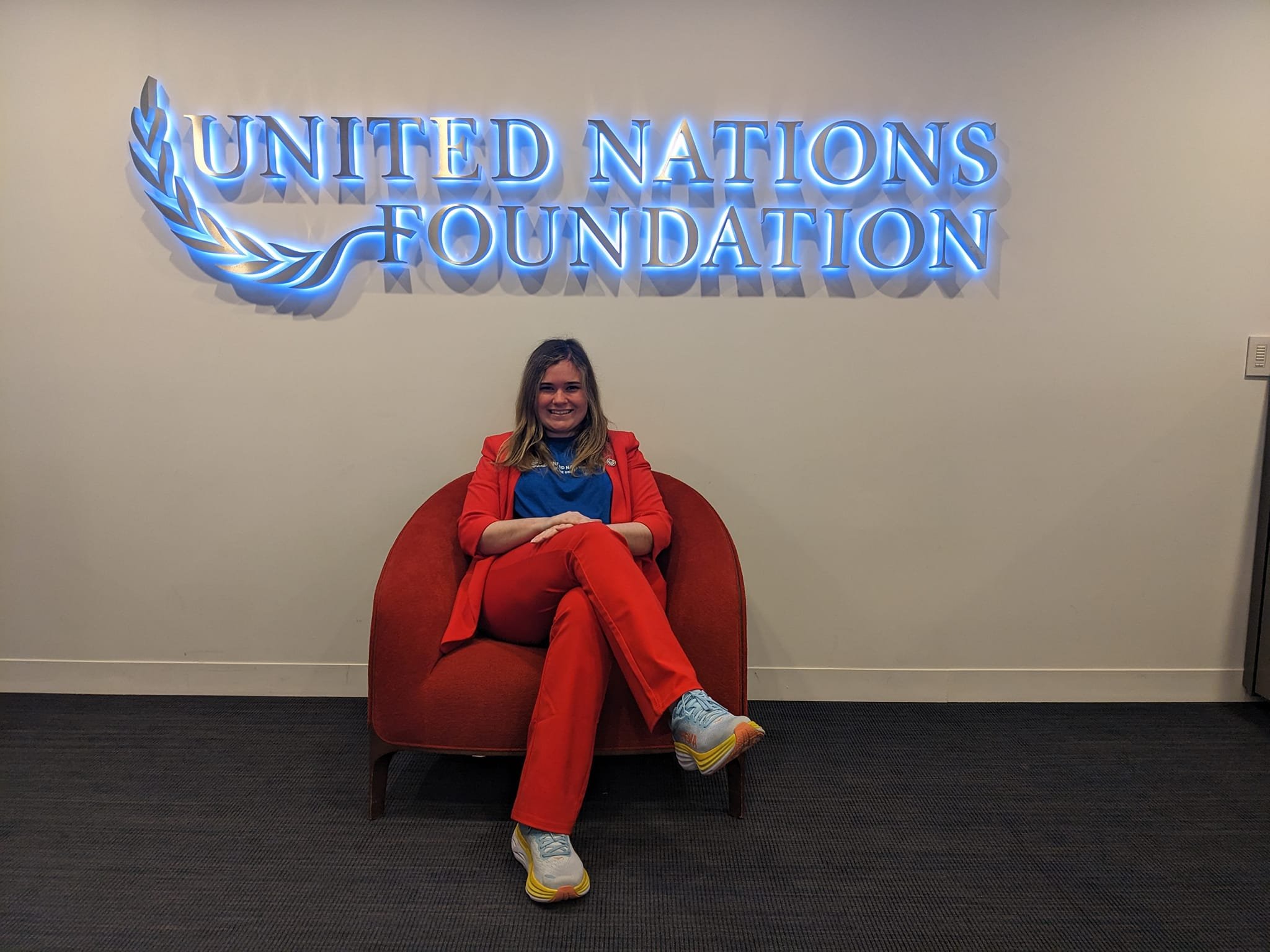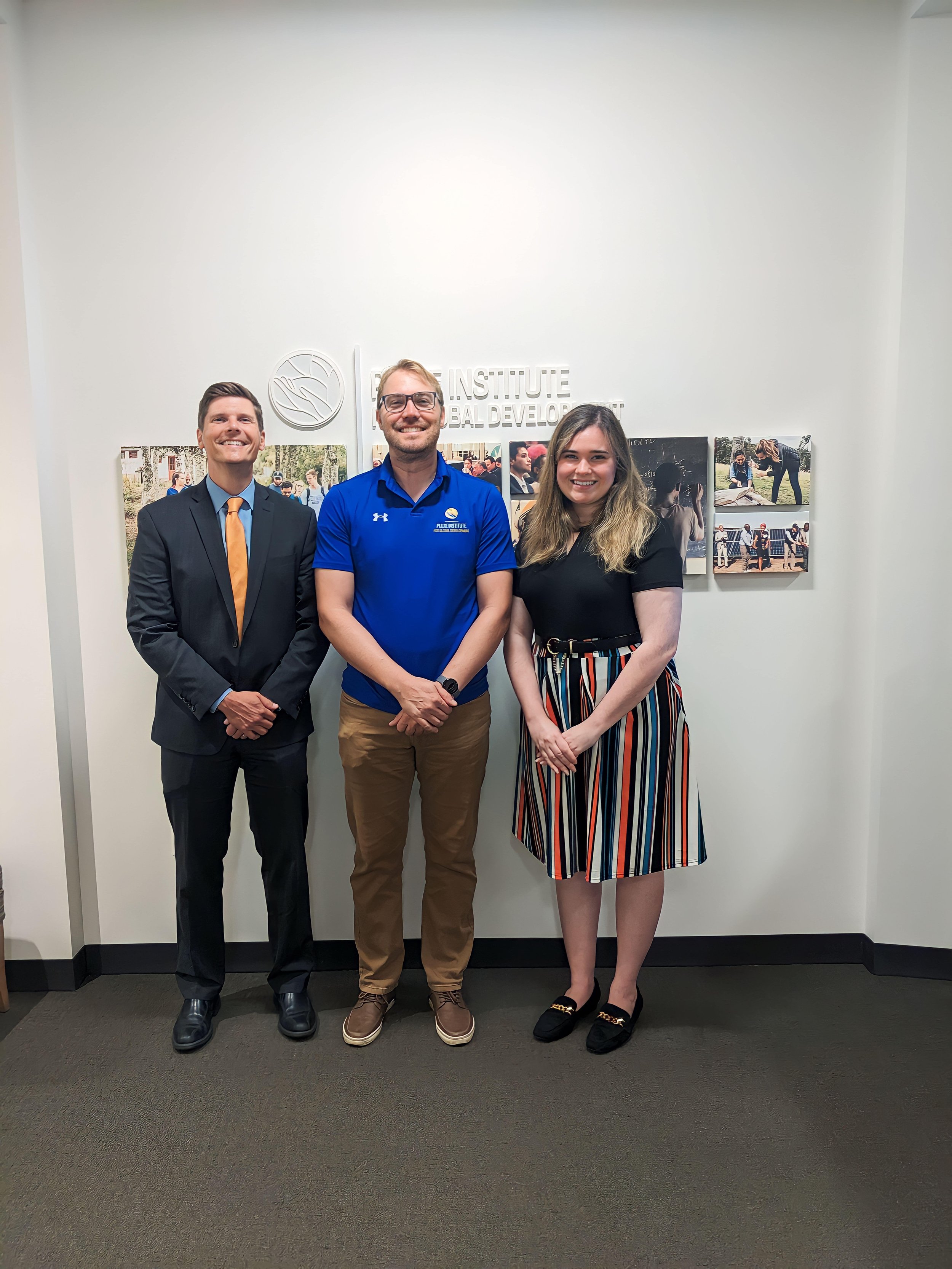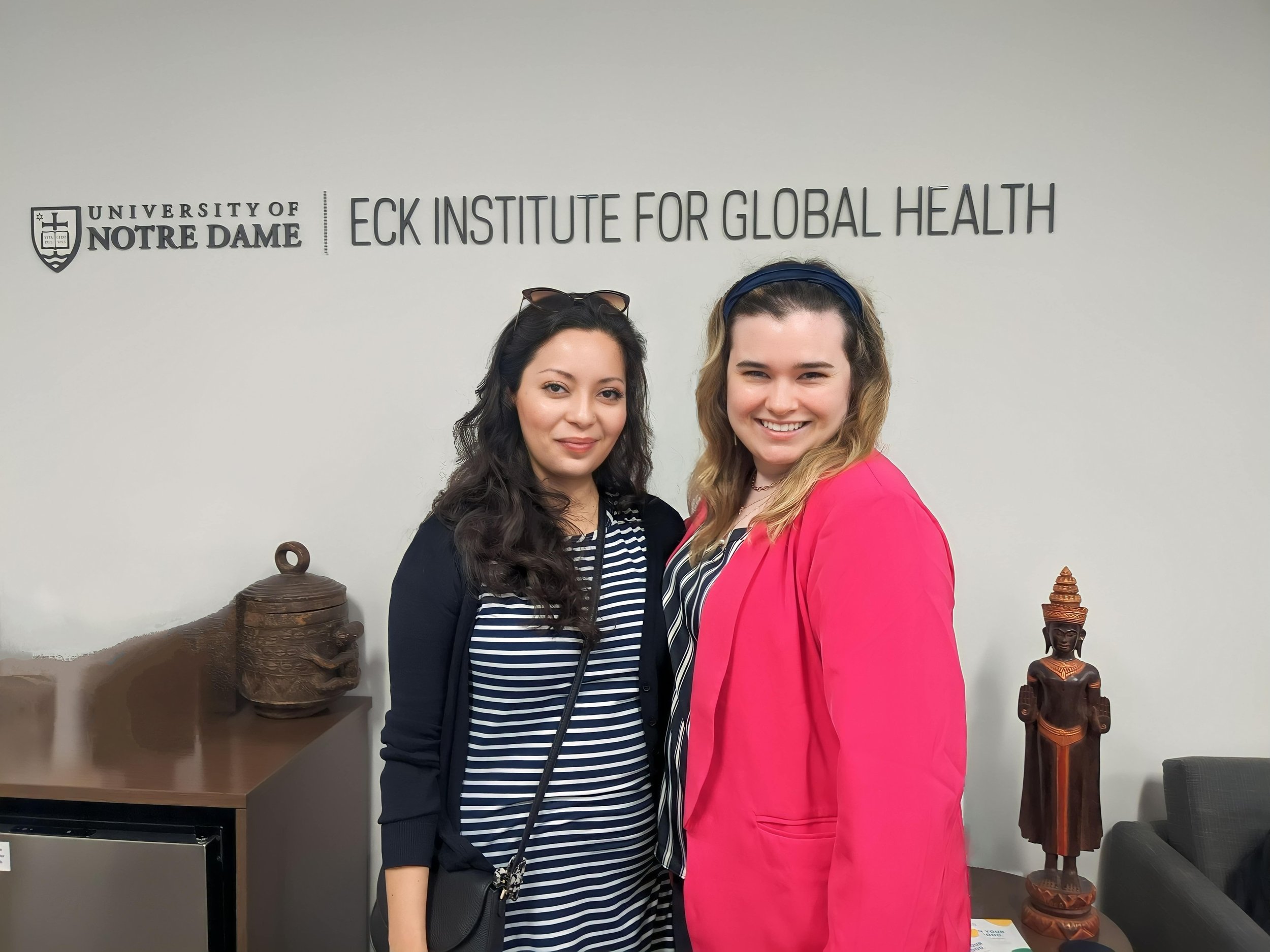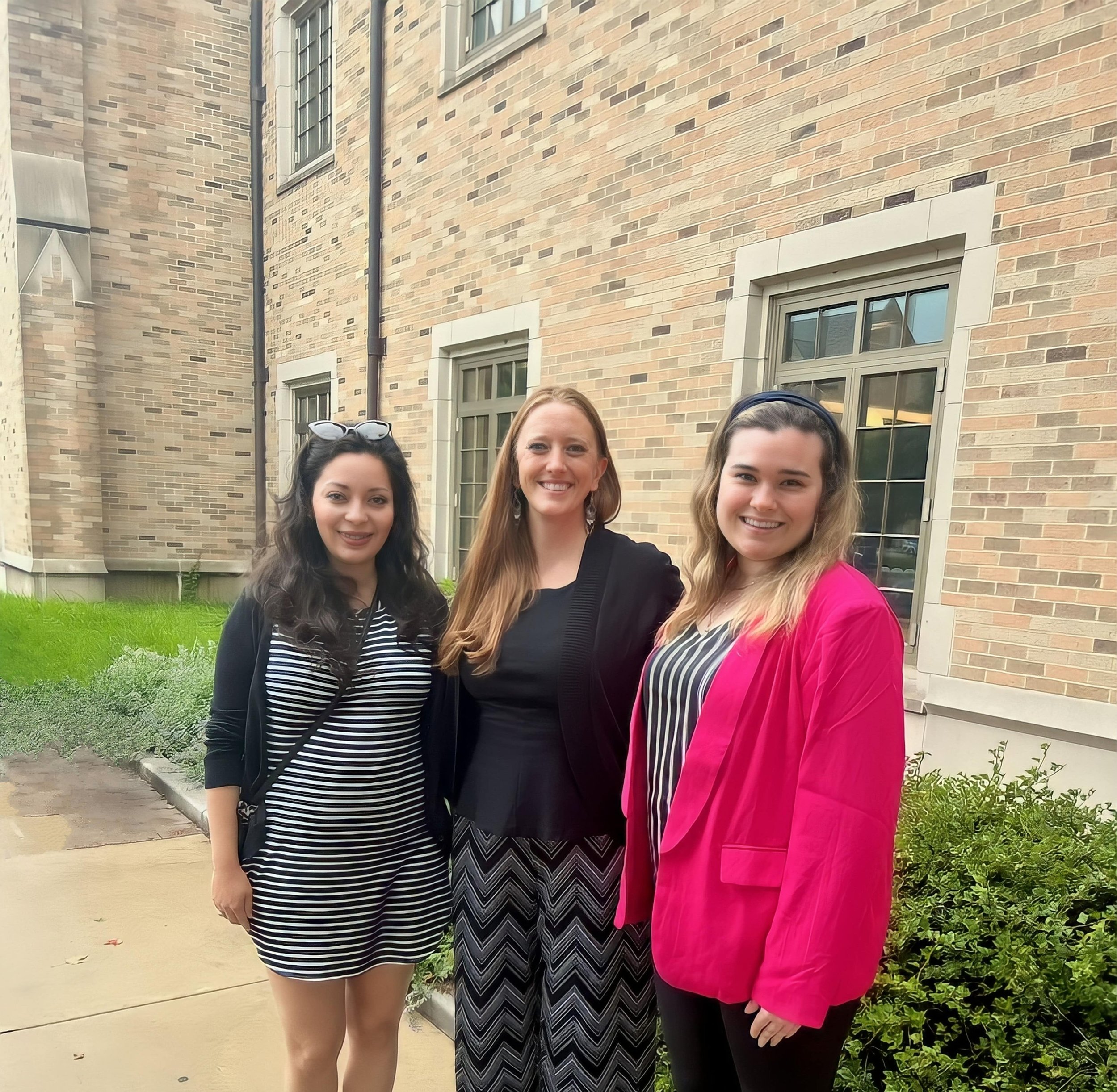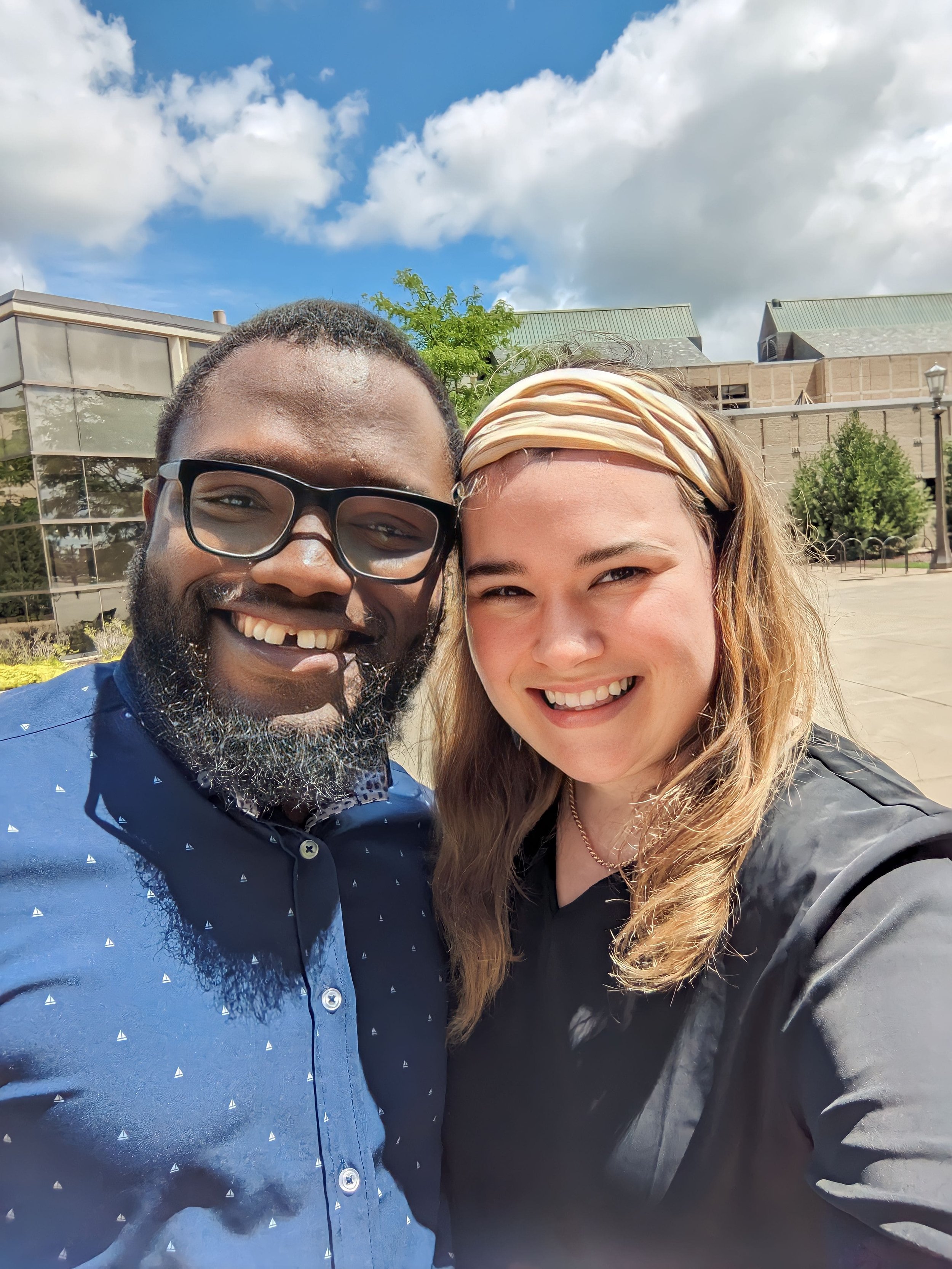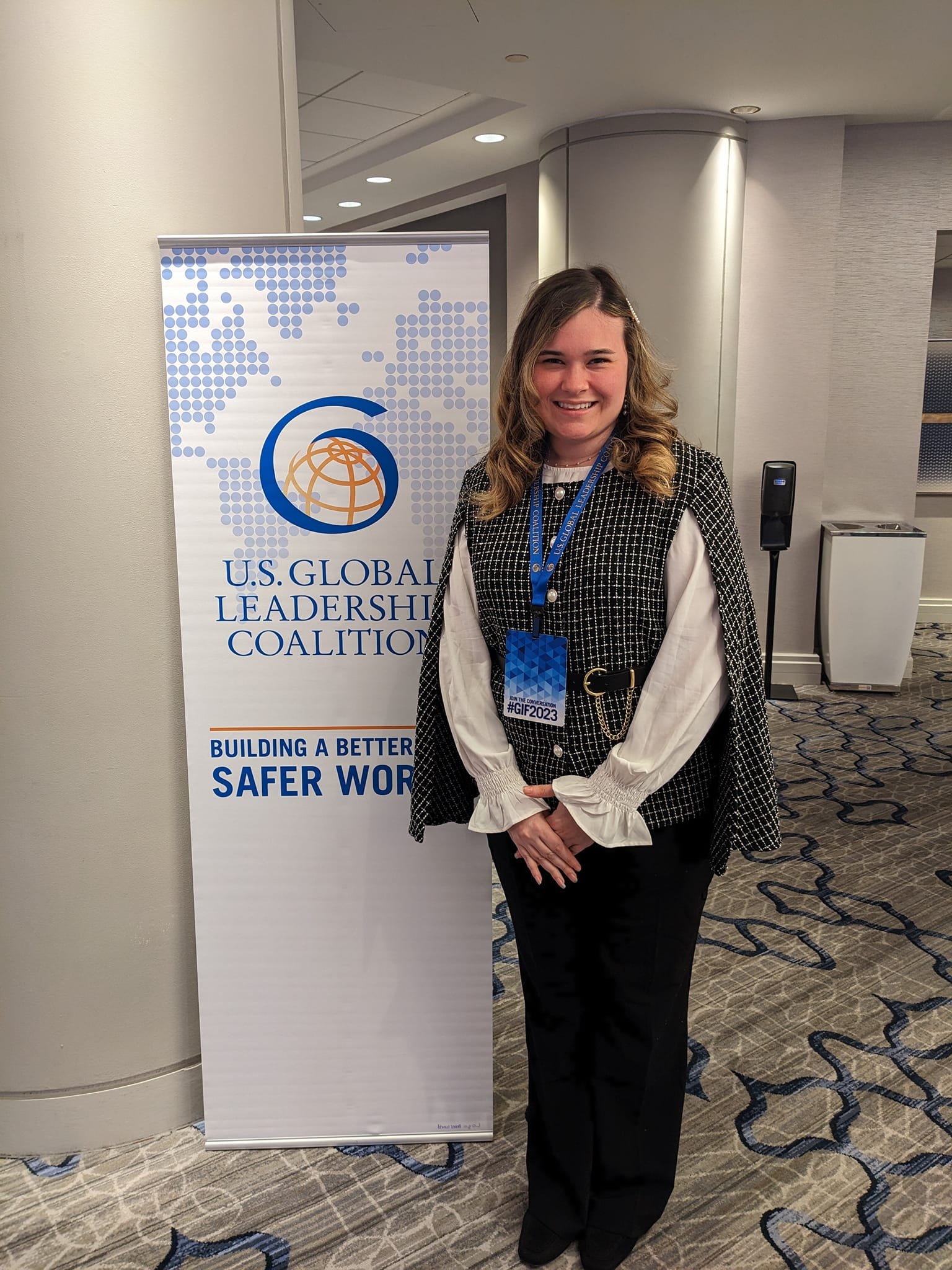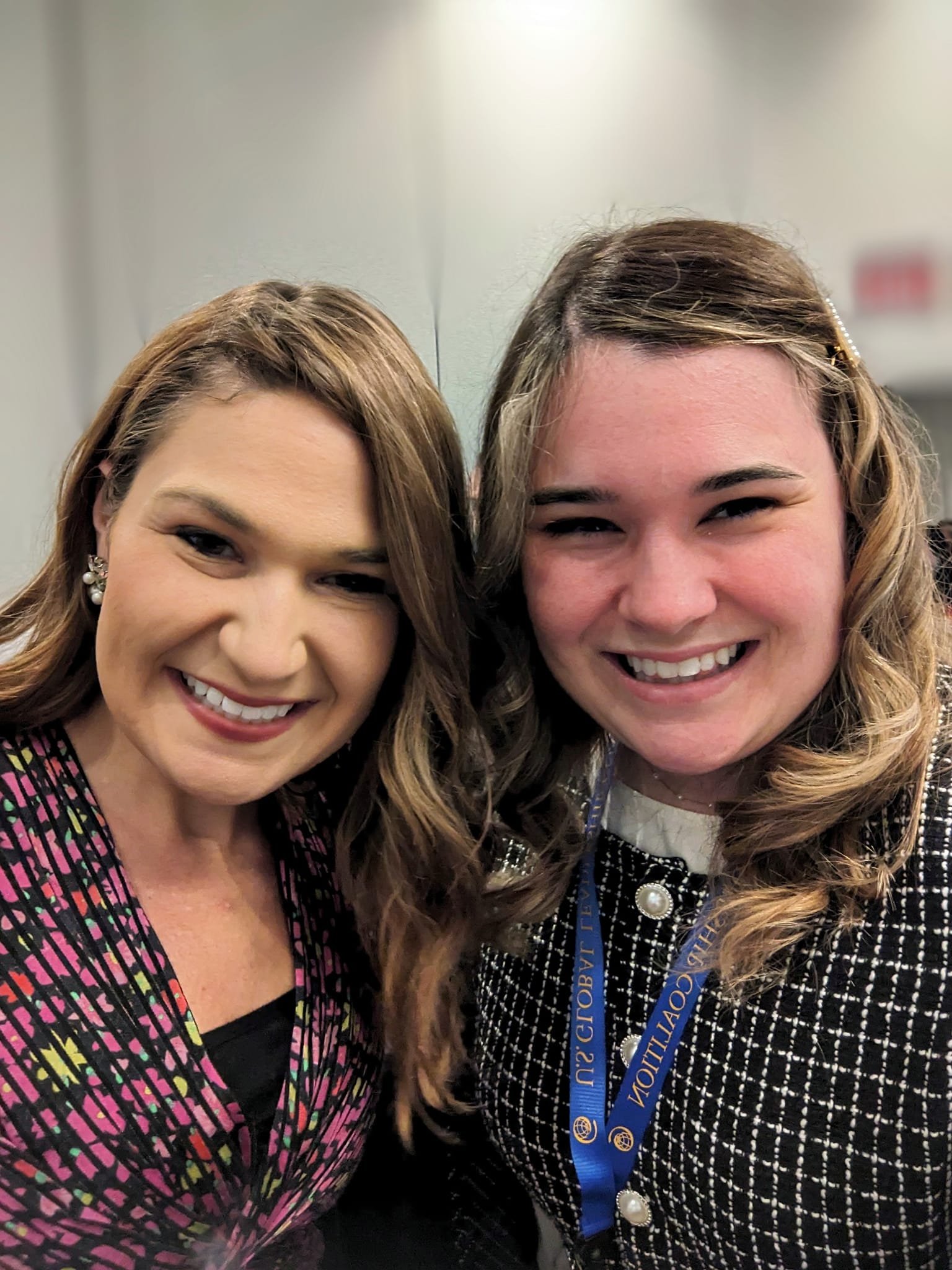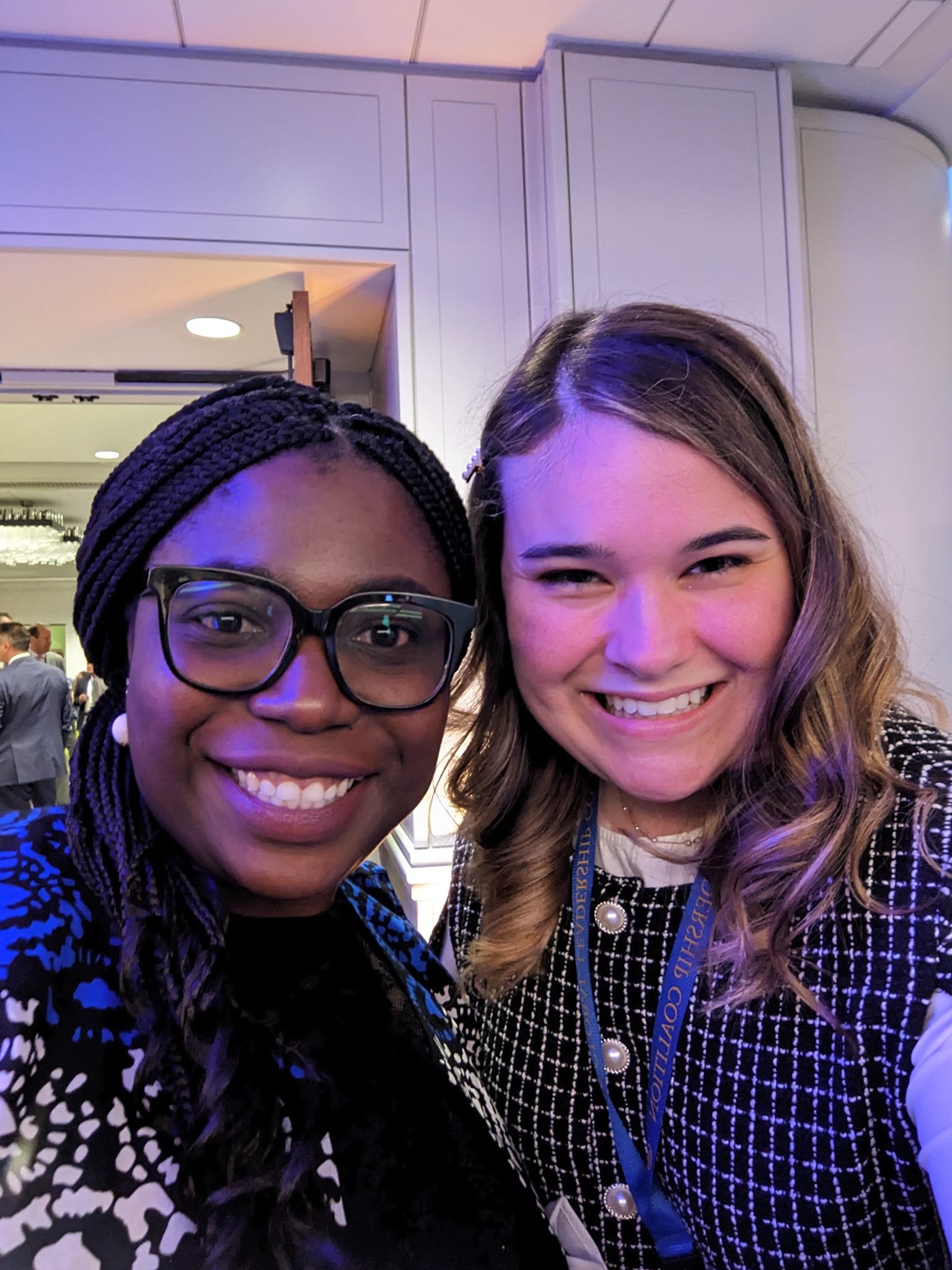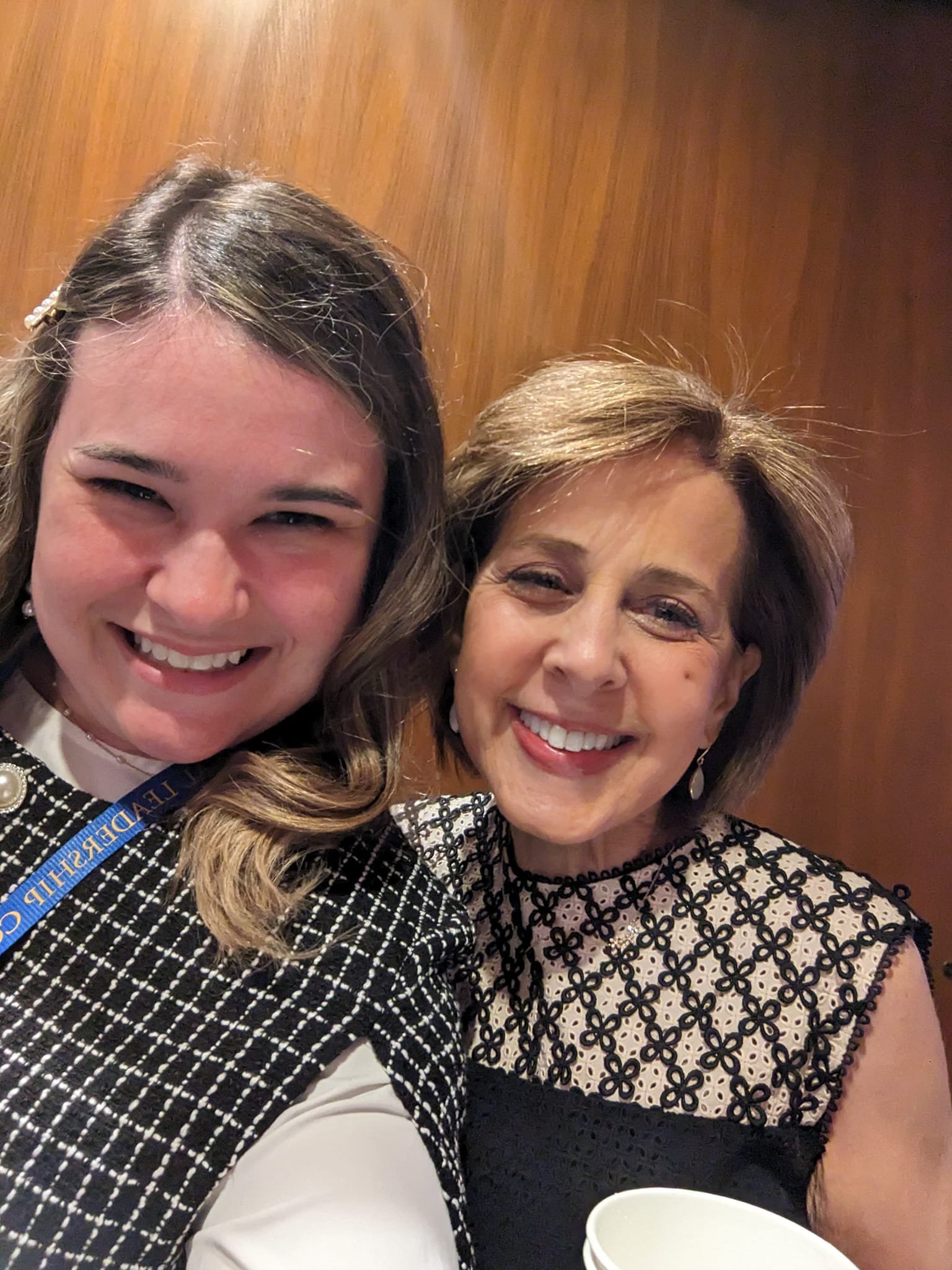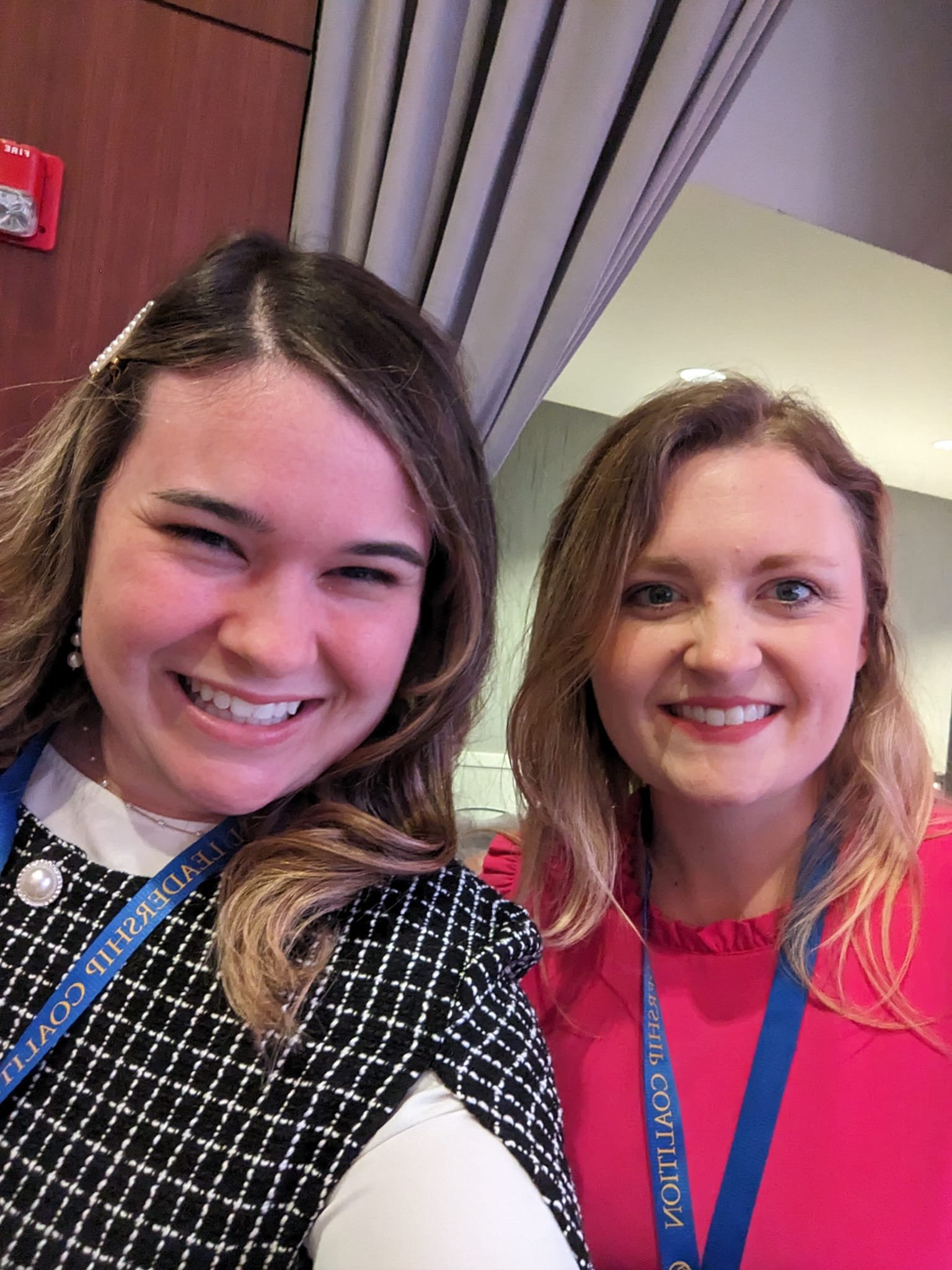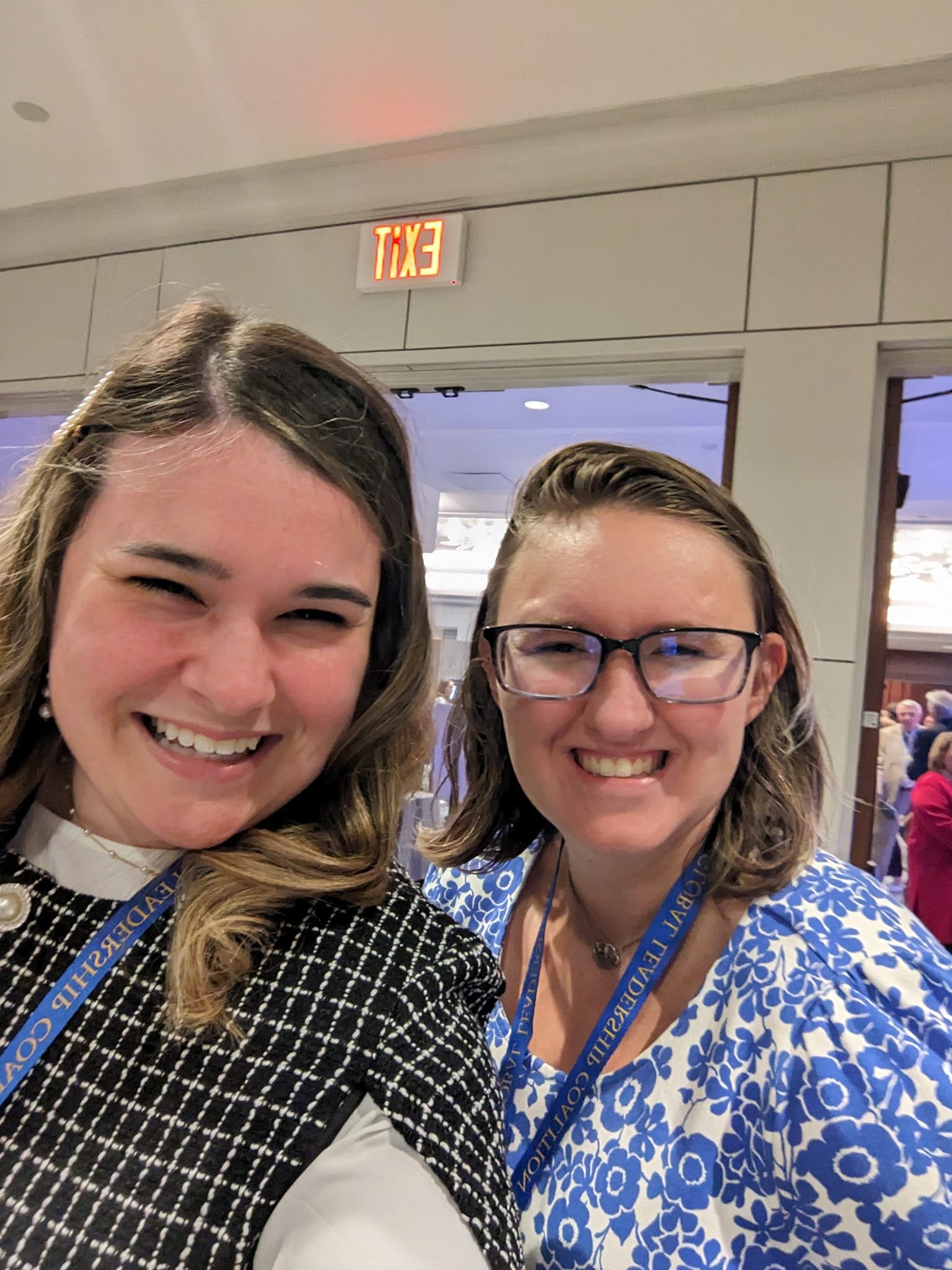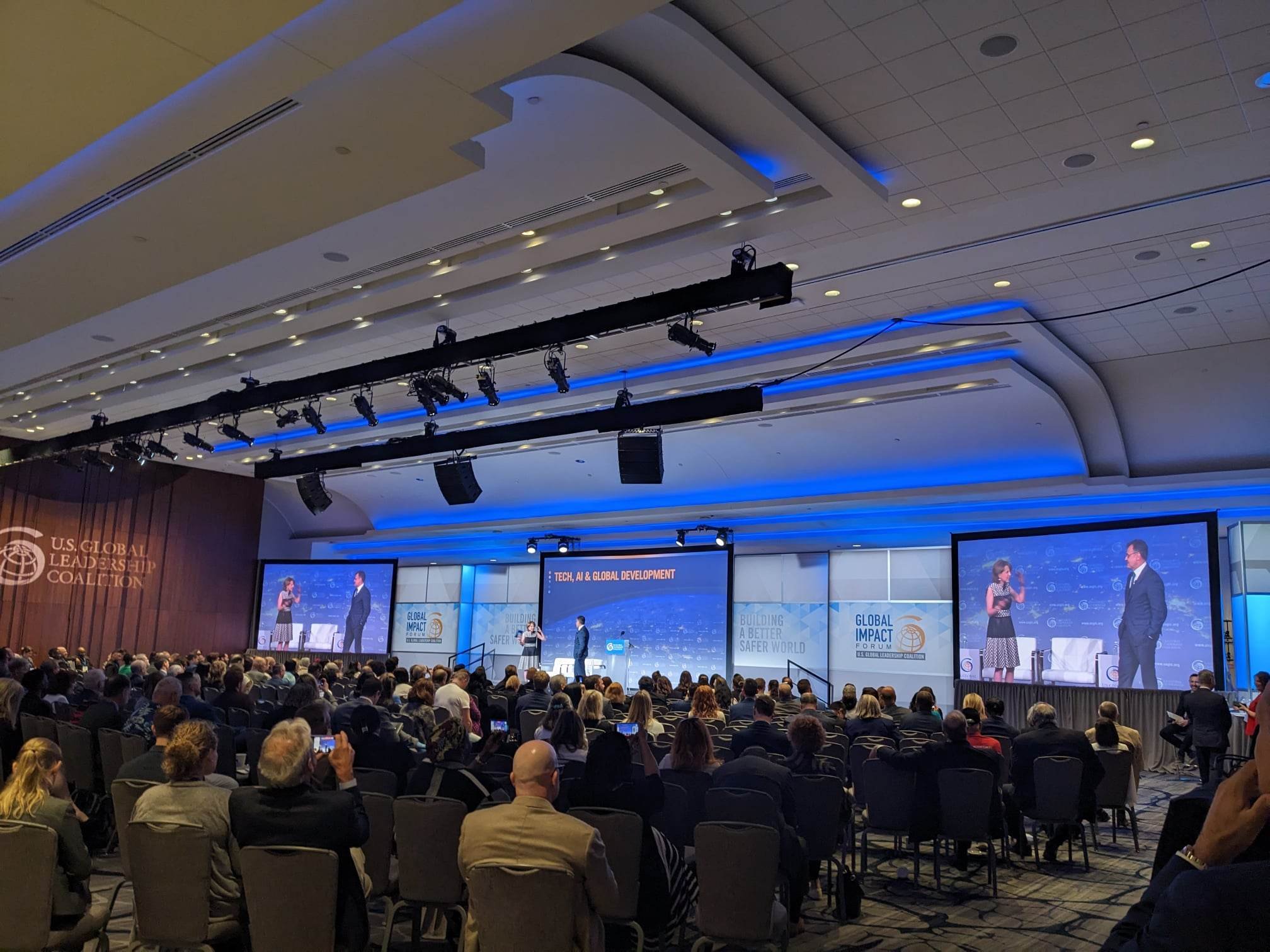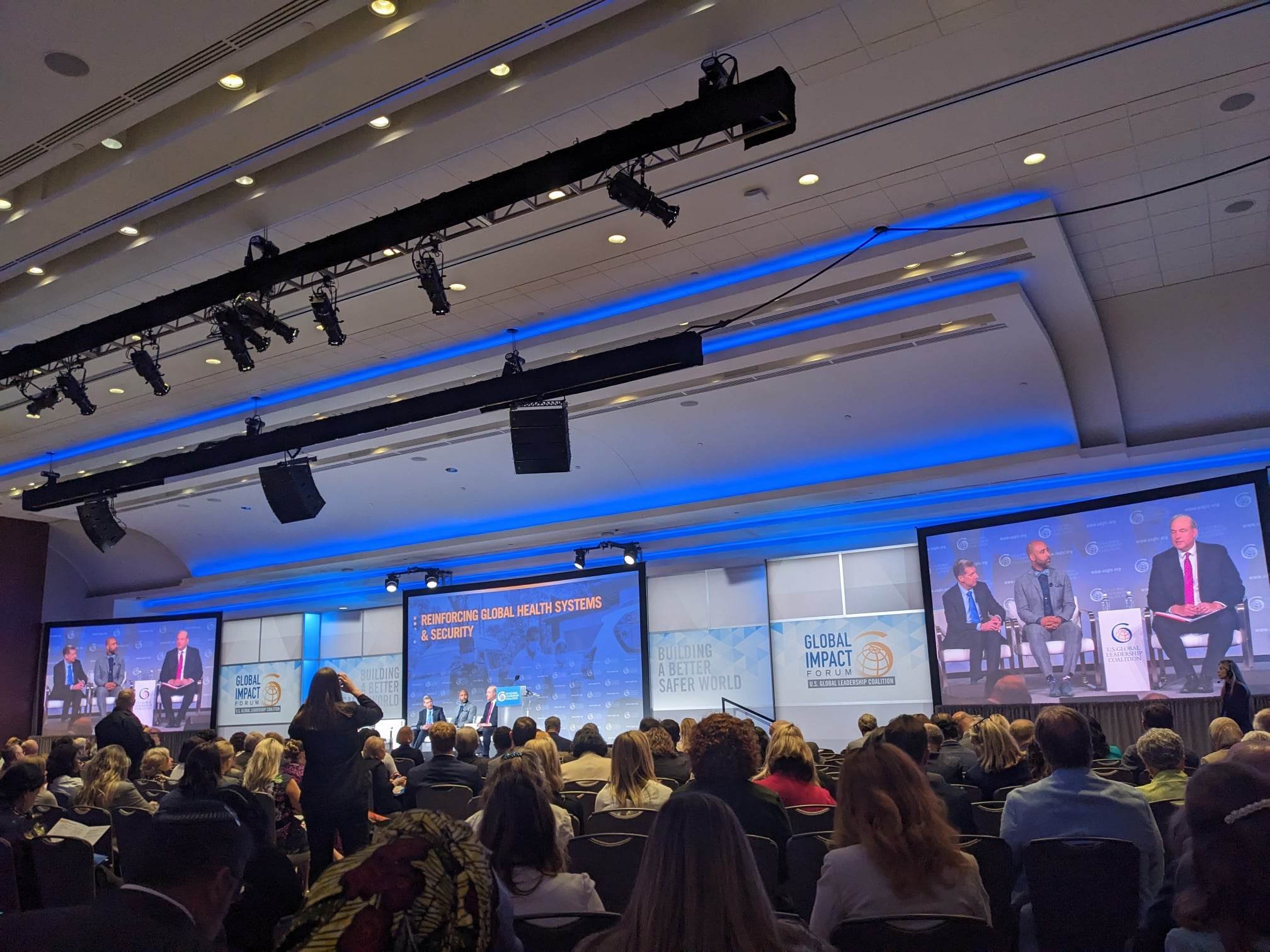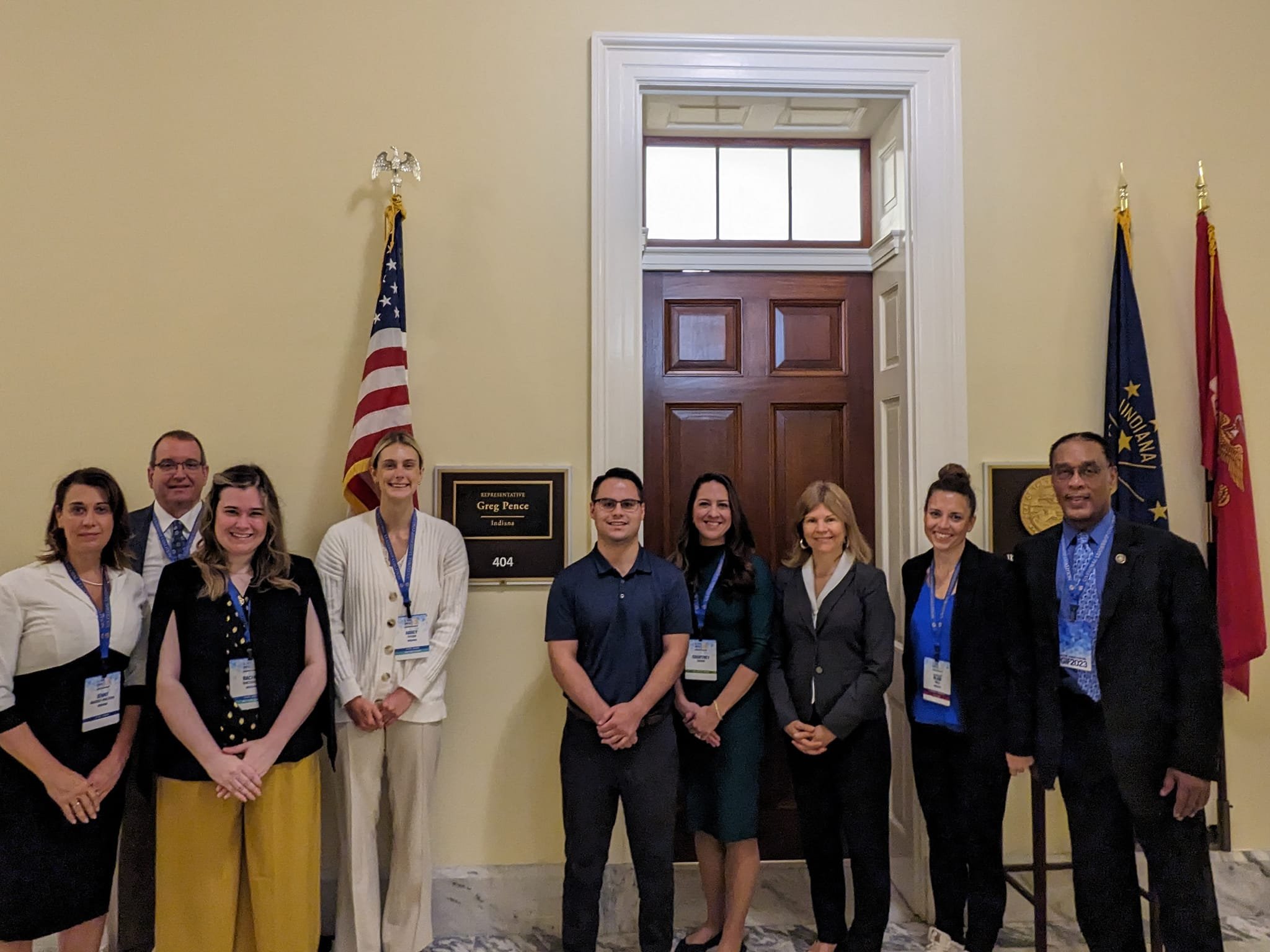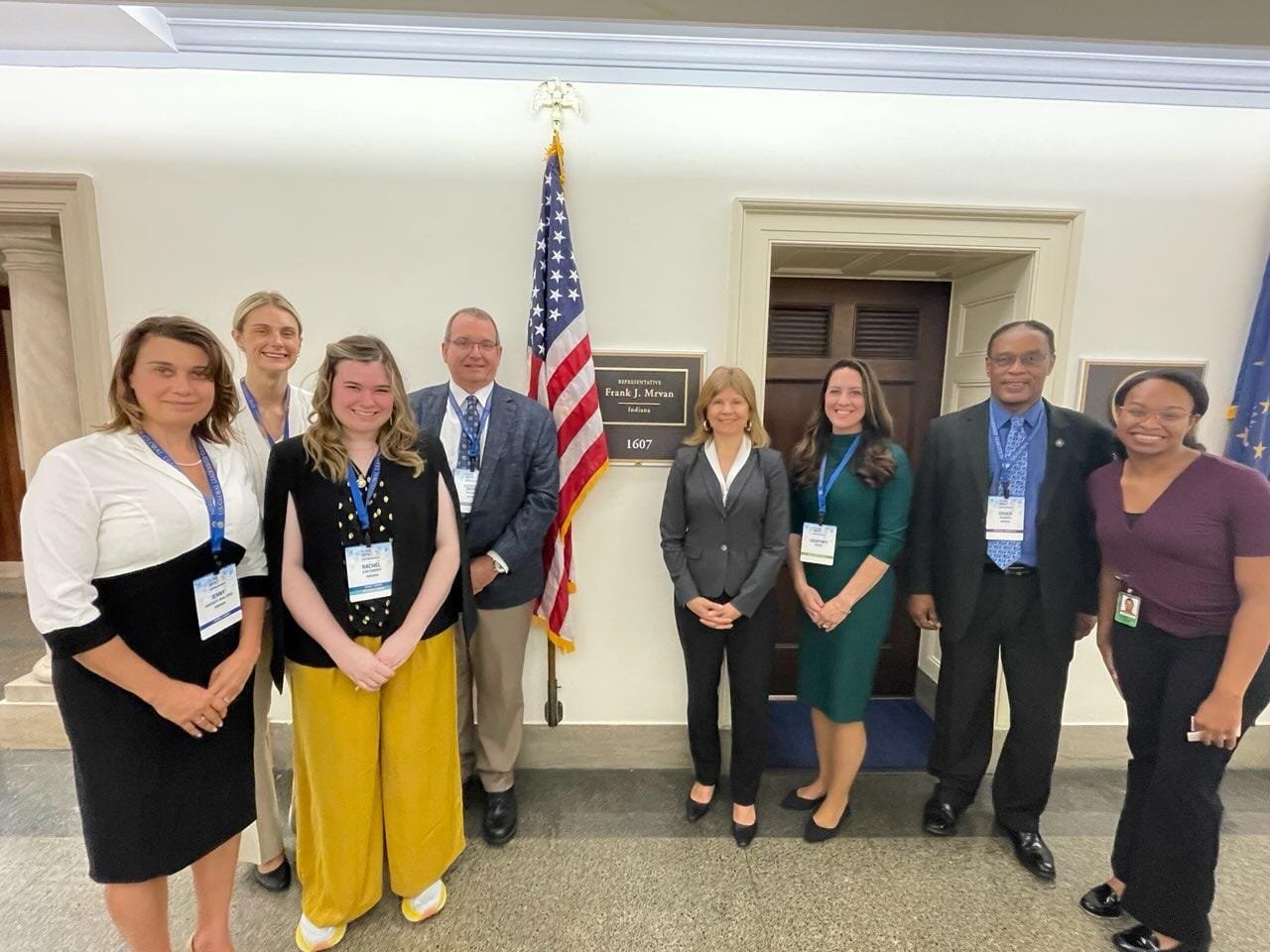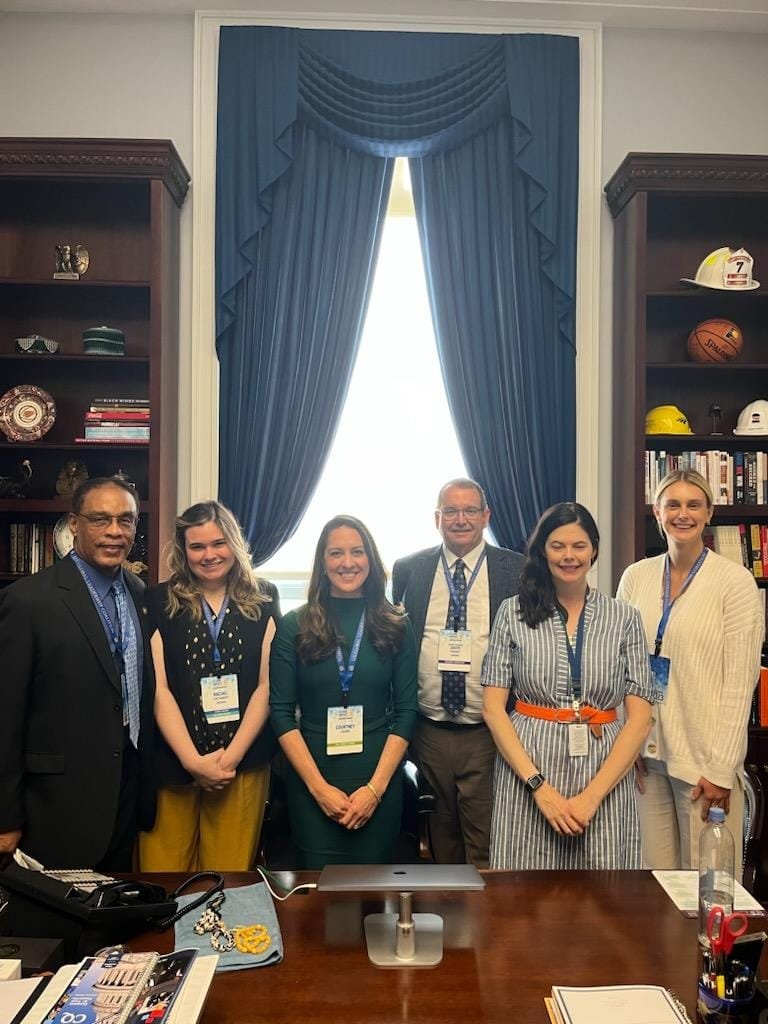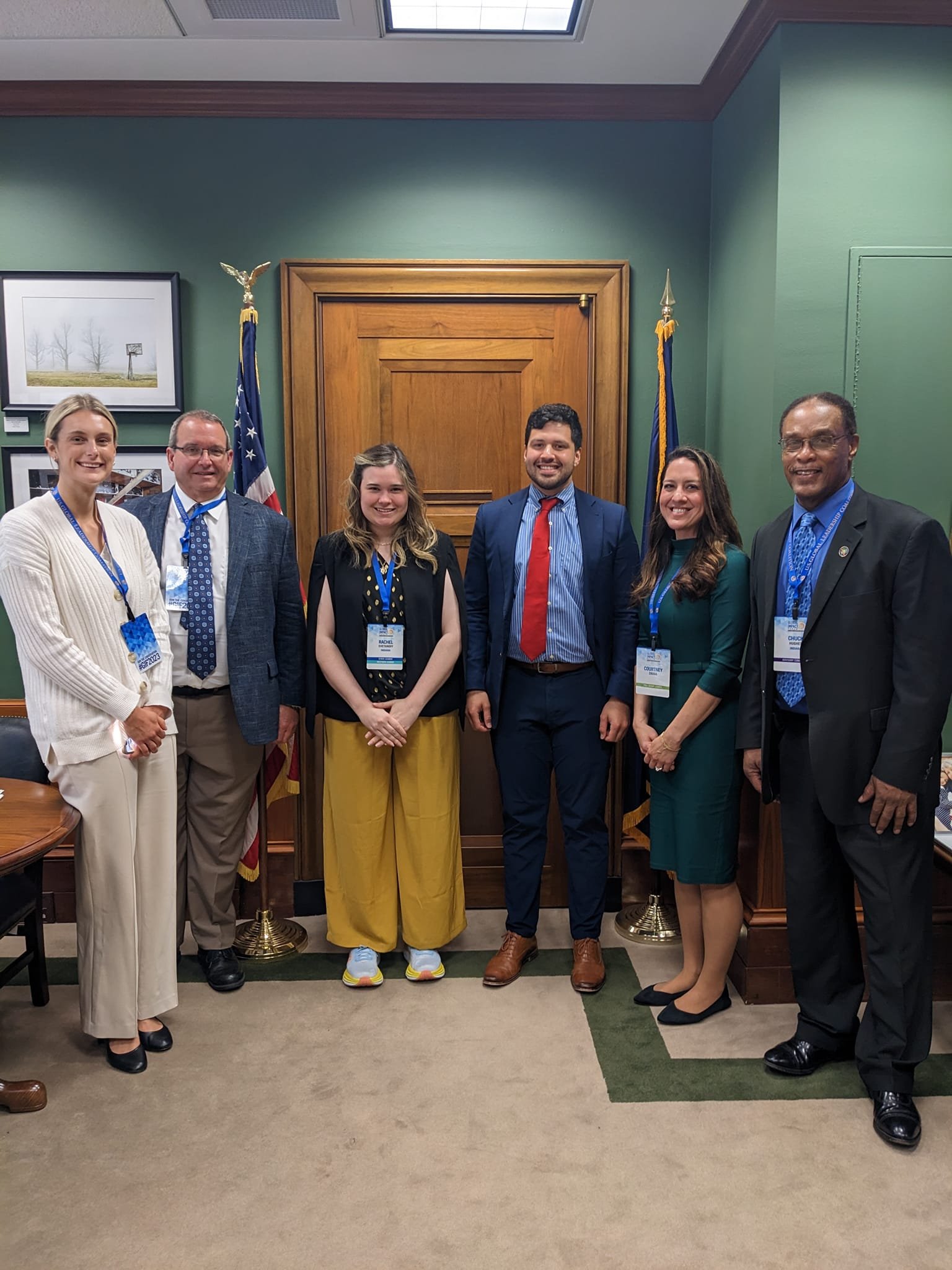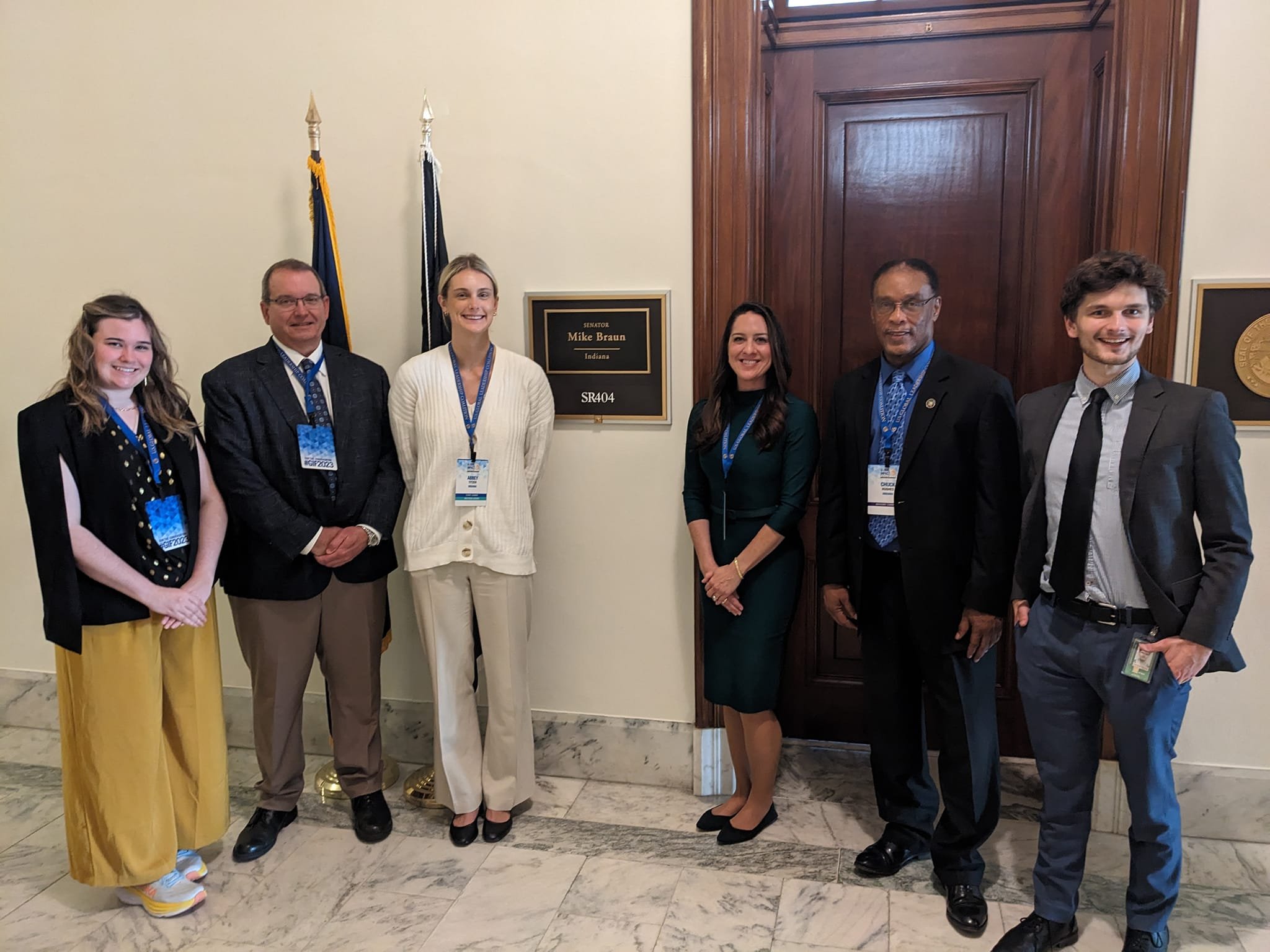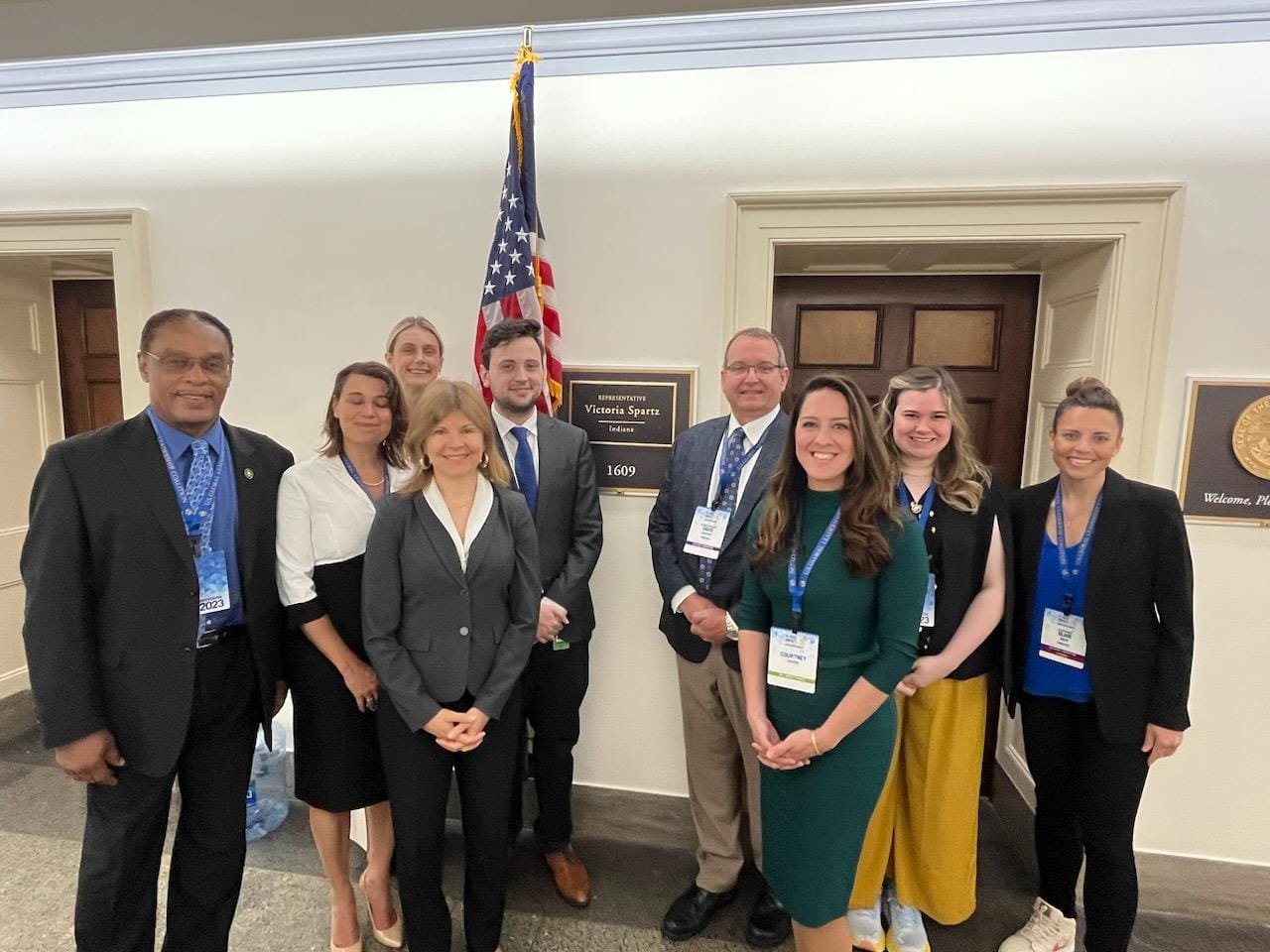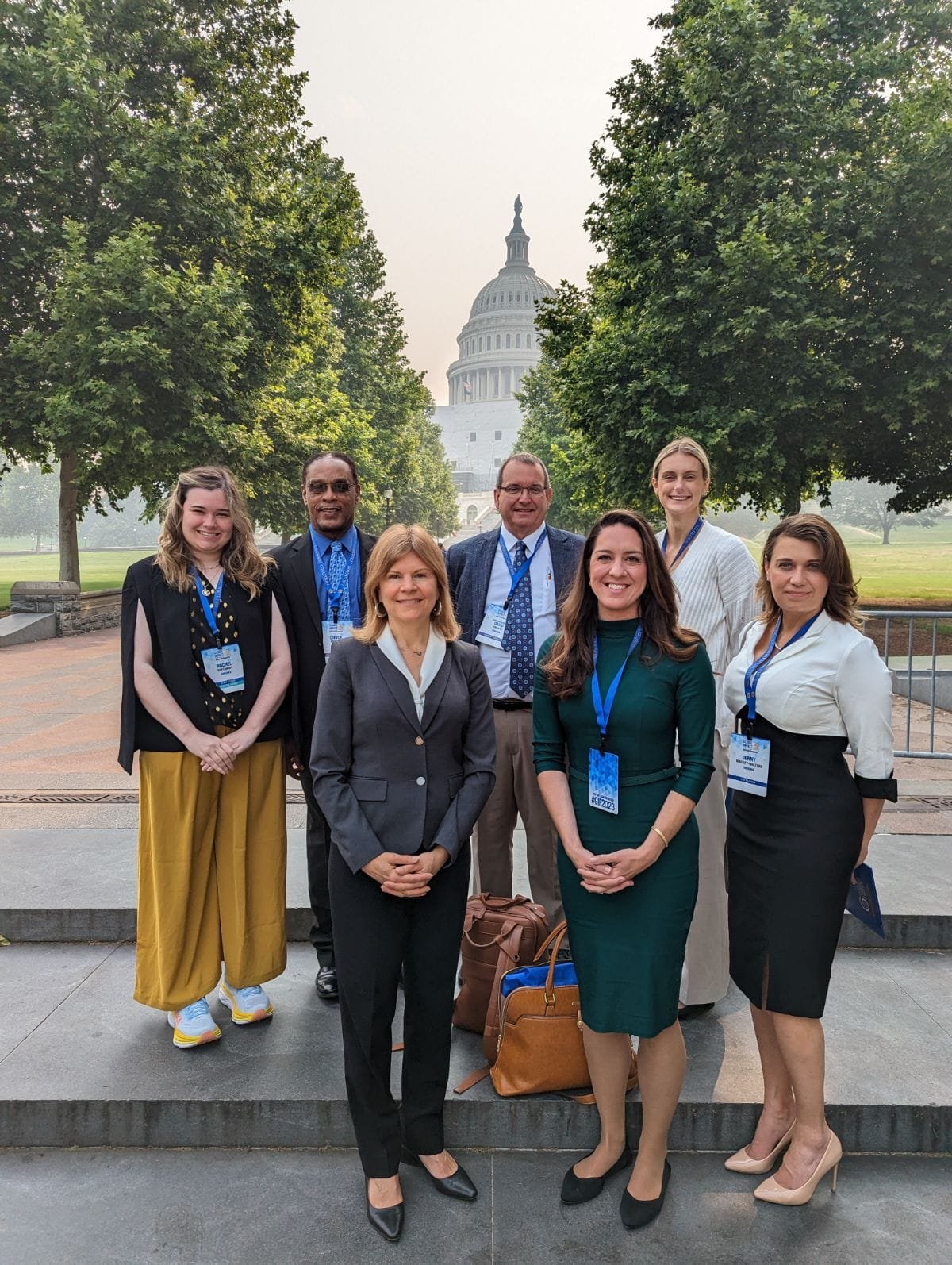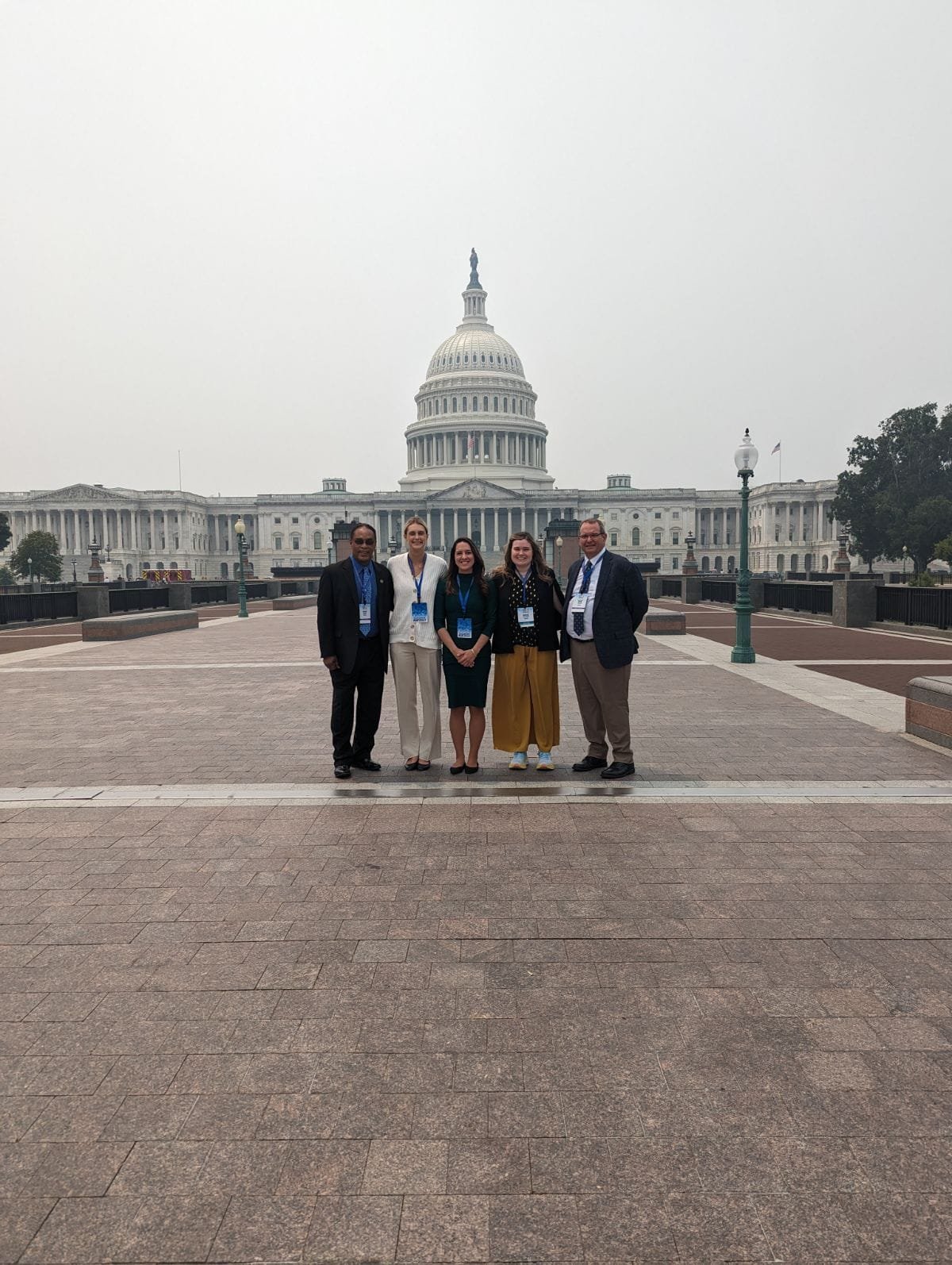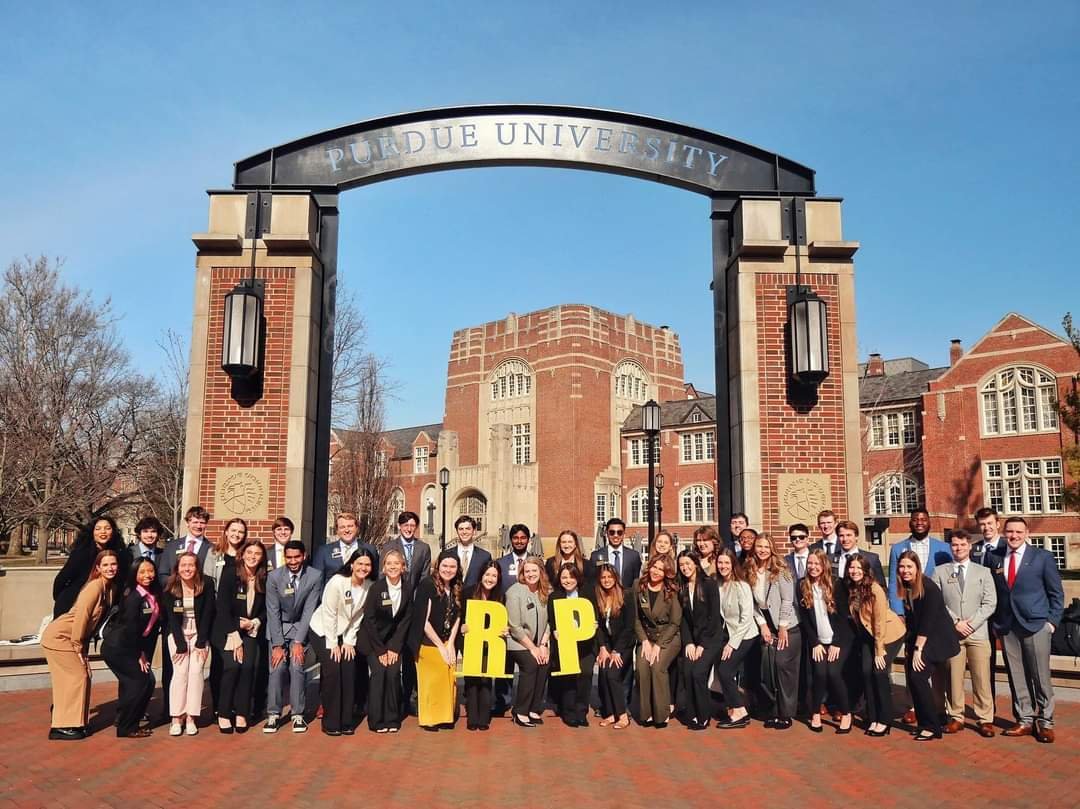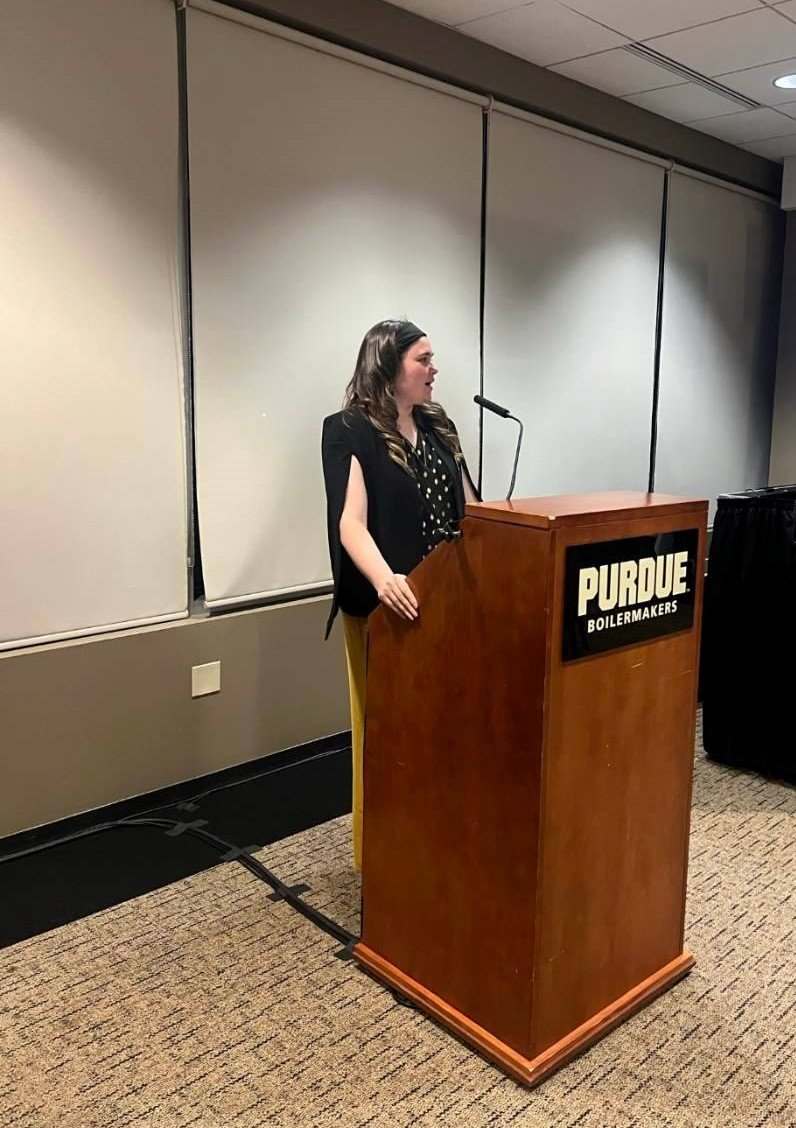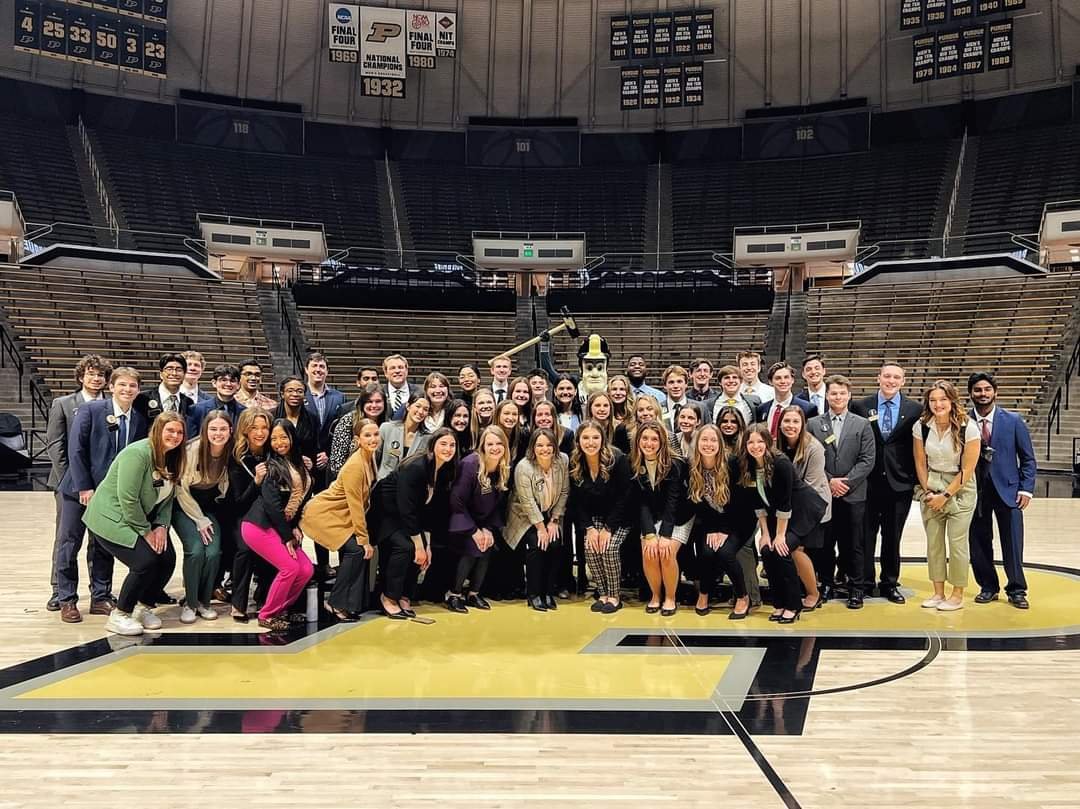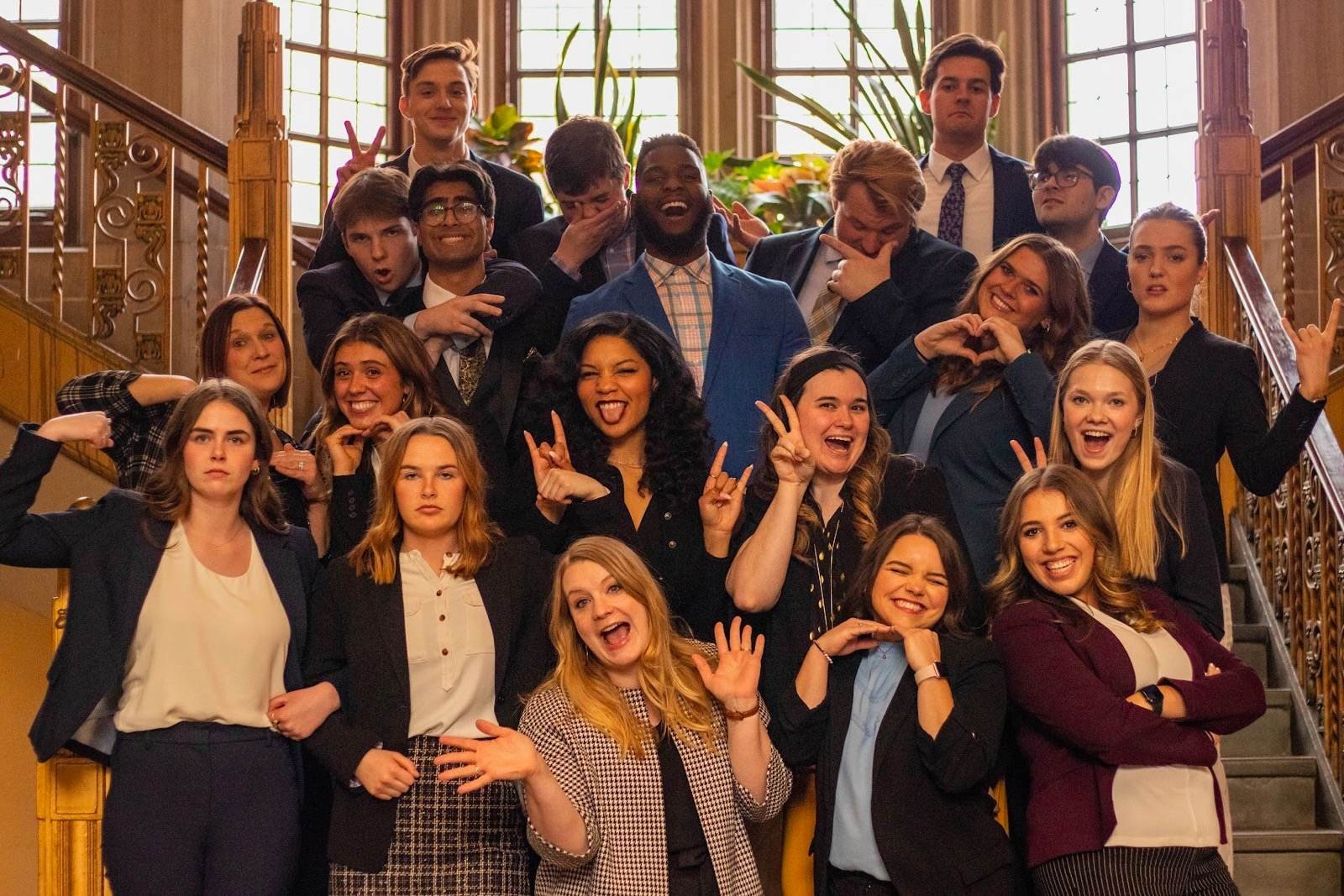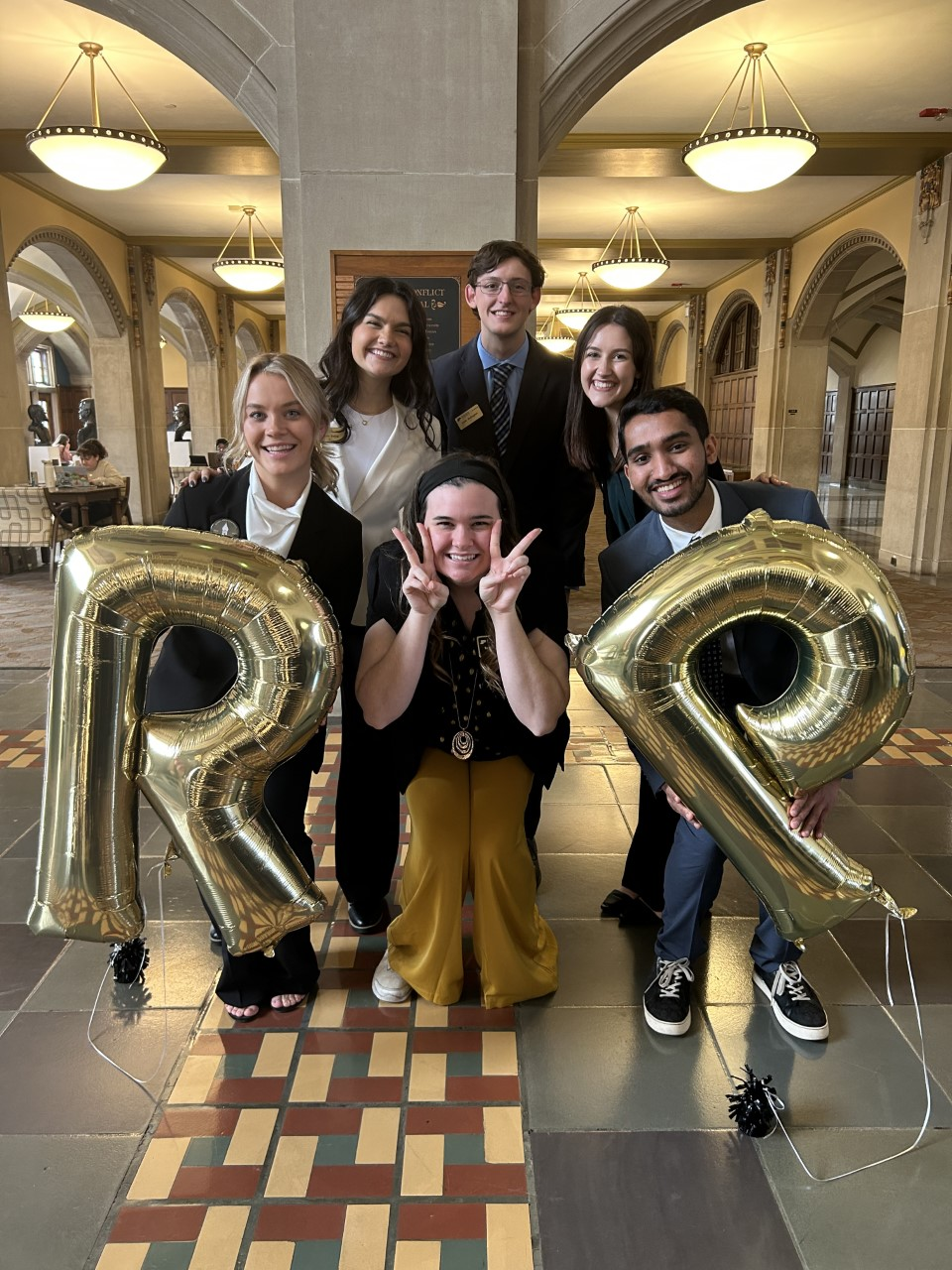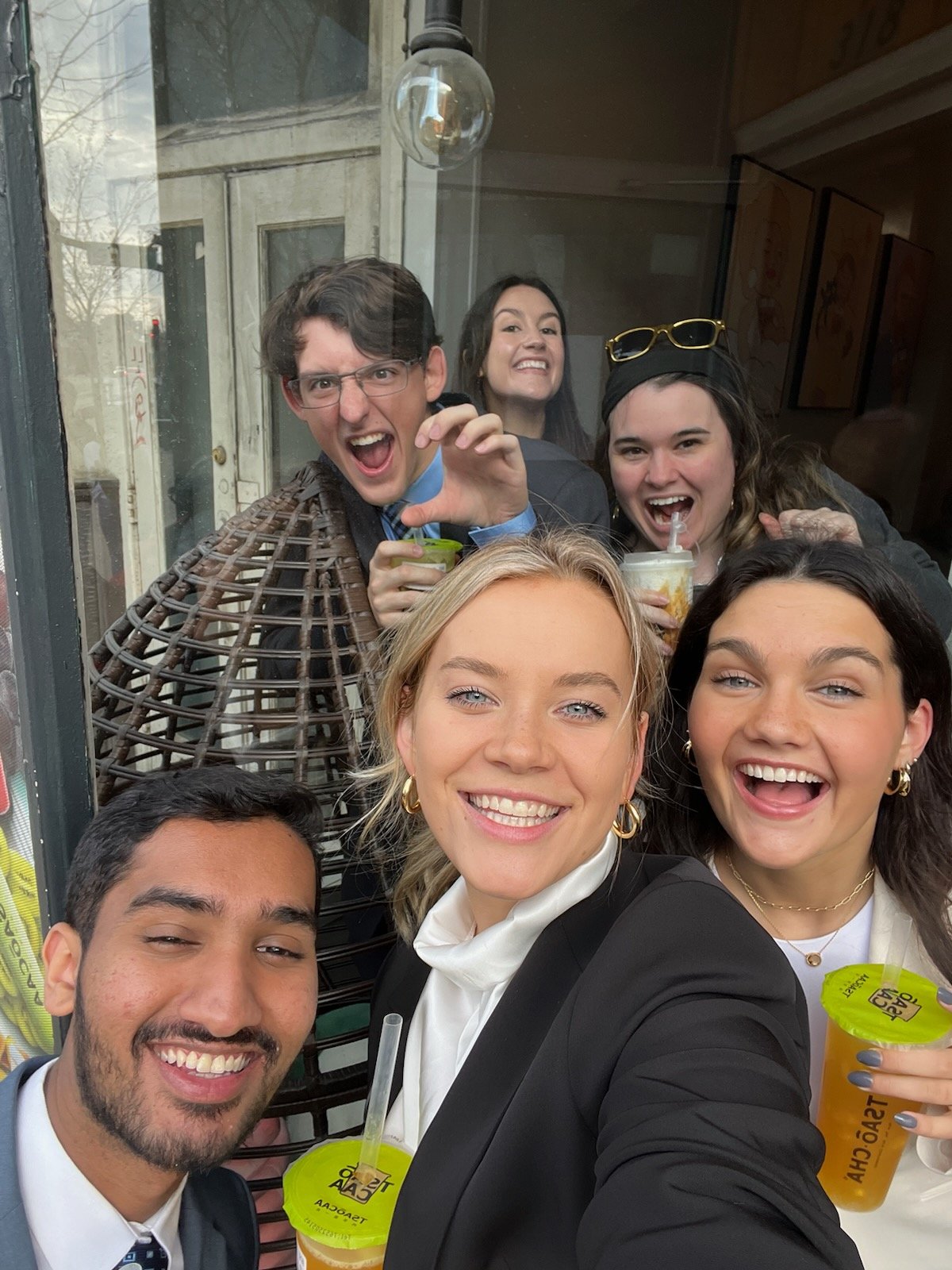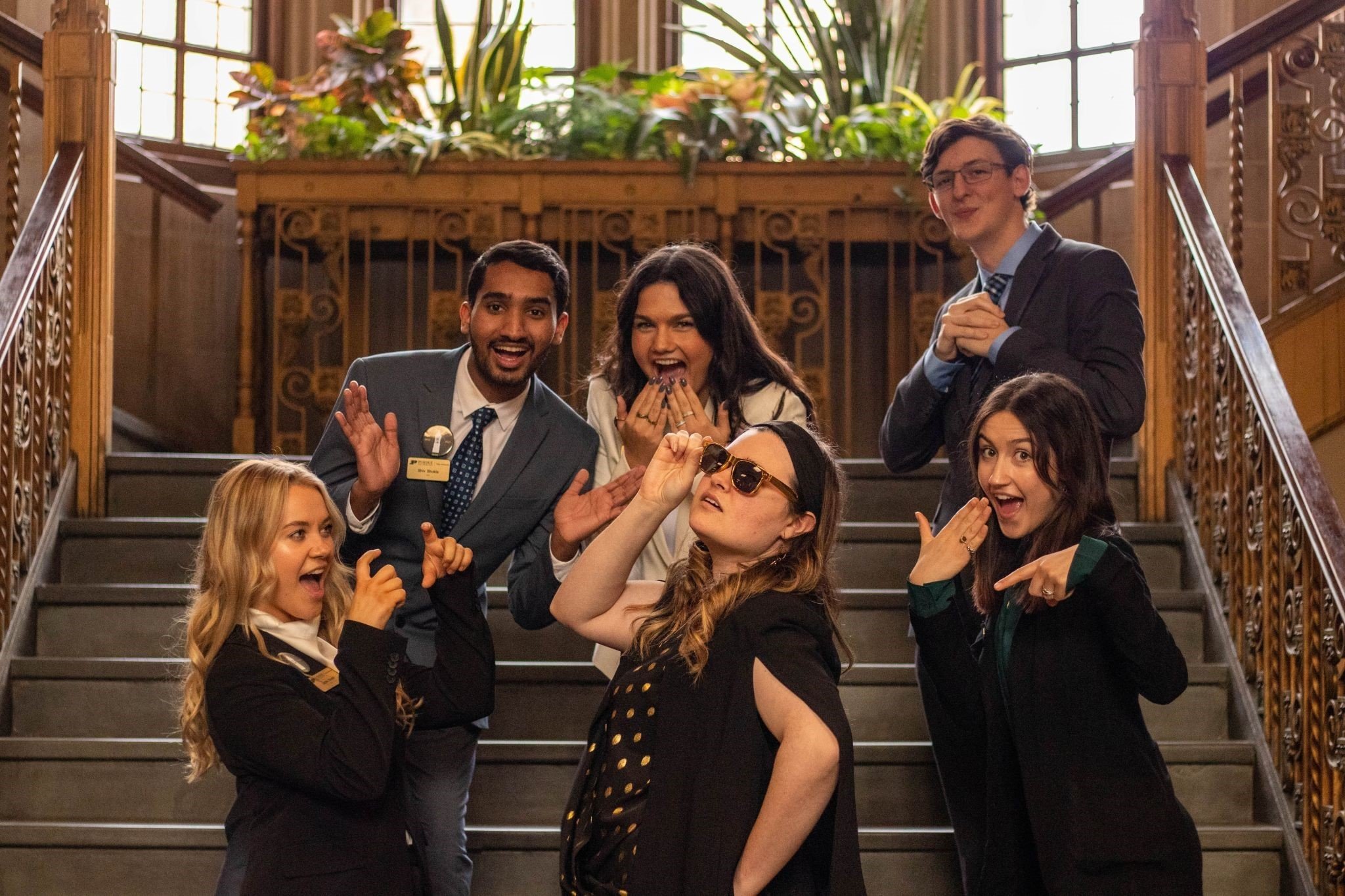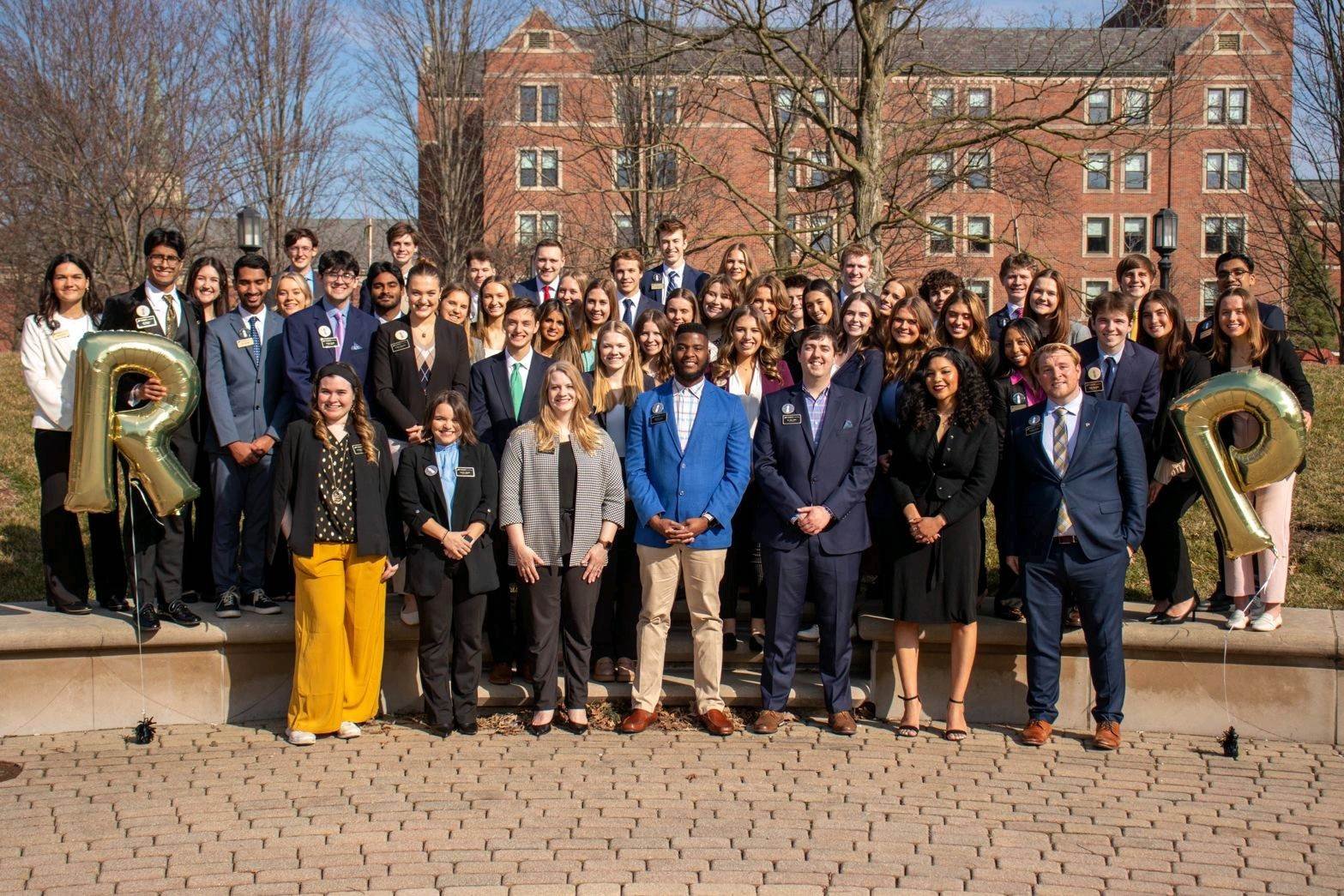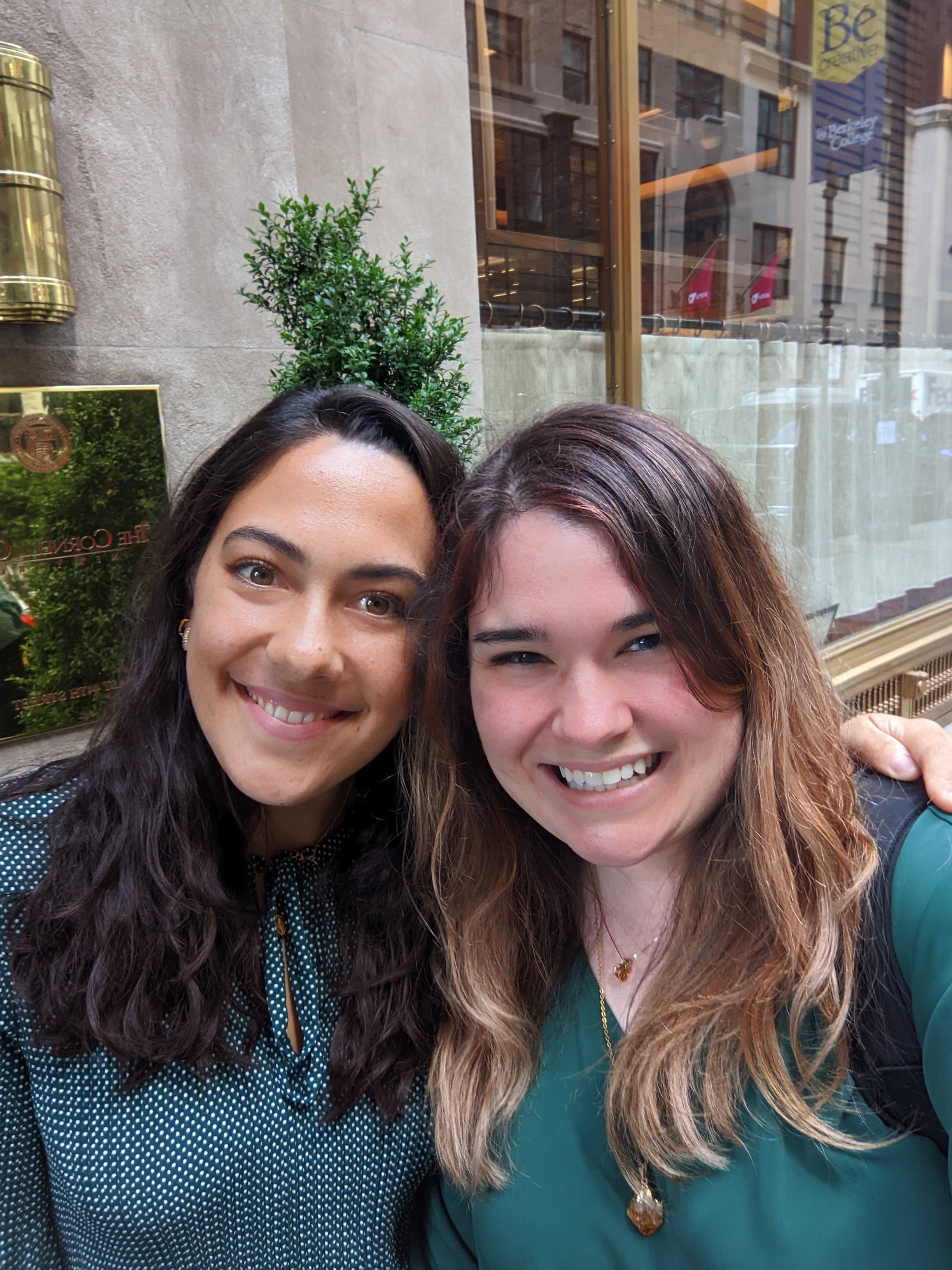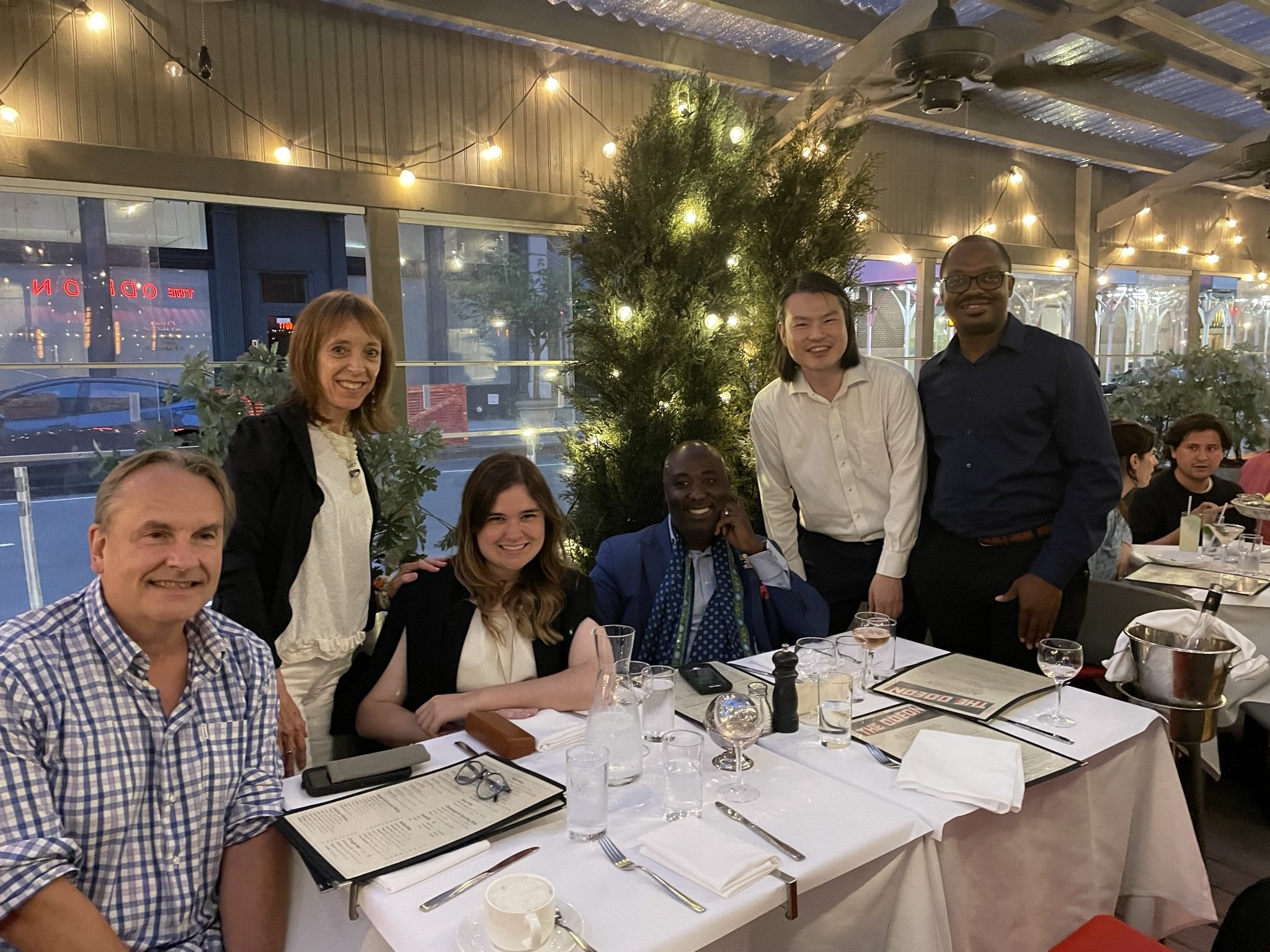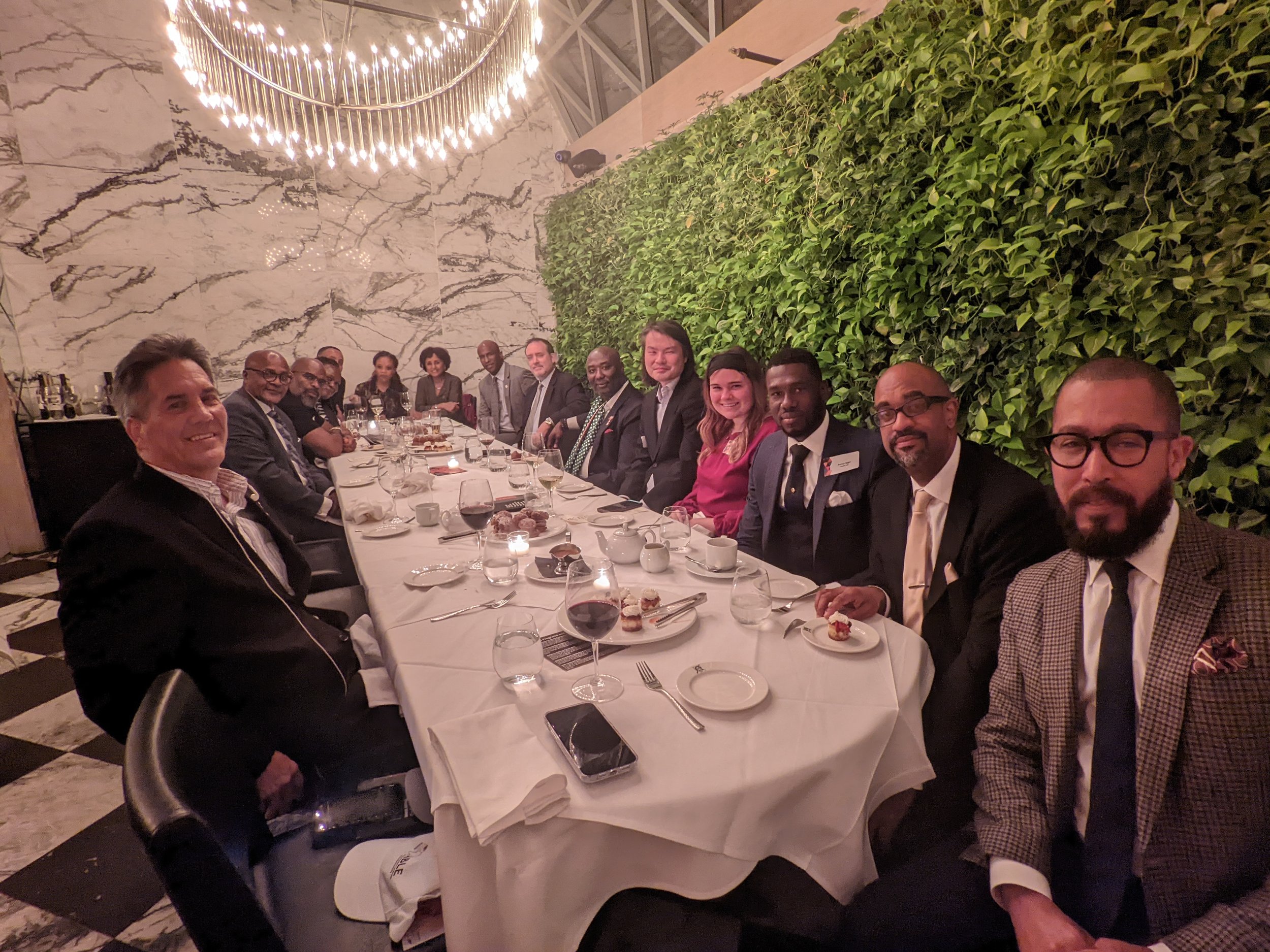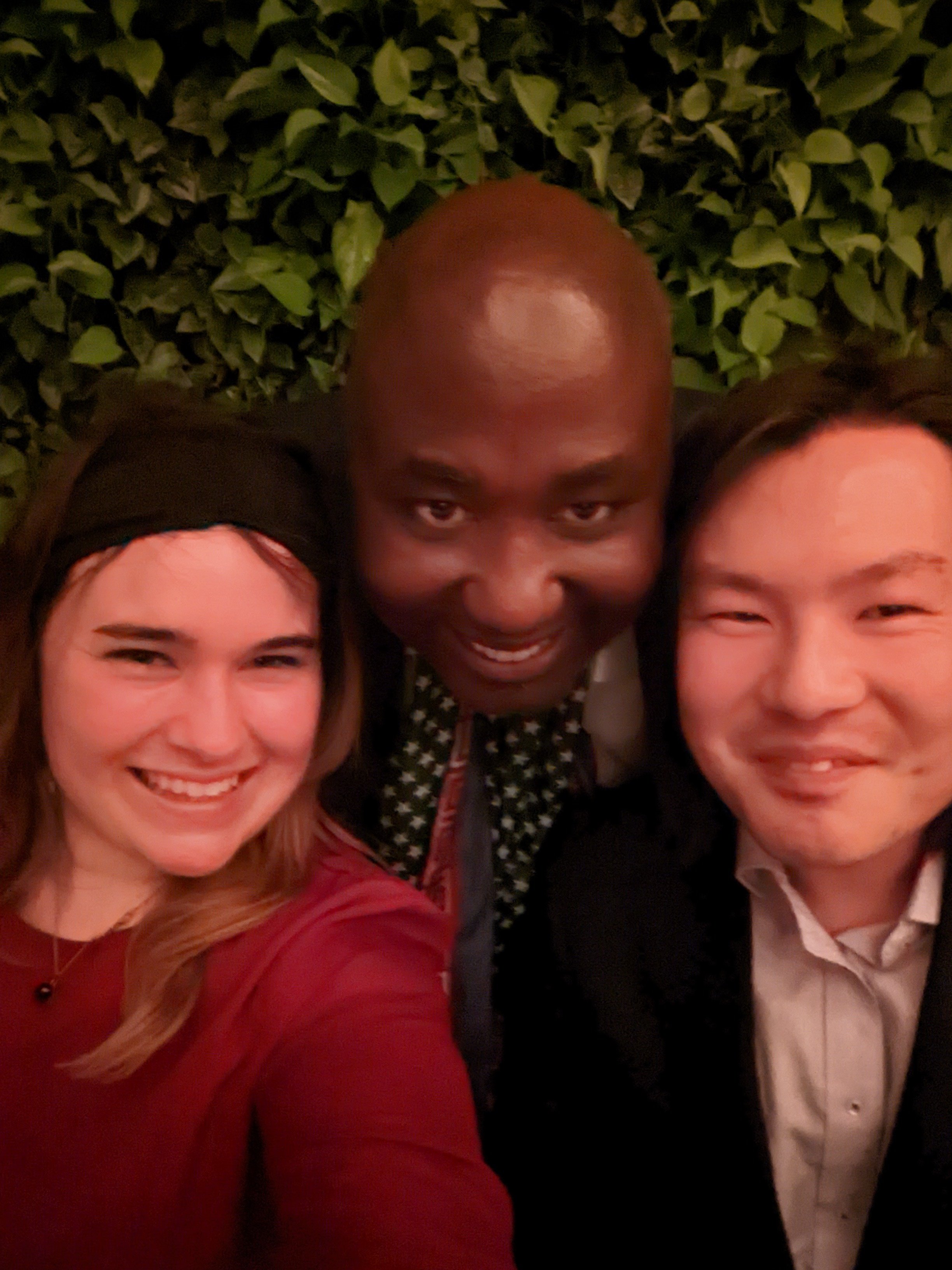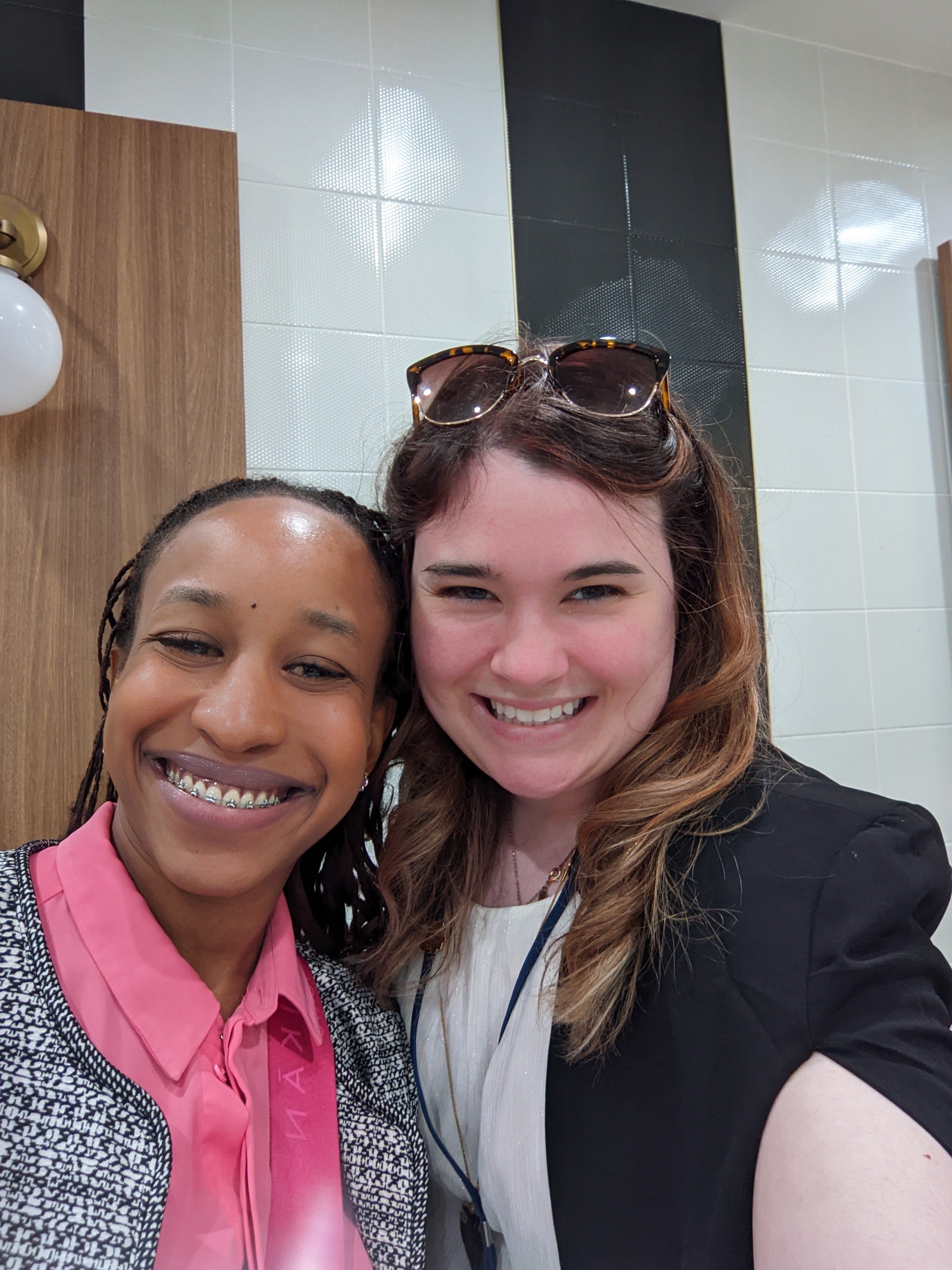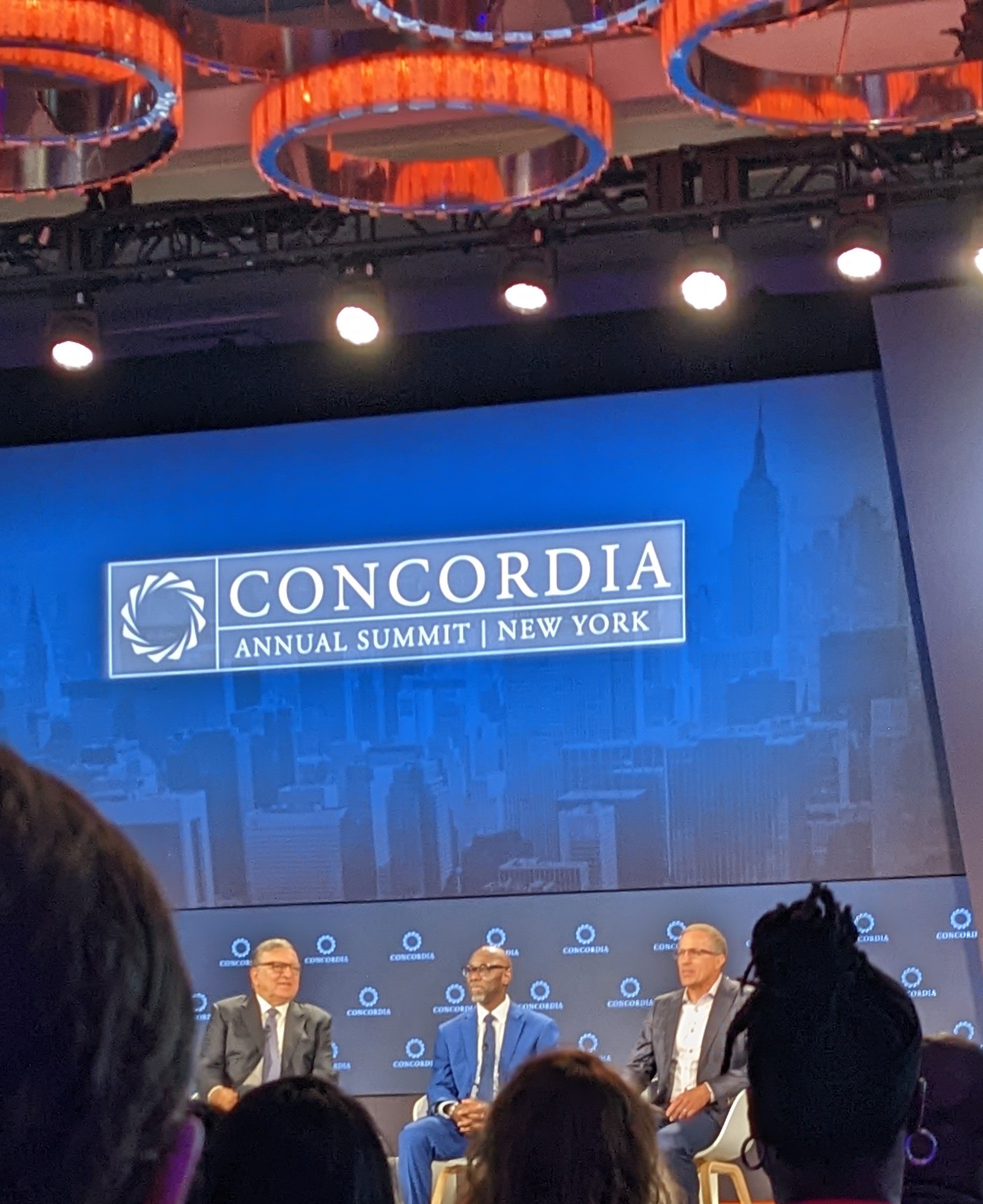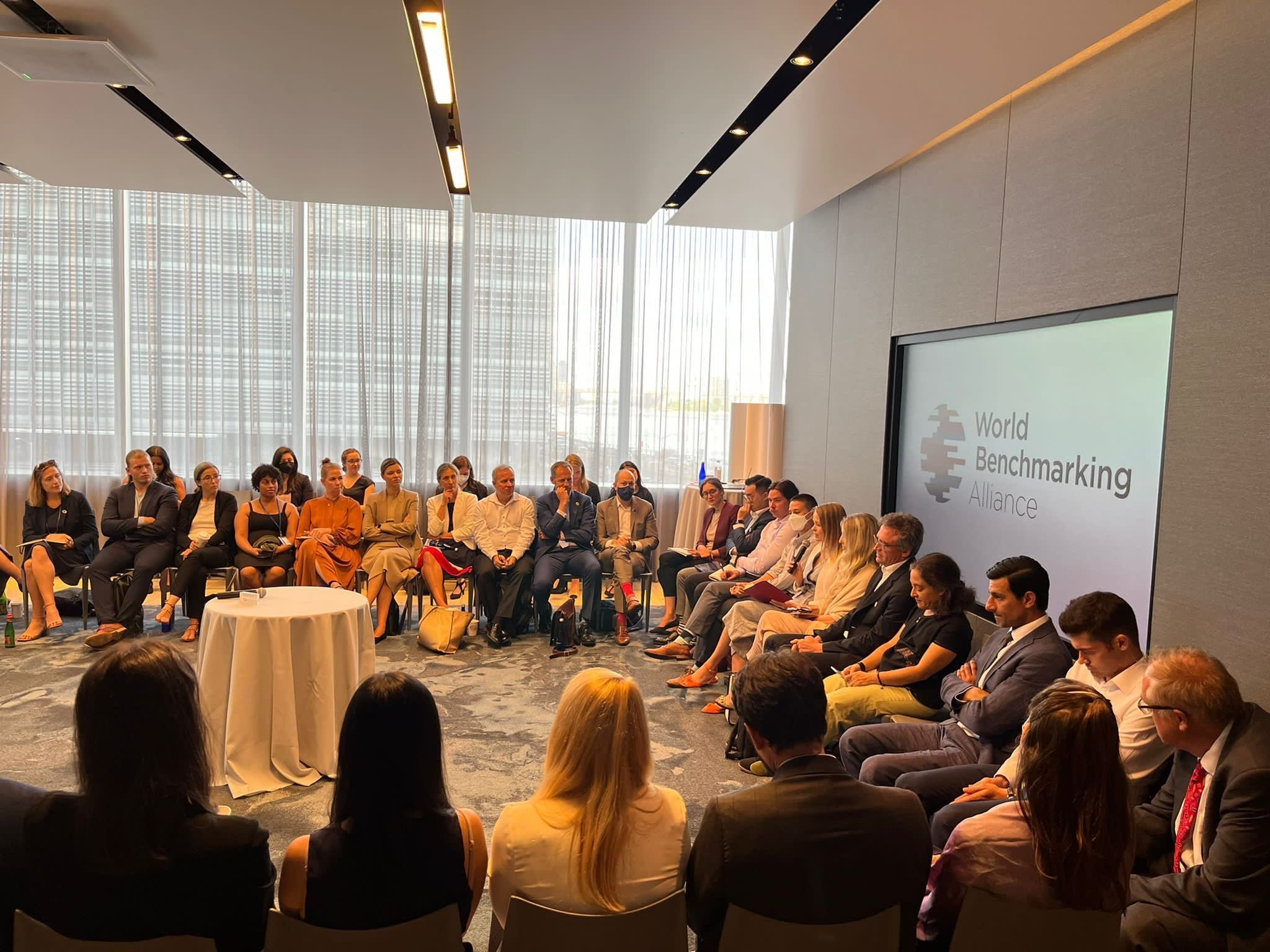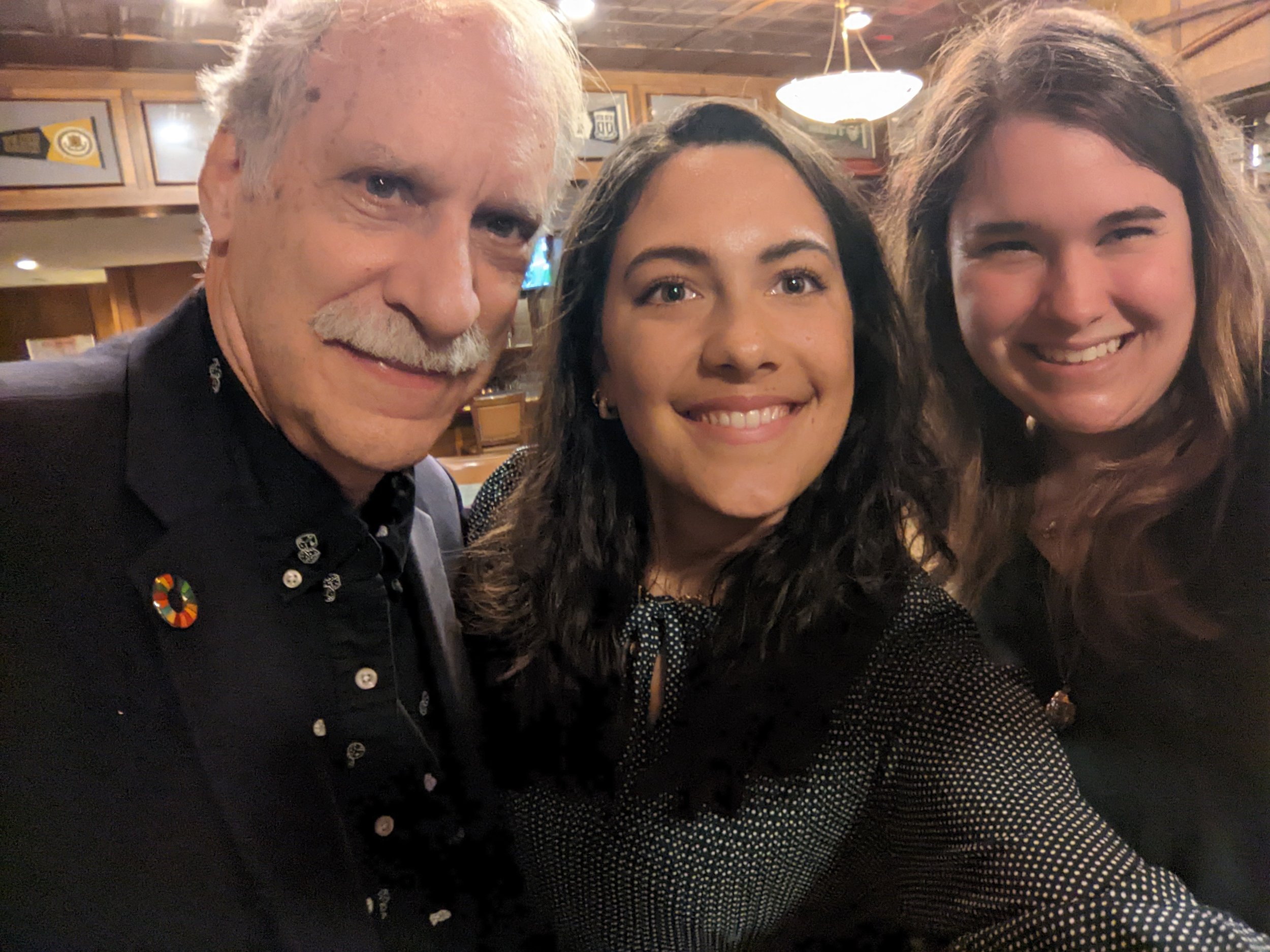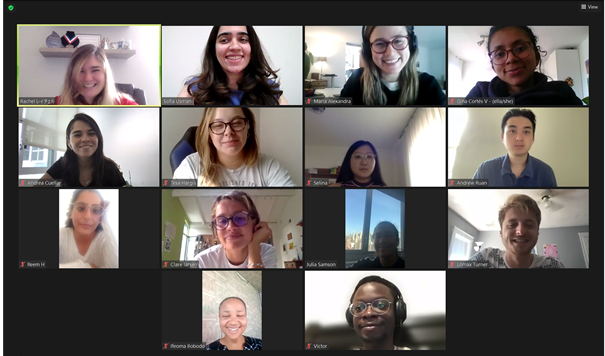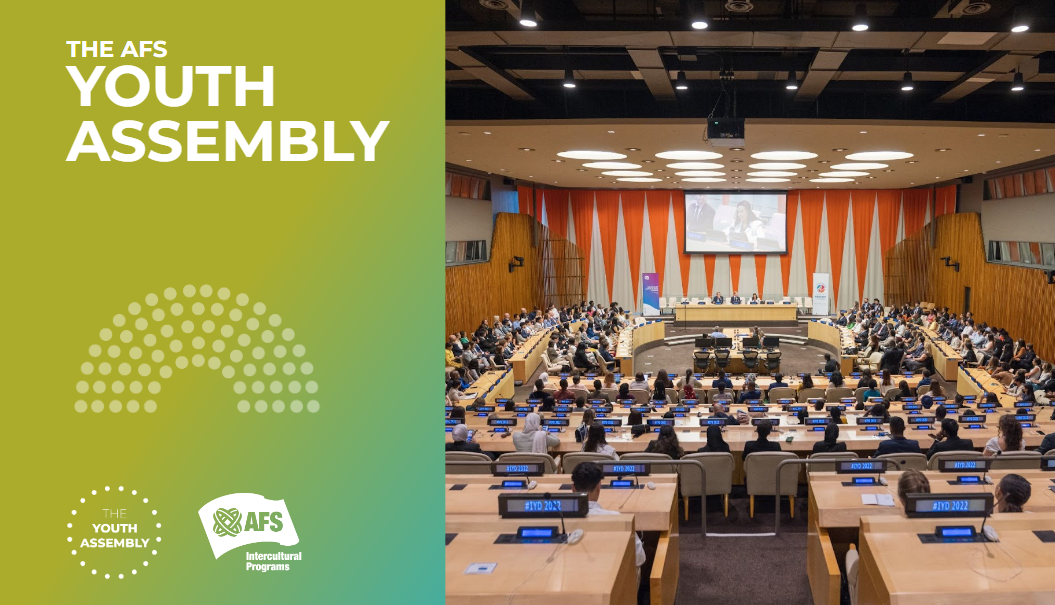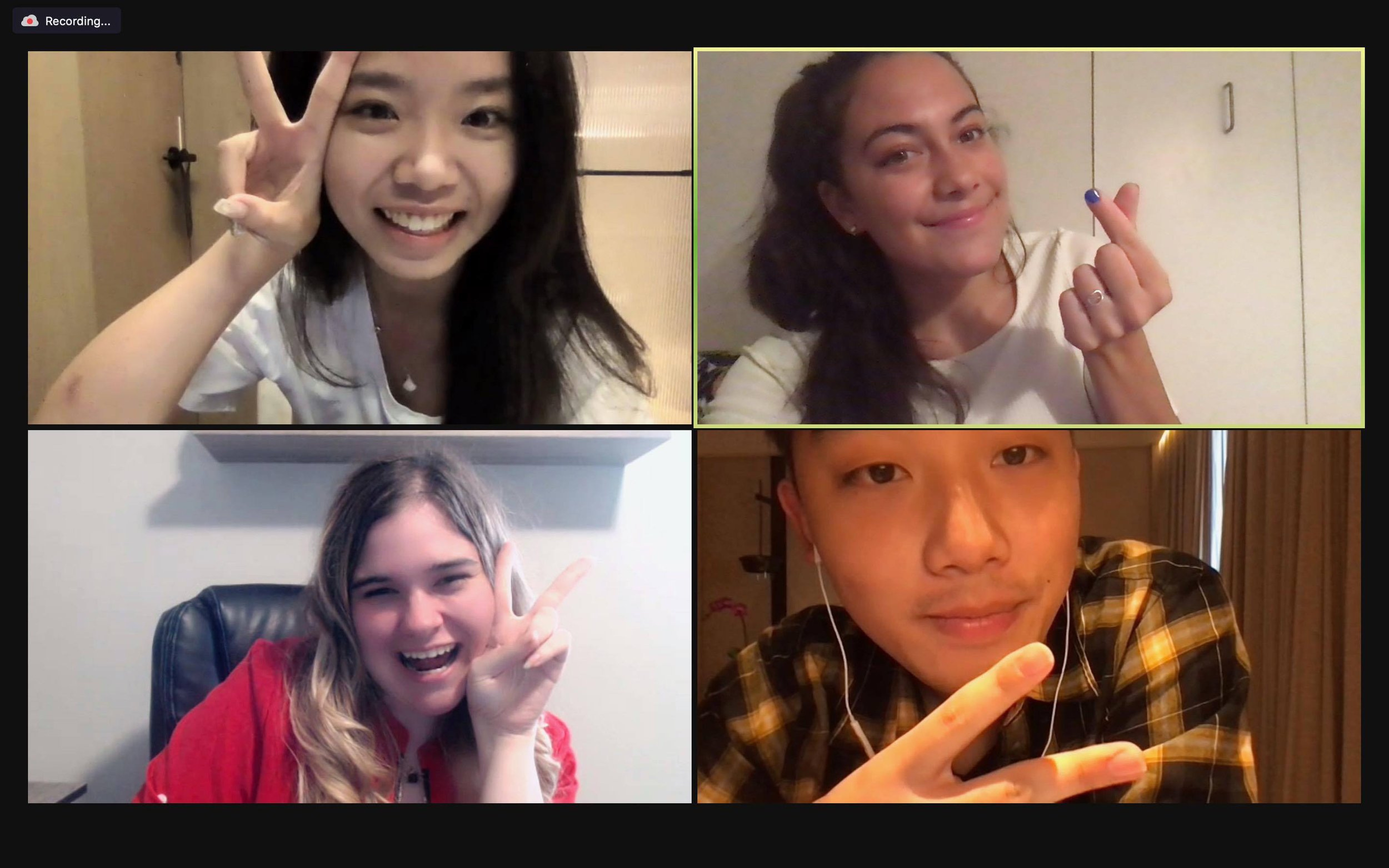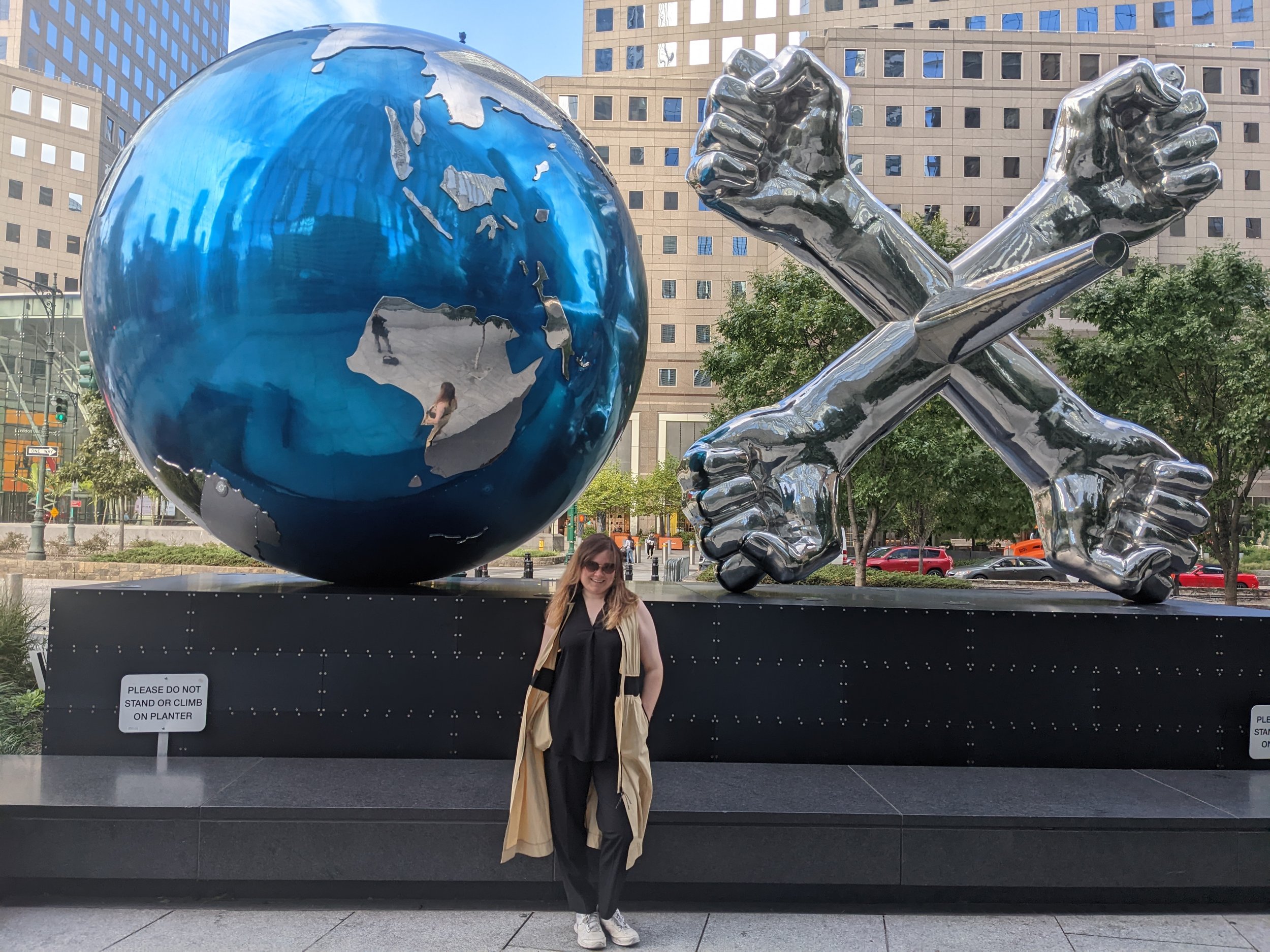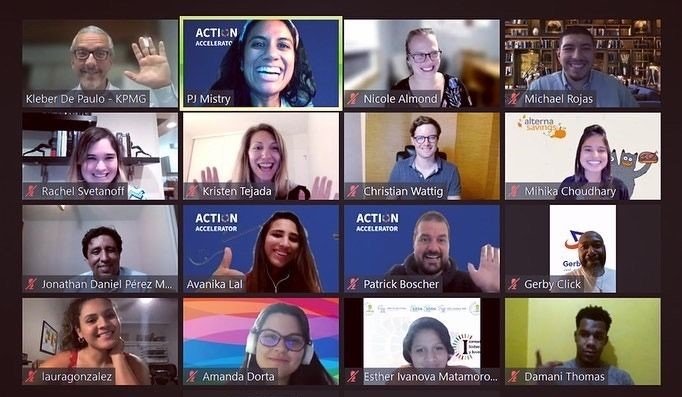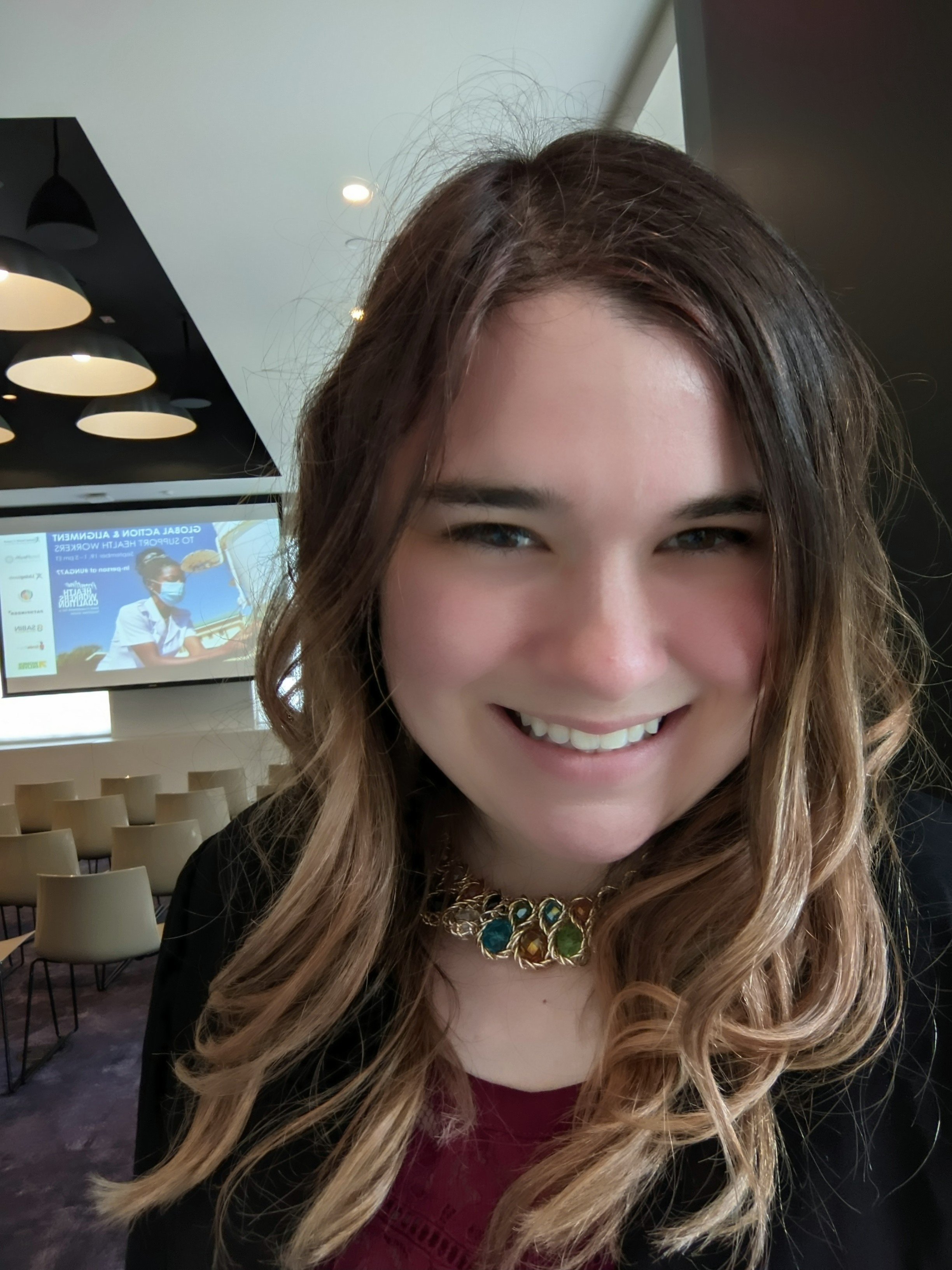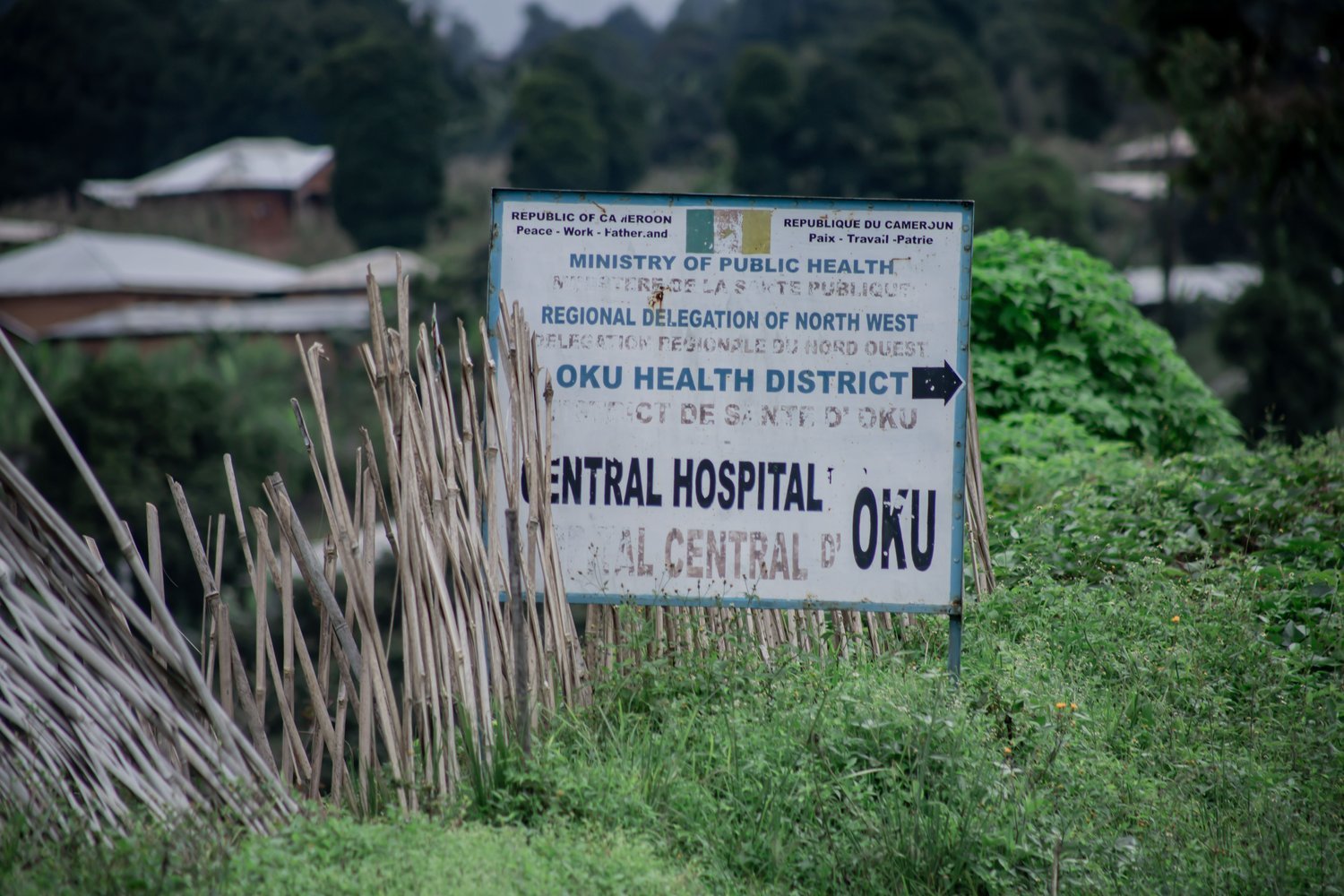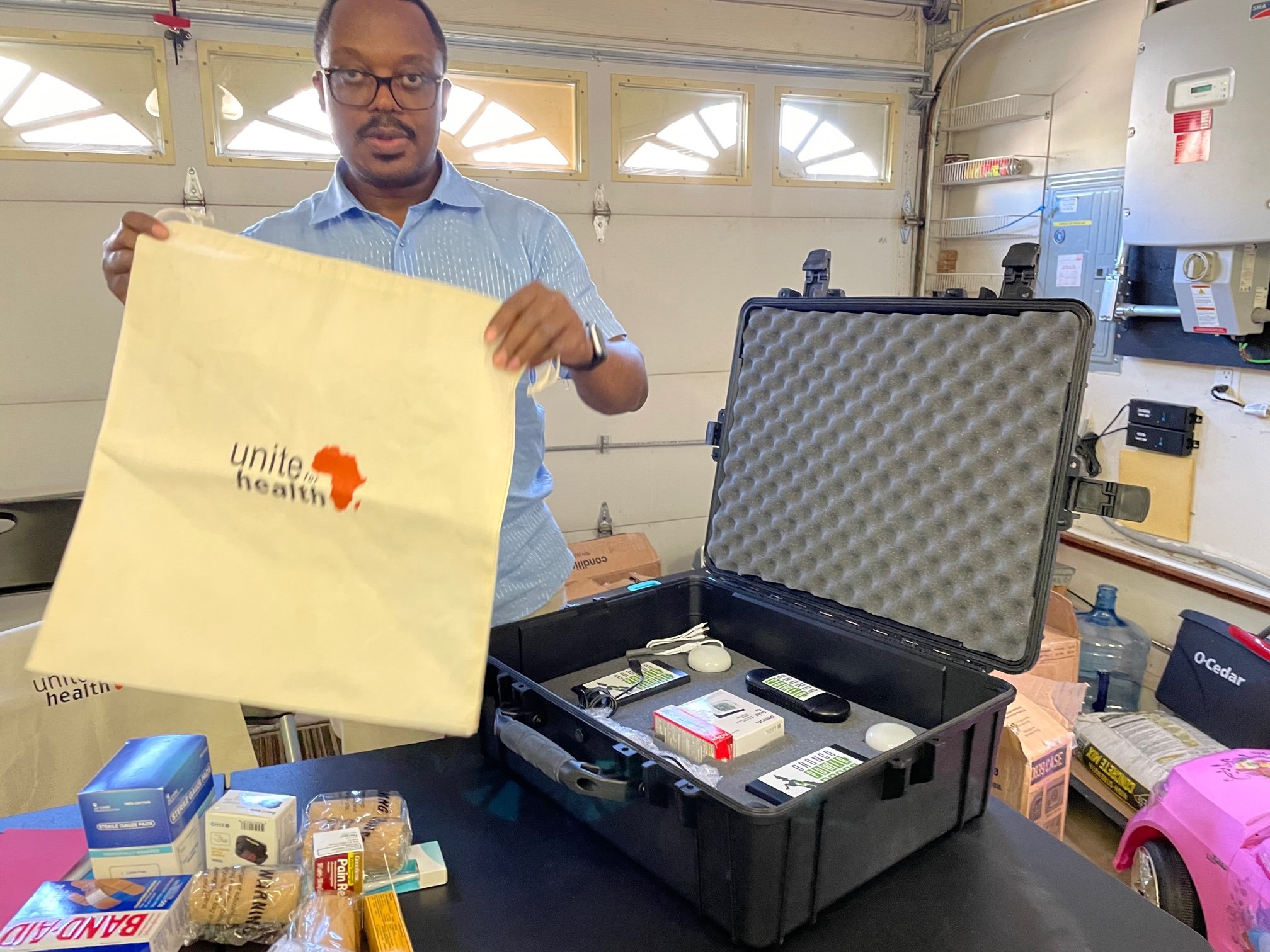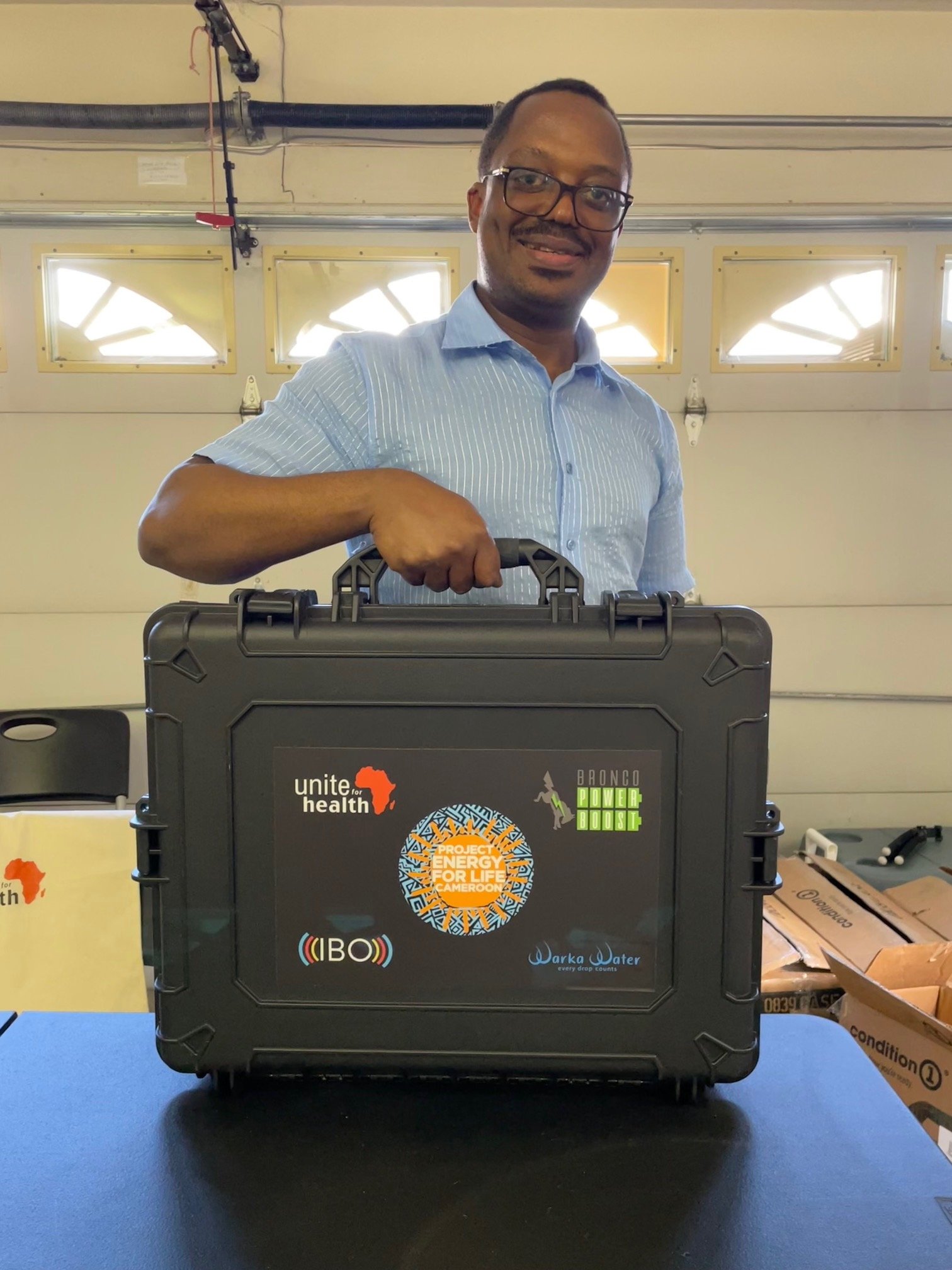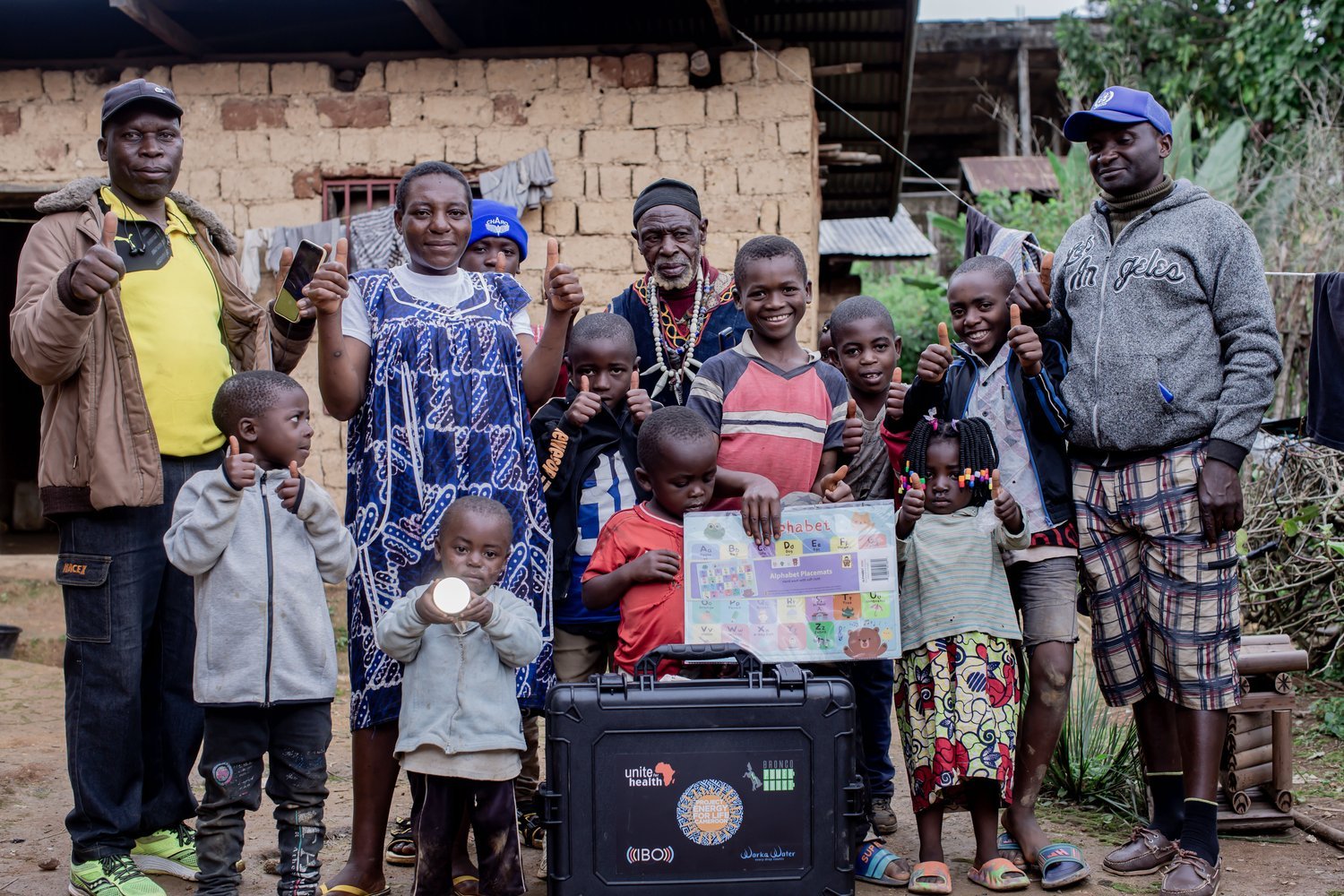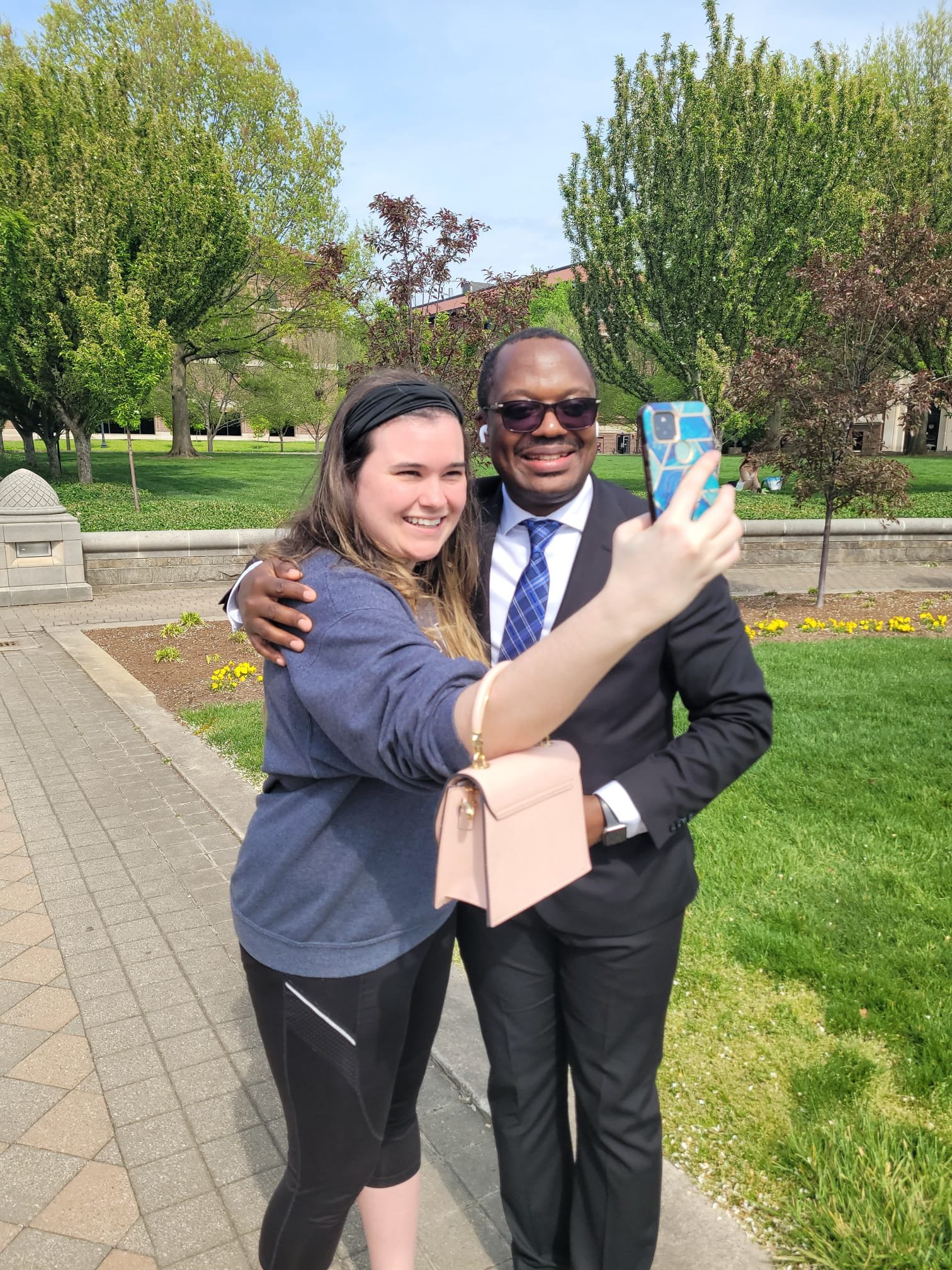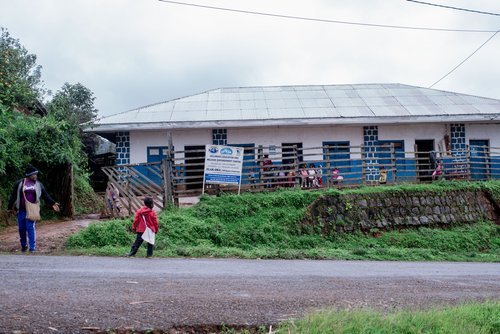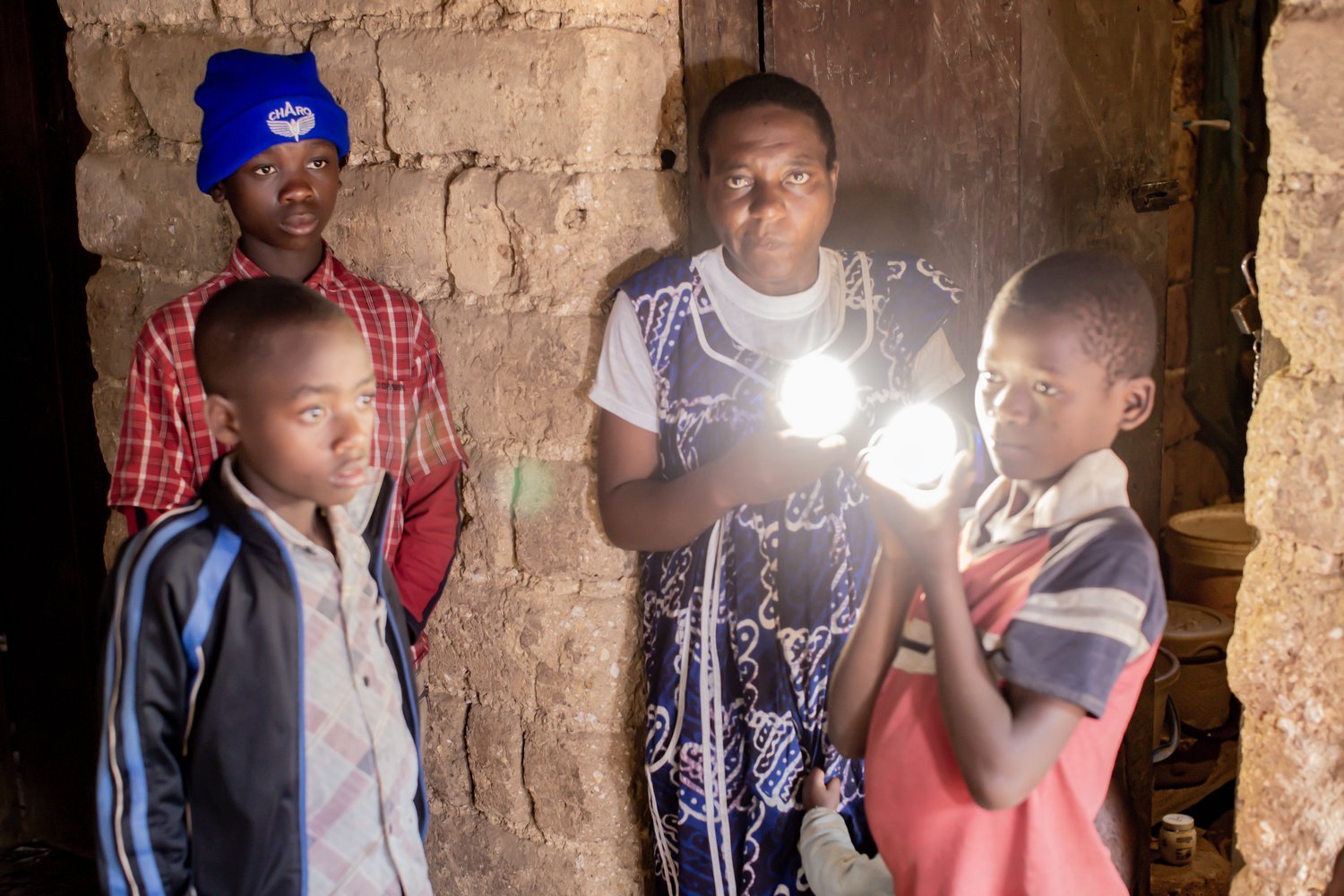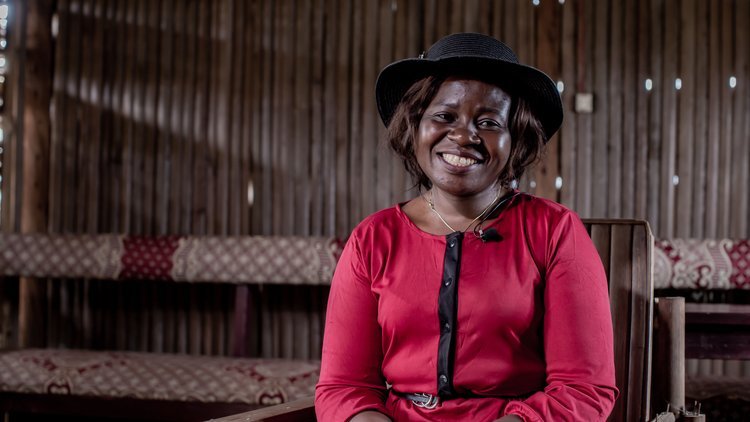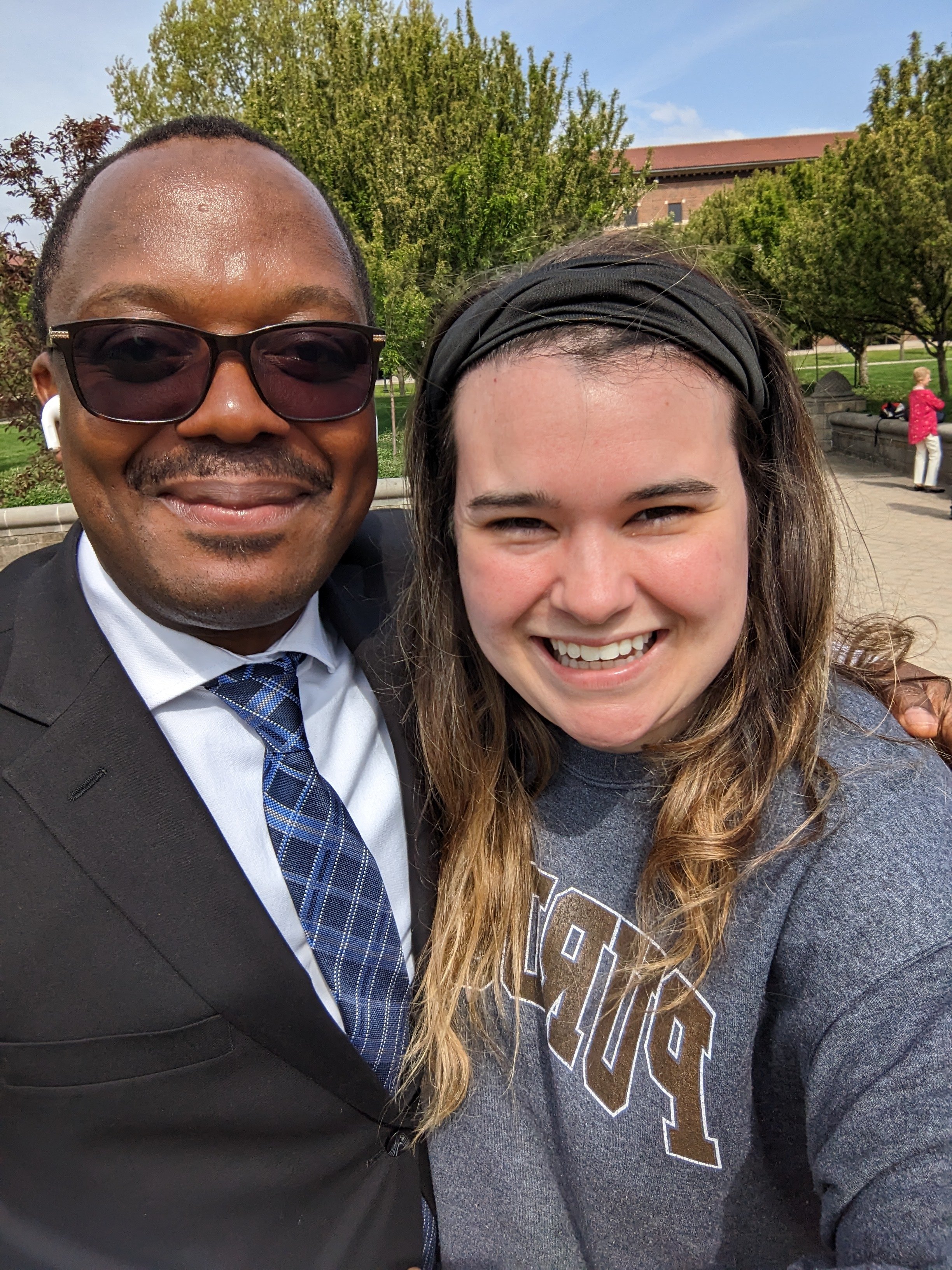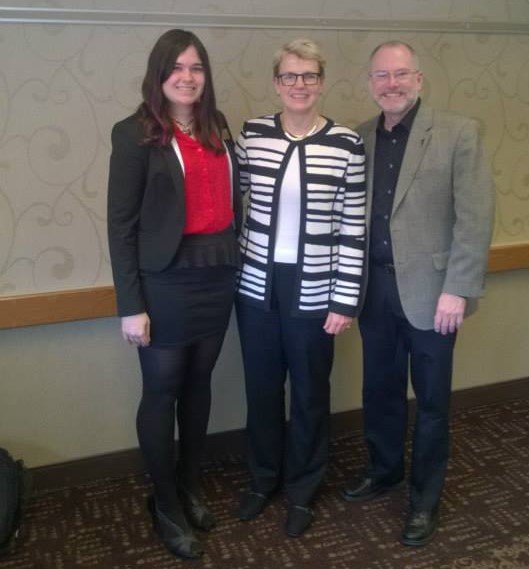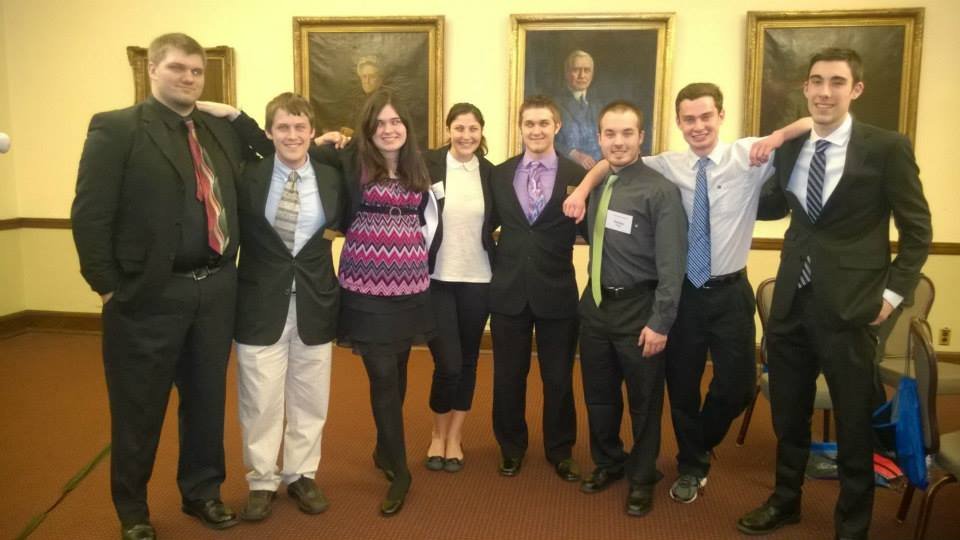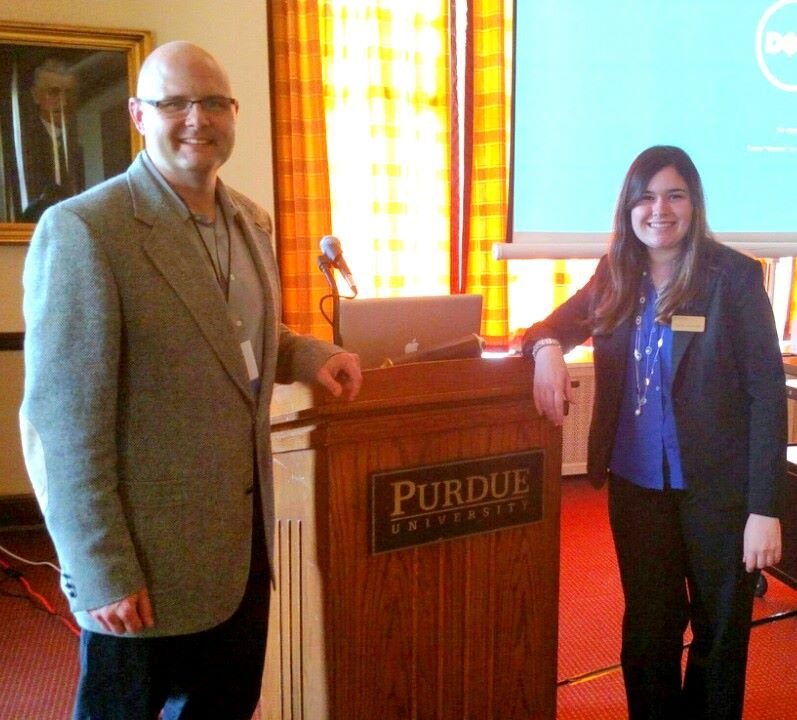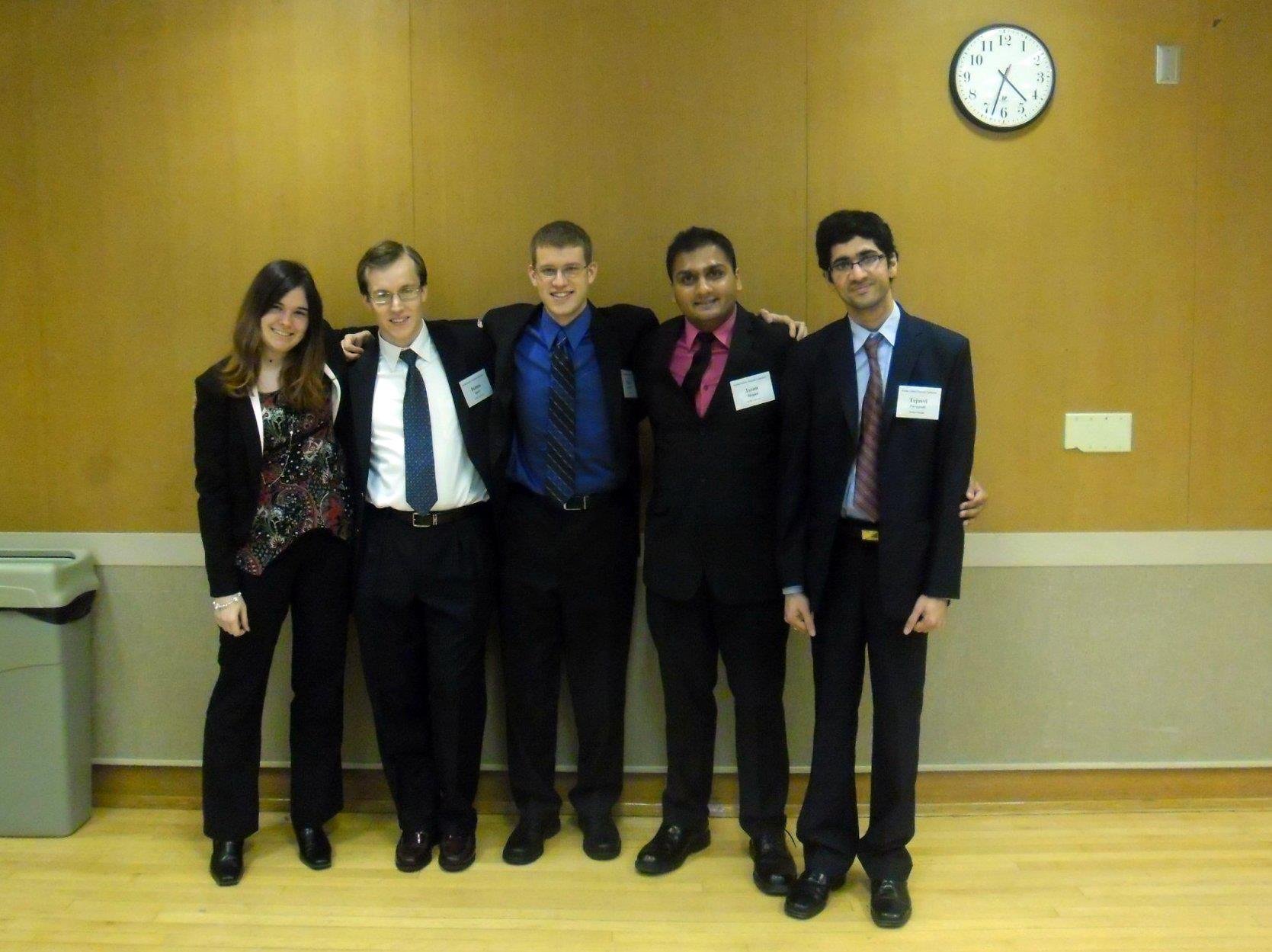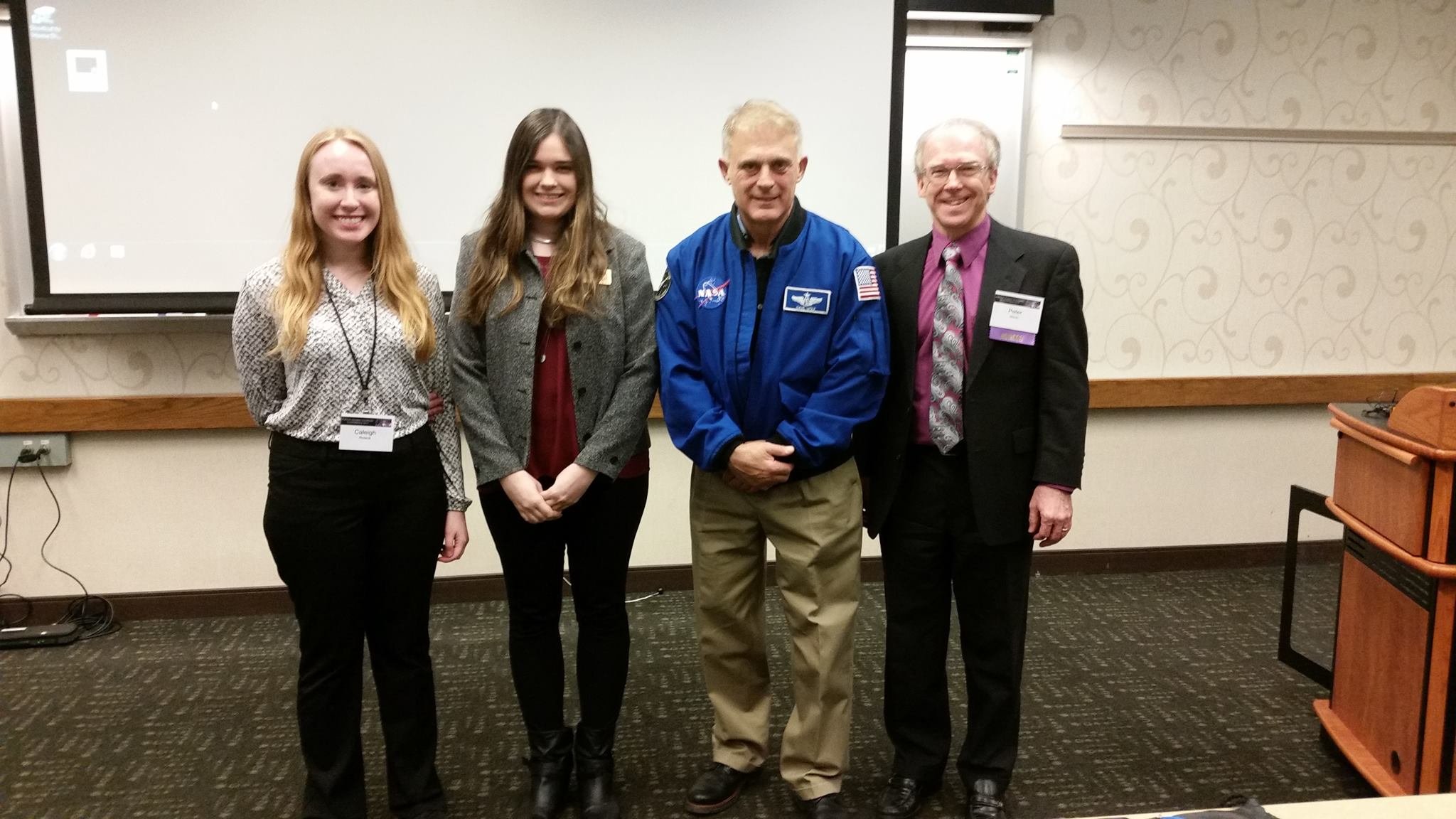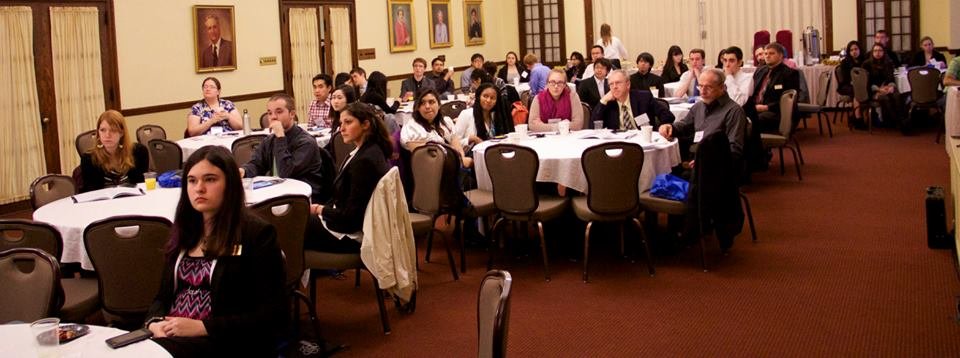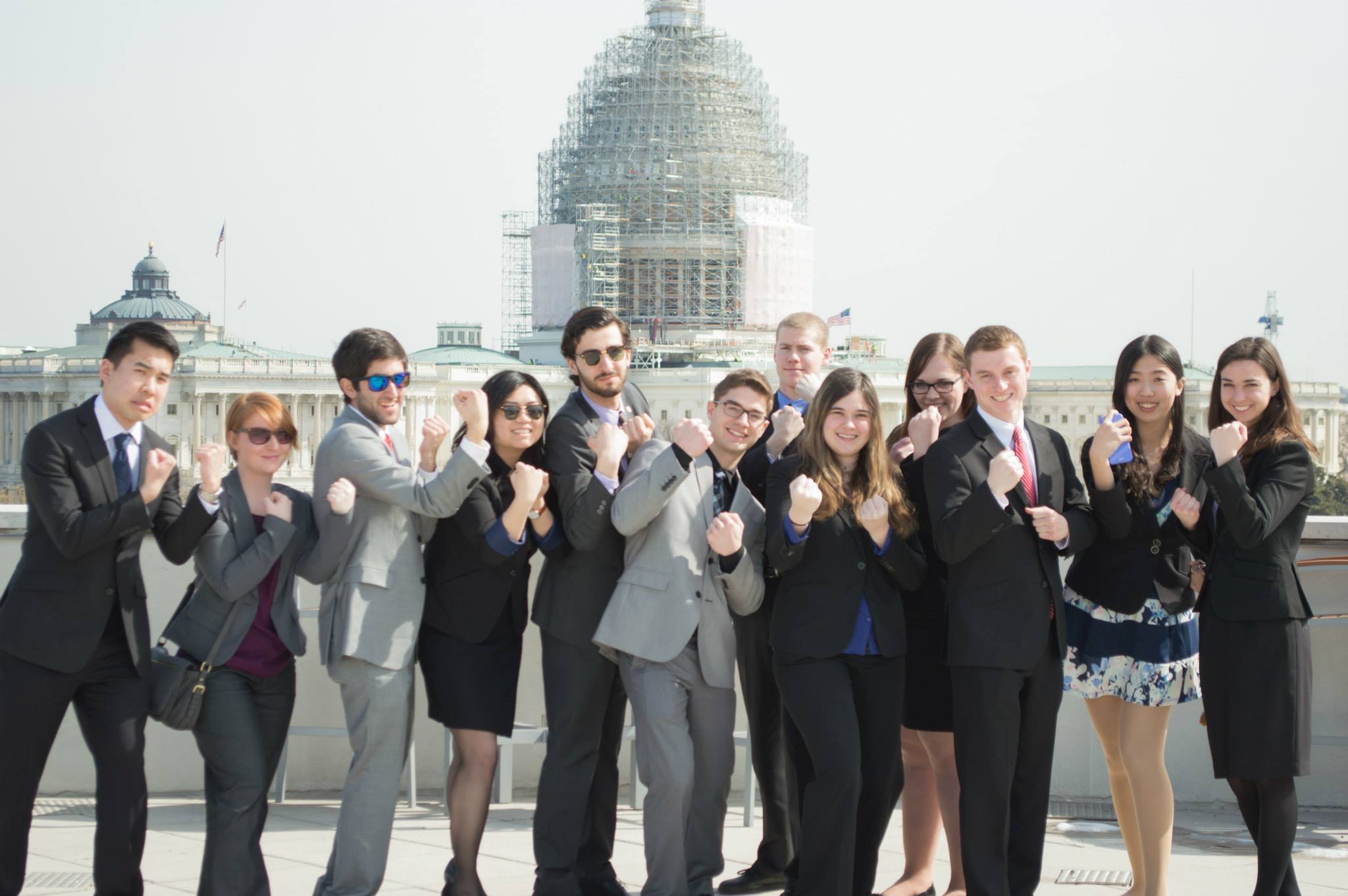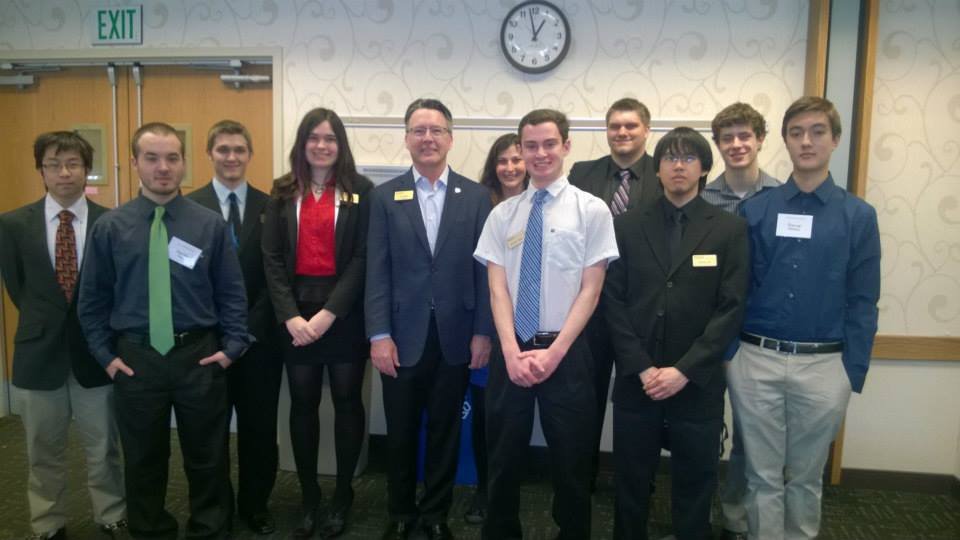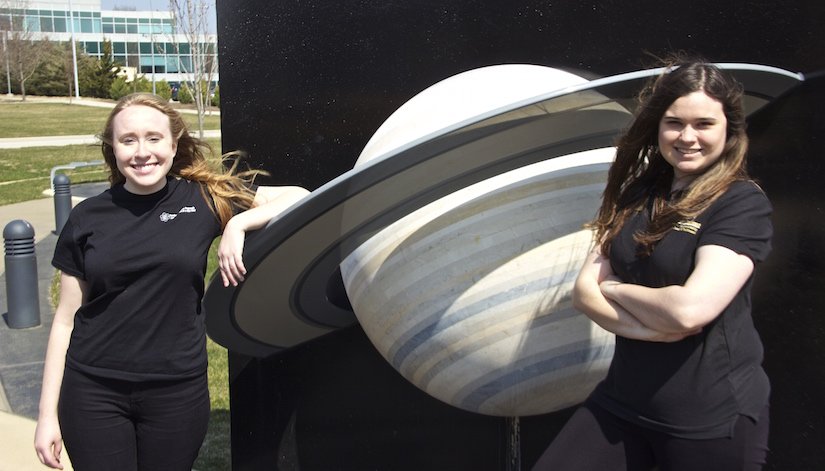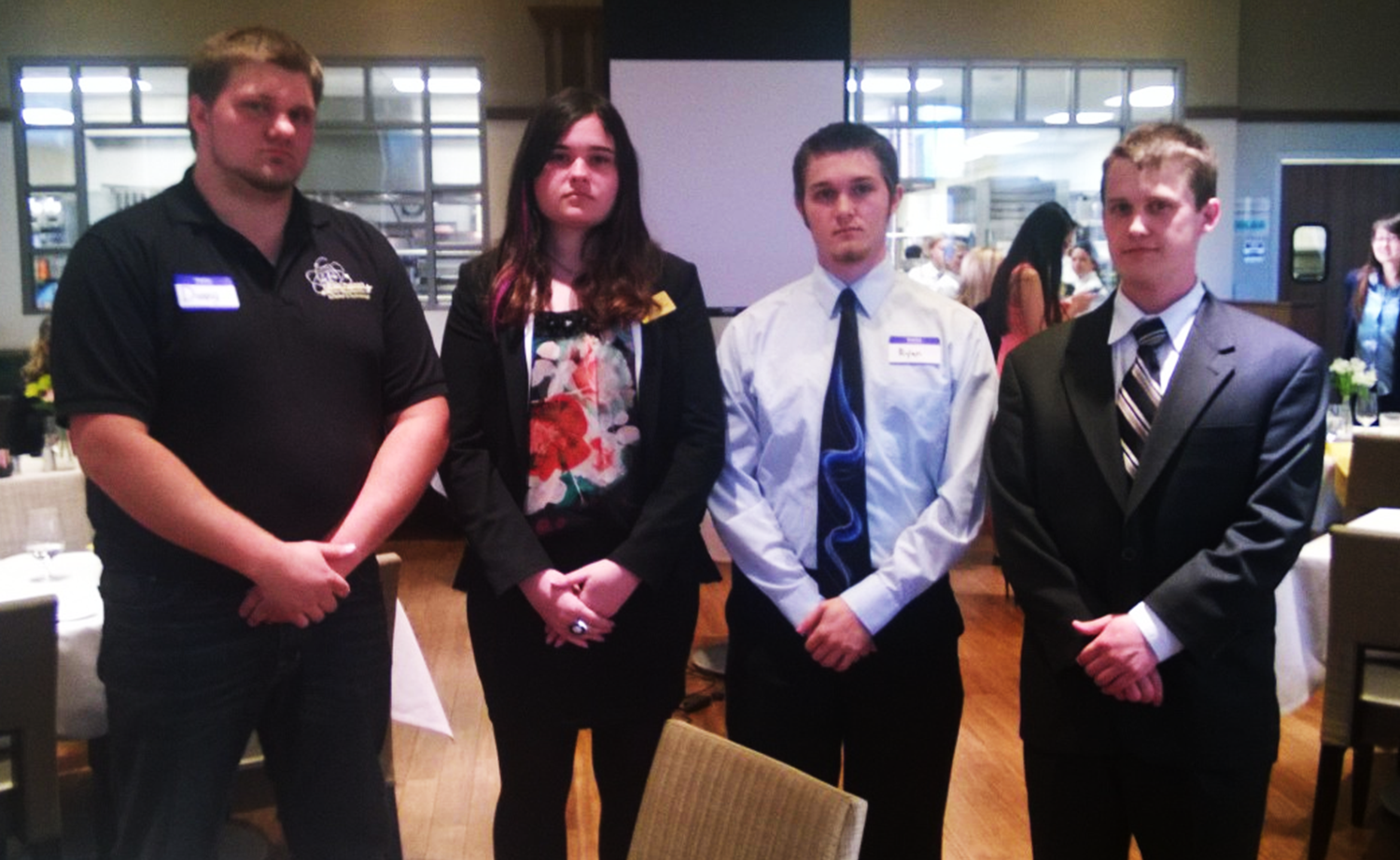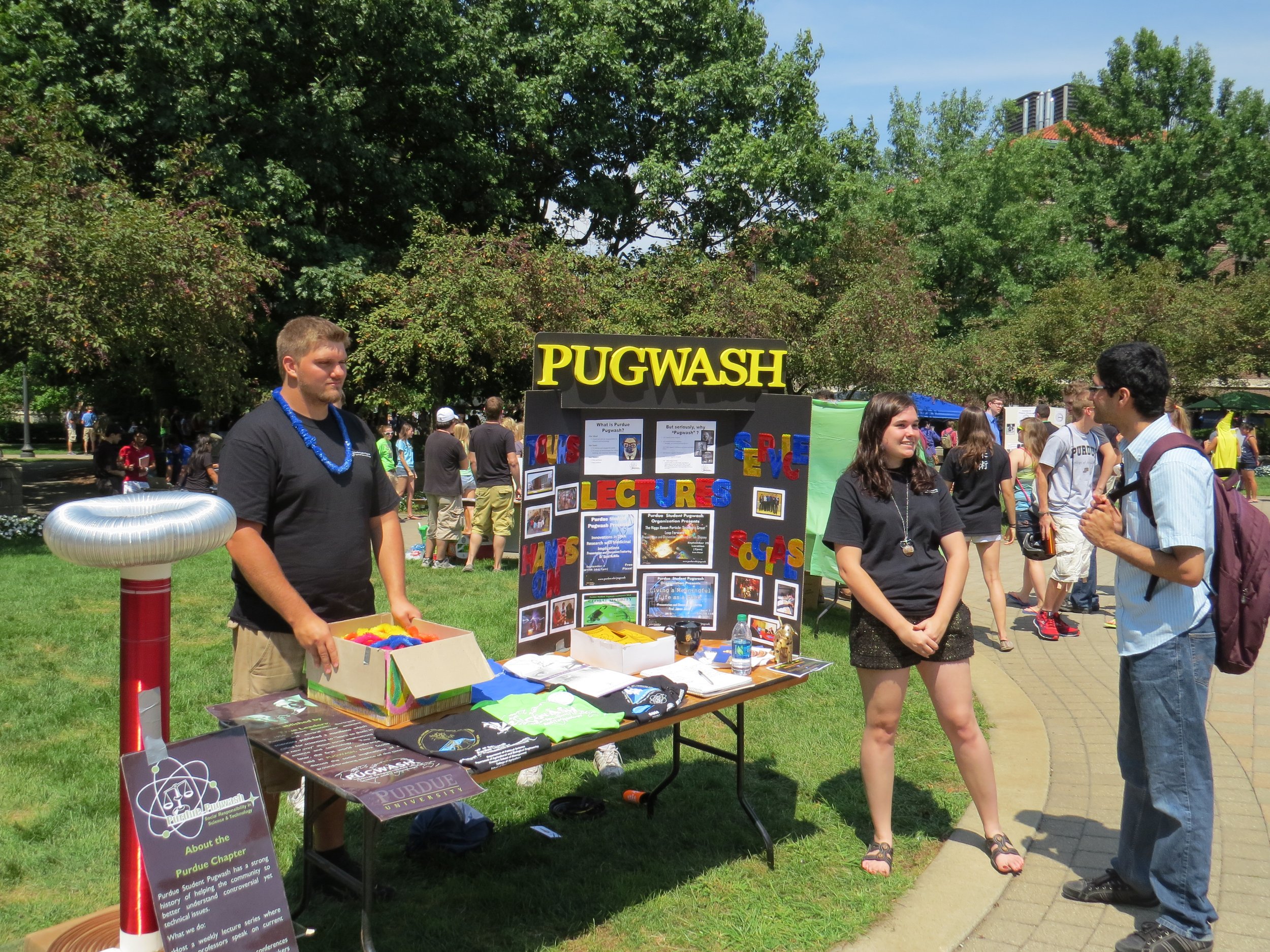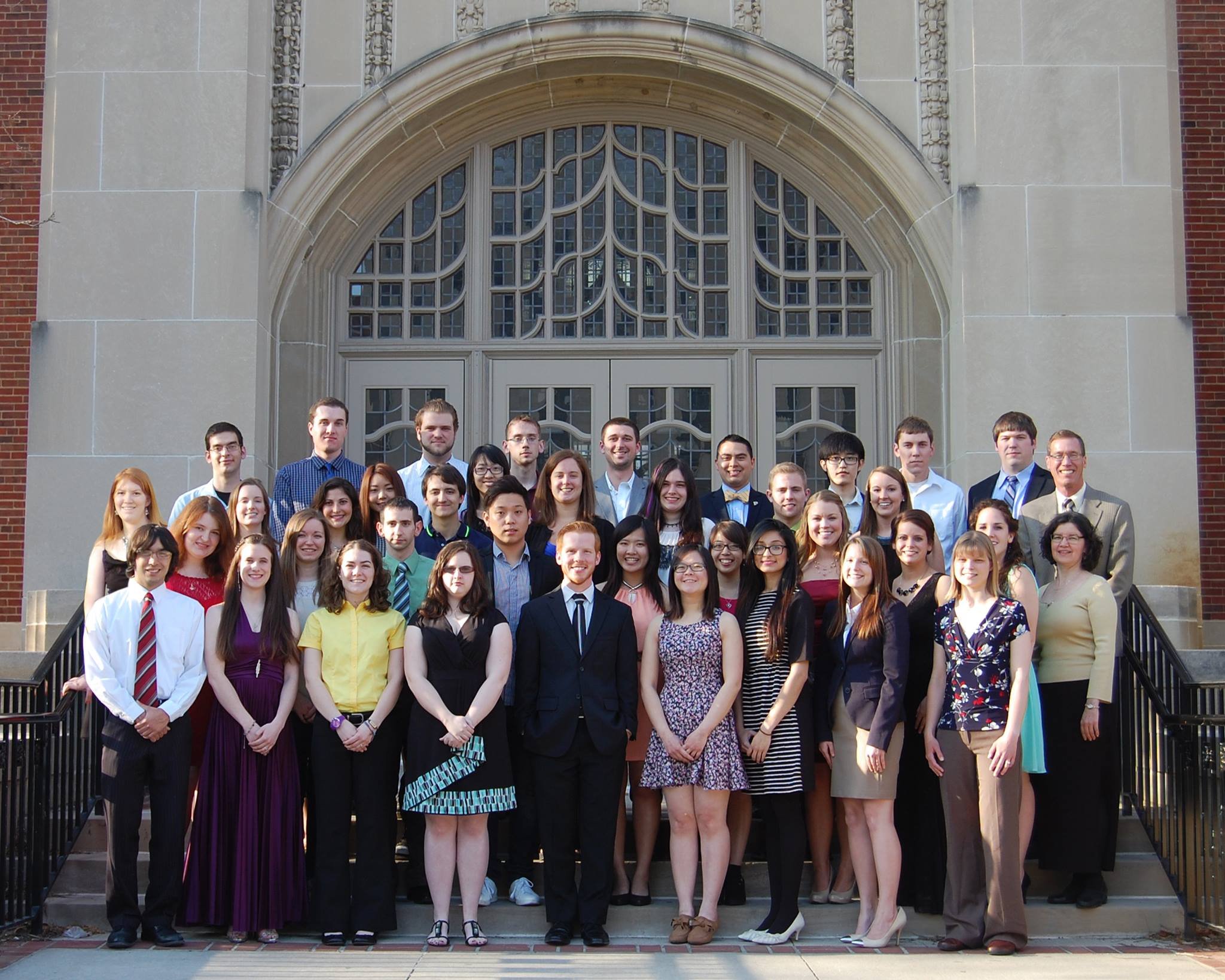Rayhan Asat
Rayhan Asat is a leading human rights attorney and Uyghur advocate. Rayhan is selected for Yale University’s a prestigious World Fellow class of 2021 for her commitment to make the world a better place, talent, and inspiring leadership.
A graduate of Harvard Law School and former anti-corruption attorney at a major U.S. law firm, Rayhan specializes in international human rights law and compliance with best business practices. Her legal and policy work centers around enforcing international human rights norms, civil liberties, curtailing forced labor, and promoting corporate accountability. She advised the World Bank Group and Organization for Economic Cooperation and Development to design Human-Centered Business Integrity Principles. She works with civil society, diplomats, lawmakers, and businesses to address human rights concerns, especially the atrocities in Xinjiang involving her own brother Ekpar Asat. Harvard Law School Professor William P. Alford who worked with Rayhan closely described her as “a person of real courage and integrity."
She has been featured in various media outlets including The New York Times, The Guardian, BBC, Foreign Policy, CNN, Deutsche Welle, Harvard Law Today, and Al-Jazeera among others. She has testified before the Canadian, British, and Lithuanian Parliaments. Her policy recommendations have been adopted by the US and other Western countries.She is a sought-after speaker at various national and international forums and conferences. She will present at the Geneva Summit for Human Rights and Democracy in June 2021. Rayhan’s writing has also been published in many legal journals, and her opinions have appeared in Foreign Policy, NBC News, The Hill Magazine, and other prominent publications. She is a Senior Fellow at the Raoul Wallenberg Center for Human Rights and is also the founder and president of the American Turkic International Lawyers Association.
While at Harvard Law, she was a teaching fellow and partnered with a leading Harvard Business School professor to teach a course on emerging markets. Rayhan loves mentoring students and young advocates. She serves an advisor to several human rights organizations including the Jewish Movement for Uyghur freedom and Harvard Human Rights Working Group. She has coached American University Washington College of Law’s moot court team for three consecutive years, and she also serves as a mentor with LawWithoutWalls, a multi-disciplinary legal shark tank-style competition.
Rayhan and I are both Senior Fellows at the Raoul Wallenberg Centre for Human Rights and I have the honor of working with Rayhan on the Board of Advisers for the Jewish Movement for Uyghur Freedom. We collaborated on several Harvard hosted programs with the Human Rights Foundation and Harvard Law School.
Rayhan is a tireless advocate for her people and the universality of human rights.
William Elias
William Elias is the Executive Director of the Legal Division and Chief Legal Officer for Sandia National Laboratories. He also serves as Secretary of NTESS, LLC, a wholly-owned subsidiary of Honeywell International, Inc. NTESS operates Sandia National Laboratories as a contractor for the U.S. Department of Energy’s National Nuclear Security Administration. Will joined NTESS in May 2017 as part of the new leadership team at Sandia.
Prior to joining NTESS, Will was General Counsel at Argonne National Laboratory, the nation’s oldest and preeminent multi-purpose national science laboratory, based in Illinois. Before joining Argonne, Will was General Counsel and Secretary of the Corporation at The Charles Stark Draper Laboratory, Inc., an independent, nonprofit research and development laboratory in Cambridge, Massachusetts. Draper is primarily a contractor for the U.S. Department of Defense, other national security agencies, and NASA. While at Draper, Will was also a Visiting Associate Professor of Law at the Boston University School of Law, focusing on intellectual property and business strategy.
Will began his legal career as a judicial clerk for the Massachusetts Supreme Judicial Court and was an attorney in private practice with Ropes & Gray and Peabody & Brown. He received his Juris Doctorate magna cum laude at the Boston University School of Law and his Bachelor of Science degree from Tufts University.
I first met Will in 1986, when he became engaged in the spring semester of the EPIIC program on International Terrorism. He enrolled in the summer version of our colloquium program, and became a full-fledged member of EPIIC’s 1986 program on The Future of the West Bank and Gaza [1]. It was immediately clear that he was a brilliant, thoughtful student academically, but more so he made an impact on me with his non-ideological thinking and his articulate and deliberate mode of questioning. He never shied away from controversy and forcefully voiced his opinions, but never in an _ad hominem_ manner. He controlled this sensitive panel very capably.
We became close his senior year when he decided to shift his emphasis from his premed studies to the possibility of entering law school. It was late in the year, and despite the deadlines having passed for admission to law school, I encouraged him to apply to Boston University, and attempted to intervene on his behalf with several of my faculty friends, notably Pnina Lahav, with whom I had worked on Israeli politics and Israeli Supreme Court issues when I was a director of Hillel at Boston University, and Steve Trachtenberg, then Dean of Academic Affairs.
Will succeeded in his application and would continue his stellar studies there, entering the private practice of law at a prominent national firm. He eventually transitioned his career to focus on serving in national security, serving as the general counsel to several national defense, science, and security entities.
He has an extraordinary voice -- bass, I think -- and was a prominent member of the famed Tufts acapella group, the Beelzebubs. We maintained our friendship over the years; on occasion, he would visit the Outward Bound weekend of the EPIIC program, for he loves the outdoors and was the first person to introduce me to GPS in the woods. Will always had the most updated technological gizmos and the best wilderness outfits. My students loved him.
There was always a distinguished aura about him. I was honored to be called upon by him to advise and mentor his son Hunter, fulfilling one of my dreams to be of service to the university-age children of my alumni.
He has been a loyal friend, who could always be called upon, and I remember my visits to both Argonne and Sandia Labs in my pursuit of Pugwash activities. At Argonne, he importantly introduced me to Pete Heine, Director of the Center for Strategic Security, which develops and implements practical approaches and technical solutions to address severe threats to national and global security.
During a recent family dinner together, I was very surprised when Will told me that I, and EPIIC, featured prominently in his “leadership story” that he, as an executive mentor, tells to participants in the National Security Leadership Development Program. I am glad that I have had such a positive impact on his life.
Brian Moore
Brian Moore is a global security and development executive. He was the National Security Council Advisor, in the Executive Office at the US Agency for International Development (USAID). Dr. Moore led USAID interagency coordination on national security issues. He previously served as a Senior Advisor in the USAID Middle East Bureau, Executive Office. There he focused on defining the bureau’s future programming in the Middle East and North Africa through the lens of the Great Power Competition. Dr. Moore is a Middle East Affairs specialist who has lived primarily in the region since 1996. He returned to the US in late 2015 and was the Global Security Manager for an NGO, establishing a comprehensive security program. He also started a nonprofit focused on displaced people and food security primarily in Jordan and Iraq. Prior to that, he worked as a United Nations Officer in Gaza and the West Bank at UNRWA. He has served as a US Foreign Service Political Officer in Egypt, Iraq, Tunisia, and Yemen, and as an Air Force officer in Bahrain and Oman. He speaks Arabic and Hebrew and received a PhD from Bar Ilan University in Israel. His thesis focused on political history. He is also a graduate of the US Air Force Academy.
Jeff Aresty
Jeff Aresty is based in Houston, Texas, and is an international business and e-commerce lawyer who has led the non-profit Internet Bar Organization (IBO) since 2005. IBO’s mission is to promote and shape the emerging online justice community by advancing the rule of law for the emerging global society.
To assure that a worldwide justice system operates in harmony with land-based legal systems and that the dignity of every human is respected, IBO’s vision is to bring international humanitarian law to cyberspace.
IBO has worked tirelessly toward achieving this vision by organizing a global movement using music, documentaries, publications, concerts, legal empowerment networks, and both long term projects and use cases from around the globe and has become a multidisciplinary movement to create access to justice and economic opportunity for disadvantaged people (primarily women and children) in developing and transitional countries.
IBO’s key innovation has been to bring self-empowering solutions which allow its clients to build sustainable e-commerce businesses that will operate in an open world marketplace based on the design and proof of concept of an open-source “Justice Layer” of the internet. This new “layer” of the internet is the foundation for a fair trade e-marketplace and is intended to catalyze a youth-led movement to empower communities everywhere.
IBO’s first project, PeaceTones® was initiated in 2008 at the Institute for Global Leadership at Tufts University, to provide musicians in conflict, post-conflict or impoverished areas with access to economic and legal resources through digital platforms. PeaceTones® mentors have trained and educated musicians, artists, and entrepreneurs from conflict zones and impoverished communities in countries around the world in their legal rights and facilitated their access to international markets through innovative internet-based activities. PeaceTones® is an example of IBO’s constant search for inspiring collaborators across the globe, such as the founding director of the IGL, Sherman Teichman, who bring their own talents and outreach to promote equity and justice for all.
Recently, working with Sherman and the Trebuchet, he introduced Jeff to many leaders from academic, government, business, technology and non-government communities, to develop a shared understanding of how to shape a new layer of justice which would be fair and accessible to all. Together with Sherman’s colleagues, Curt Rhodes and Jordan Chaney of Questscope, they are proposing a plan to empower youth to overcome distrust, disinformation, exclusion from justice,
and conflict. Teams have been assembled to:
- Build legal and technical support structures for justice in a new “digital country” in cyberspace– for a culture of respect for the rule of law founded on human dignity and the right to sovereignty of every human being over personal identity.
- Build trust networks for economic empowerment and protection of intellectual assets, particularly in the fields of arts, music and culture.
Jeff’s background both in technology and the law, and as an e-commerce lawyer goes back to the start of his career. He has co-authored chapters on technology and law topics in several books from 2006-2012 including several chapters in the casebook, Cyberlaw: Text and Cases (2011, SouthWestern Cengage Learning), a chapter on mobile technology and the rule of law in Mobile Technologies for Conflict Management (2011, Springer) and a chapter on “Online Dispute Resolution and Justice” in Online Dispute Resolution: Theory and Practice (2012, Eleven Publishing). His most recent article which explains how blockchain technology can empower stateless refugees, the foundation for his current work with Sherman, Curt and Jordan, was published by Lexis-Nexis https://papers.ssrn.com/sol3/papers.cfm?abstract_id=3297182.
Jeff has also taught (both face to face and online) several undergraduate courses on Global Cyberlaw, Law and the World Wide Web, and International Business Transactions at the University of Massachusetts (Amherst) and Bentley University in Waltham, Massachusetts.
Jeff earned his law degree at Boston University School of Law in 1976 and a Master of Laws degree in Taxation (1979) and International Banking (1993), both from Boston University School of Law, Jeff has completed training as an international commercial arbitrator and as a certified mediator in Texas.
Email: jeffaresty@gmail.com
Bio on internet: https://www.internetbar.org/board-of-directors/jeff-aresty/
I met Jeff through Convisero mentor Rafi Reisz. He was one of my first INSPIRE fellows. As noted, we began Peace Tones, and went on to collaborate many humanitarian efforts, most recently related to relief for Ukrainian refugees and internally displaced peoples. I introduced one of my former Trebuchet team members, Rachel Svetanoff, to Jeff, and the rest is history.
James Glaser
James M. Glaser is dean of the School of Arts and Sciences and Professor of Political Science at Tufts University. Prior to his appointment as dean of the school in 2014, he served as dean of academic affairs for Arts and Sciences (2010–2014) and dean of undergraduate education for Arts, Sciences, and Engineering (2003-2010). He was also chair of the political science department for four years (1999-2003).
As dean, Glaser aims to work with faculty colleagues and Arts and Sciences staff to improve faculty governance; to update and refresh the graduate and undergraduate curriculum; to improve residential life for undergraduates, to support the new facilities being designed and built on campus; to fulfill the school's commitment to the diversification of the faculty, staff, and student body; and to enhance the research profile of the school through new faculty hires and support of the outstanding scholars and researchers already on staff. As the School of the Museum of Fine Arts was acquired by the university during his deanship, Glaser has tended to the integration of SMFA at Tufts into the university and its growth and diversification.
Glaser received his BA from Stanford University and his PhD from the University of California, Berkeley. He is the co-author (with Timothy J. Ryan) of Changing Minds, if Not Hearts: Political Remedies to Racial Issues (2013, University of Pennsylvania Press), in which they argue that strategic politics can change how members of the mass public think about issues of race, while not operating through how they feel about people of other races. His previous books, The Hand of the Past in Contemporary Southern Politics (2005, Yale University Press) and Race, Campaign Politics, and the Realignment in the South (1996, Yale University Press), each received the Southern Political Science Association's V.O. Key Prize awarded to the year's best book on southern politics and were both recognized by Choice as Outstanding Academic Titles. His current research project, with Professors Jeffrey Berry and Deborah Schildkraut, is a study of how liberals and conservatives fundamentally differ in how they think about politics -- compromise, civility, power, and obligations to others -- as opposed to policy.
As the Founding Director of The Institute for Global Leadership, I had the pleasure to report to Jim who was a consistent advocate and supporter of our efforts. In particular Jim cared about our Synaptic Scholars program and attended and introduced many of its forums. He also chose Synaptics to host significant speakers including the theoretical and mathematical physicist, Freeman Dyson and Supreme Court Justice Anthony Scalia.
Jack Margolin
Jack Margolin is a Program Director at C4ADS, a non-profit that uses publicly available information and emerging technology to investigate and disrupt illicit networks. Jack's team, Conflict Finance and Irregular Threats, focuses on the financial drivers of conflict — war economies, the illicit trade in small arms, and the actors behind war crimes and mass atrocity. He is interested in how emerging technology and novel partnerships can improve human security and create accountability for the networks profiting from organized violence. At C4ADS, Jack has investigated issues ranging from corruption in South Sudan, to the war in Eastern Ukraine, and nuclear proliferation networks in South Asia.
Jack is an alumnus of the 2014-2015 EPIIC "Russia in the XXIst Century '' Colloquium and the Oslo Scholars program. He graduated from Tufts in 2016 with a Major in International Relations and a Minor in Russian Language, before teaching English and conducting research in Odesa, Ukraine with Fulbright. He is originally from Atlanta, Georgia.
On his experience with EPIIC:
There's a fairly straight line that I can draw from my initial involvement with EPIIC to the work I am doing now. EPIIC and Oslo Scholars forced me to interrogate my own values and exposed me to people who were doing profoundly impact work. Over the span of that Colloquium year, my interests shifted from a more conventional focus on international security to an interest in the causes of conflict and mass atrocity — and the corresponding levers of accountability. Consequently, I discovered the Institute for Global Leadership's Initiative on Mass Atrocity and Genocide (IMAGE). I was exceptionally lucky to find essentially everything I was looking for — in particular, a route from study into practice — in one place. The EPIIC experience and the people I met through it are unquestionably one of the brightest parts of my time at Tufts,
Aside from the influence that EPIIC and other programs within the broader IGL had on my own intellectual development, I'm most indebted to the program for the folks that I got to know as a result. I've had the great fortune to work alongside some of the crew that I originally got to know through my reading group in EPIIC. I continue to find myself collaborating with people that have come through this community again and again.
Turhan Canli
Turhan Canli is an internationally renowned expert on the biology of emotion, personality, and psychopathology, using tools from psychology, neuroscience, and genomics. He is a Full Professor of Psychology and Psychiatry at Stony Brook University (Long Island, New York), and Founder/Director of the SCAN (Social, Cognitive, and Affective Neuroscience) Center and Founder/Director of the Mind/Brain Center on War and Humanity, which is dedicated to promoting humanity and understanding of the human condition in times of war, through clinical care, research, education, and policy applications.
In his freshman year 1985 at Tufts, Turhan joined the first EPIIC class of Sherman Teichman’s on International Terrorism, which he completed with a published thesis on the psychological profile of the German founder of the Red Army Faction, Ulrike Meinhof. Turhan continues collaborating with Sherman to this day, including organizing a research workshop on Neuroscience and National Security at Tufts in 2006, which led to a widely noted publication in the American Journal of Bioethics; a collaboration on the 2019 EuropeNow publication of the Council for European Studies Special Issue on “Forced Migration, Cultural Identity, and Trauma.”, and Sherman’s current role on the Advisory Board of the Mind/Brain Center on War and Humanity.
In addition to his Tufts undergraduate degree (1988, B.A., summa cum laude, summo cum honore in thesi), Turhan holds a Ph.D. in biopsychology from Yale University (1993), and a Certificate in Trauma Recovery from Harvard’s Program in Refugee Trauma (2017). After a postdoctoral position at Stanford University, he joined the faculty of Stony Brook University in 2001, where he is now a Full Professor of Psychology and Psychiatry. With expertise in psychology, neuroscience, and molecular genetics, Turhan focuses on three strands of research: 1) the biological basis of individual differences in political cognition, emotion, and personality; 2) the role of human endogenized retroviruses (HERVs) in mental health; 3) global mental health. The third line of research produced a 2021 report on endemic levels of post-traumatic stress disorder among Syrian civilians living in the war zones of rebel-held territories. The report is intended to guide international relief agencies plan for interventions in a post-war Syria.
Turhan’s work has been featured in the New York Times, Huffington Post, NPR, CNN, and many international newspapers and TV programs. His TEDx Stony Brook talk on depression as an infectious disease has been viewed more than 180,000 times on YouTube. He advised the National Science Foundation, National Institutes of Health, and the national science funding bodies of Austria, Germany, Iceland, Israel, The Netherlands, and the UK. In 2010, he was elected Fellow of the Association for Psychological Science. His proudest recognition remains the 2006 EPIIC Alumni Recognition Award.
When he is not working on academic pursuits, Turhan is immersed in songwriting and music production. He has multiple #1 hits on the online music platform SoundClick as singer/songwriter “Turhan”, and under his electronic music production pseudonym “Sahel”.
Turhan holds a very special place in my heart and memory as he was among my very first student cohort at Tufts in 1985 when I presented the idea of creating a student led colloquium/symposium on international terrorism.
I selected him in my interview process even though he was a freshman. It was already obvious to me that he was brilliant. I remember the research paper he did for me that was on the psychology of a terrorist group in Germany, the Baader Meinhof (Interestingly enough, given what Turhan has gone on to do professionally, here is the psychological concept of “cognitive bias”, otherwise known as the Baader-Meinhof phenomenon).
Turhan kept a diary from the very first day he heard that there would be a special orientation meeting.
Thirty years later on October 3rd, 2015, as part of the commemoration of my becoming Emeritus, he gave me a volume that he edited, the Oxford Handbook of Molecular Psychology, inscribed “Forever my teacher, mentor, and friend”.
He accompanied it with a note that reminded me that it was the 30th anniversary of when we first met and that was the first date of what became the Institute was October 3rd, 1985.
I joked with Turhan that this book is really the one volume in my library that I will never thoroughly understand. As an instance, one of its first entries is on the “Neuromodulation of social behavior in Insects”, the second “Social regulation of Gene Expression in the African Cichlid Fish”. There are happily chapters on the neurochemistry of human violence and aggression and Turhan’s own contribution on “Is depression an infectious disease”, that I have read and understand.
Of the many programs Turhan and I did together at the Institute, this was one on September 19, 2006 was one of the most cutting edge and fun:
The Neuroethics of Homeland Security
It was a daylong workshop exploring the ethics of the application of advances in neuroscience to the “war on terrorism.” It was convened by EPIIC alumnus Professor Turhan Canli of Stony Brook University. Participants included Susan Brandon, former Assistant Director of Social, Behavioral, and Educational Sciences in the Office of Science and Technology Policy at The White House and Major William Casebeer (USAF), Chief of Eurasian Intelligence Analysis at NATO Military Headquarters. (Institute for Global Leadership, September 2006)
Please visit the Trebuchet’s highlight of the Mind Brain Center on War and Humanity, of which I am a member of the Advisory Board, to gain more insight into Turhan’s incredible work.
Blade Kotelly
Blade the CEO of Blade Kotelly Inc., the Data-Driven Innovation Company™, an innovation and user-experience expert & Senior Lecturer at MIT on Design-Thinking and Innovation.
Blade provides consulting service in Design-Thinking and helps top brands to innovate radically on their product and services, and teaches organizations how to create solutions that customers love. Customers include Bose, Anheuser-Busch, CPI International, VMware, Lufthansa, The D.C. Department of Homeland Security and Emergency Management, and others.
Blade’s work and thoughts have been featured in top publications including The New York Times, the Wall Street Journal, and on media including TechTV, NPR, and the BBC. Blade holds a Bachelors of Science in Human-Factors Engineering from Tufts University and a Master of Science in Engineering and Management from MIT.
Prior to that, Blade led the Advanced Concept Lab at Sonos where he defined the future experience that will fill your home with music. Before joining Sonos, Blade was the VP Design & Consumer Experience at Jibo, Inc. where he was in charge of the industrial-design, human-factors, user-interface, brand, packaging, web experience supporting Jibo, the world’s first social robot for the home. Blade has also designed a variety of technologies including ones at Rapid7, an enterprise security-software company, StorytellingMachines, a software firm enabling anyone to make high-impact movies, Endeca Technologies, a search and information access software technology company, Edify and SpeechWorks, companies that provided speech-recognition solutions to the Fortune 1000.
Blade wrote the book on speech-recognition interface design (Addison Wesley, 2003), The Art and Business of Speech Recognition: Creating the Noble Voice and his work and thoughts have been featured in publications including The New York Times, the Wall Street Journal, and on media including TechTV, NPR, and the BBC.
Since 2003, Blade has taught courses on design-thinking to thousands of students and professionals, and holds a Bachelors of Science in Human-Factors Engineering from Tufts University and a Master of Science in Engineering and Management from MIT.
Find out more at www.bladekotelly.com
John Hoberman
John Hoberman is a professor at the University of Texas at Austin.
A social and cultural historian he is deeply interested in European cultural and intellectual history with special concerns in Sportwissenschaft and the history of ideas about race.
He has researched and published extensively in the fields of sports studies, race studies, human enhancements, medical history, and globalization studies. His work in sports studies encompasses race relations, politics and the Olympics, and performance-enhancing drug use. His interests in medical history include the social and medical impacts of androgenic drugs (anabolic steroids) and the history of medical racism in the United States. He has lectured at many medical schools and other medical institutions on this topic.
Prof. Hoberman is the author of Sport and Political Ideology (1984), The Olympic Crisis: Sport, Politics, and the Moral Order (1986), Mortal Engines: The Science of Performance and the Dehumanization of Sport (1992), Darwin’s Athletes: How Sport Has Damaged Black America and Preserved the Myth of Race (1997), Testosterone Dreams: Rejuvenation, Aphrodisia, Doping ((2005), Black & Blue: The Origins and Consequences of Medical Racism (2012), and Age of Globalization, the text of a Massive Open Online Course (MOOC) broadcast on the edX global platform during 2013 and 2014 and published online by the University of Texas Press in January 2014.
Prof. Hoberman has also published widely for general audiences. His articles have appeared in the New York Times, the Wall Street Journal, Foreign Policy, The Nation, The Wilson Quarterly, Society, Scientific American, the Atlanta Journal-Constitution, The National (Canada), and Der Spiegel (Germany). Interviews with Prof. Hoberman have appeared in Norwegian, Swedish, French and German publications. Interviews on media outlets include all of the national networks: PBS, ABC. NBC, CBS, FOX, ABC (Australia), CBC (Canada), and BBC (UK).
Leon Fuerth
Leon S. Fuerth Professor Leon Fuerth’s career in government spanned thirty years, including positions in the State Department, House and Senate staff, and the White House. His most recent government service was as Vice President Gore’s National Security Adviser for the eight years of the Clinton administration, where he served on the Principals’ Committee of the National Security Council and the National Economic Council, alongside the Secretary of State, the Secretary of Defense, and the President’s own National Security Advisor. During his twelve years as a Foreign Service Officer with the State Department, Professor Fuerth served in the U.S. Consulate General in Zagreb, Yugoslavia; the office of the Counselor of the Department; the Bureau of Intelligence and Research; and in both the Bureau of Political Military Affairs and the Bureau of European Affairs in several capacities. He became a resource for strategic intelligence (chemical, biological, radiological and nuclear weapons); arms control; Soviet and Warsaw Pact affairs; and NATO.
On the Hill, Professor Fuerth worked for the late Congressman Les Aspin as staff director of the sub-committee on covert action, in the House Permanent Select Committee on Intelligence; for Al Gore during the last two years of his term as a member of the House; and for Gore during both his terms as a Senator. In the course of this twelve-year period, Professor Fuerth was the Select Committee’s expert on arms control verification, in addition to operating as its primary staff resource for monitoring covert action; he was deeply involved in the development of arms control positions by Congressman Gore; and in the Senate, he served as Gore’s staff link to both the Senate Armed Services Committee and the Senate Committee on Science and Technology (Space sub-committee). He was responsible to Senator Gore for all aspects of national security, including international trade. In the White House, Professor Fuerth served as Vice President Gore’s National Security Adviser for both of his terms in office. During this time, he operated – by Presidential order – as a full member of the Principals and Deputies Committees in both the National Security Council and the National Economic Council, where he participated in the formation of national policy as an advisor to both the Vice President and the President. He was the senior administration staff member responsible for the operation of bi-national commissions with Russia, Ukraine, Kazakhstan, Egypt, and South Africa, as well as the U.S.-China Environmental Forum, which he personally negotiated.
For three years, he coordinated sanctions against Serbia on behalf of the U.S. government, at the request of the Principals Committee. Throughout the Clinton-Gore administration, Professor Fuerth also led efforts to develop the International Space Station with the Russians and other partners; to raise awareness and take action to prevent the spread of Copyright: Leon S. Fuerth and Sheila R. Ronis 6 HIV/AIDS in Africa; to denuclearize former Soviet states by providing alternative energy sources for the replacement of certain nuclear reactors and by providing alternative employment opportunities for nuclear scientists in Russia; to win China’s cooperation in protecting the environment and reducing pollution; and to spur foreign investment in Egypt, offering a positive example for other Arab nations involved in the Middle East peace process.
After retiring from government service at the conclusion of the Clinton Administration, Professor Fuerth came to The George Washington University to serve as the J.B. and Maurice C. Shapiro Professor of International Affairs from January 2001 to January 2003. He also then served simultaneously as a research professor at the Elliott School of International Affairs. In addition, from 2011-2013 he served as a Distinguished Research Fellow at the National Defense University. Lastly, he served as a Practitioner in Residence at the George Washington University’s Institute for Global and International Studies from 2013 - 2016. During this period, Professor Fuerth served as a member of the National Academy of Science Committee on Climate, Energy and National Security, and to The Alliance on Climate Change, and as a consultant to former Vice President Al Gore.
Leon Fuerth is the founder and director of the project on Forward Engagement®. The Project on Forward Engagement promotes the use of Anticipatory Governance to improve the federal policy process by incorporating: foresight as an actionable component of the policy process; networked systems to support whole-of-government responsiveness; and feedback systems to monitor performance and speed-up learning from results. The Project was funded by the MacArthur foundation, the National Defense University and the George Washington University. More information is available at www.forwardengagement.org.
Currently, Professor Fuerth serves as a co-researcher on a project on foresight and democracy funded by Rockefeller Brothers Fund. Fuerth holds a bachelor’s degree in English and a master’s degree in history from New York University, as well as a master’s degree in public administration from Harvard University.
I have had the privilege of knowing Leon for three decades. I first met Leon in our 1992 EPIIC year on International Security: The Environmental Dimension where he was a powerful presence. http://tiglarchives.org.s3.amazonaws.com/programs/archive/1992/international-symposium.html
We continued our relationship over the years. He returned to the Institute to participate in our 2006 EPIIC symposium on Global Crises/Global Governance and later in our Neuroscience: Morality and the Mind initiative with Professor Ray Jackendoff. http://tiglarchives.org.s3.amazonaws.com/sites/default/files/archives/2007/sym07.html
Leon invited me to participate in my role as an educator, together with Professor James Rosenau, at the genesis of his Forward Engagement initiative at GWU. He had a profound impact on me, and on my students and the thematic concerns I have pursued since.
On April 15, 2021, the New York Times published this editorial:
Why Spy Agencies Say the Future Is Bleak
https://www.nytimes.com/2021/04/15/opinion/global-trends-intelligence-report.html
“Climate change, technology, disease and financial crises will pose big challenges for the world, an intelligence report concludes.”
Meanwhile reading the last paragraphs you will see a reference to Leon. As an educator, I became a part of his Forward Engagement initiative in which we are currently mobilizing collaborative efforts.
Eva Armour
Eva Armour supports communities in conflict to imagine, practice, and build a more just and peaceful world. For nearly 20 years, she has worked with Seeds of Peace to bring together courageous leaders from the Middle East, South Asia, and United States who work in solidarity across lines of difference to build more just and inclusive societies. As the Director of Impact, she gets to explore questions about what drives transformative social change. Eva believes that building community is the foundation for social justice and collective liberation and gets the chance to practice that through her involvement in Showing Up for Racial Justice (SURJ) in Boston, where she organizes for police and prison abolition and helps move white folks into action as part of Black-led multi-racial coalitions. She serves on the Board of Directors of Rhize, Activate Labs, and Empathy for Peace.
Eva is a wonderful friend. She is endlessly imaginative and thoughtful. Her verve and groove are totally infectious. There is little “downtime” around her, in both meanings of any hint of sadness, or lassitude.
We are collaborating on her initiative to enhance the impact of our communities to ultimately make Convisero searchable and interactive, and both accessible and accountable to the community. Eva has suggested that we carefully merge the many notable alumni of Seeds of Peace with my roster of alumni from the institute, now positioned as mentors in Convisero.
I had the privilege of knowing John Wallach, the founder of Seeds of Peace, and its International Peace Camp, in Maine. I honored John, who I greatly miss with my Institute’s Dr. Jean Mayer Global Citizenship award. He would certainly be proud of Eva as the Seeds' director of impact.
I helped create the first curriculum of Seeds of Peace, and was given the responsibility to host and help integrate the first cadre of the Israeli and Palestinian students, who witnessed the 1993 Oslo handshake on the White House lawn, at Tufts, in the now far distant days of promising efforts at reconciliation. I also took the adult escorts - “minders,” of the Israeli, Palestinian, Jordanian, Tunisian and Moroccan student delegations, who accompanied their young students to Washington D.C. and on to Maine, for orientation activities at Boston Harbor's Thompson Island, in the Boston Harbor. They were skeptical of each other, and were far more difficult to contend with than their students. It was fascinating to see their initial suspicions begin to break down over the weekend in ropes courses and other team activities.
Jake Sherman
Jake Sherman is the Minister Counselor for UN Management and Reform at the U.S. Permanent Mission to the United Nations (USUN) and was lead U.S. negotiator for the 2024 UN Summit of the Future process.
From 2017-2021, he was the Senior Director of Programs at the International Peace Institute (IPI), where he oversaw IPI’s research agenda on strengthening multilateral cooperation. He previously has served as Special Adviser on UN Management and Reform at USUN (2015-2017) and as the Afghanistan and Pakistan Regional Team Leader for Office of Transition Initiatives (2012-2015) and then coordinator for the 2015 Quadrennial Diplomacy and Development Review at the U.S. Agency for International Development (USAID) (2016).
Prior to joining government, he worked for New York University’s Center on International Cooperation (2007-2012); as a consultant on peacebuilding for non-governmental organizations in Cambodia (2005-2007); as a Political Affairs Officer for the United Nations Assistance Mission in Afghanistan (2002-2005); at the International Peace Institute (2000-2002); and for Physicians for Human Rights on a forensic team collecting evidence of war crimes in the former Yugoslavia and Rwanda (1996-1998).
He is the co-editor of two volumes on the political economy of violence: The Political Economy of Civil Wars and UN Peace Operations (2023) with Mats Berdal, and The Political Economy of Armed Conflict (2003) with Karen Ballentine.
He holds degrees from Tufts University and the Columbia University School of International and Public Affairs.
Luke O'Neill
Luke O’Neill is currently the Chief Operating Officer at Wilderness Medical Associates International.
A graduate of Georgetown Law School, he specialized in criminal law, and practiced as both a public defender and advocate for juvenile justice, and as a corporate lawyer. At the Harvard Business School, he was awarded HBS’ Fellowship for outstanding performance in non-profit sector and the Dean's Service Award upon graduation.
He has led an extraordinary career specializing in nonprofit management, serving corporate, government, and non-profit groups seeking to accelerate leadership development and team building.
He has specialized in education, creating schools for disadvantaged youth, raising millions of dollars for non-profit ventures. A committed and passionate educator and leader he was recruited by The Arthur M. Blank Family Foundation to be their Executive Director for their AMERICAN EXPLORERS, LLC, leading the effort to create a world-class youth leadership development program focusing primarily on young men and women growing up in disadvantaged communities.
For a decade he was the Chief Executive Officer, Founder & Board Member of Shackleton Schools creating and leading a residential high school to inspire young people who experienced little success in traditional academic settings. He secured a 60-acre facility, constructed state of the art facilities. His desired metric and goal was made when every graduate proceeded onto respected colleges including Amherst, Brown, Bucknell, Haverford, Mount Holyoke, and Northeastern most earning full or near-full four-year scholarships.
Luke is a person of tremendous, integrity and character. Ultimately revealing, when he won the prestigious Echoing Green Fellowship Award, he donated his entire personal grant of $80,000 to support the launch of Shackleton Schools, Inc.
Luke is veteran Outward Bound Professional. Most recently he revitalized the business plan and management of the Outward Bound Hurricane Island School.
He is also superbly skilled and seasoned as a hands-on Course Director, Facilitator, and Wilderness Instructor with expertise as a wilderness first responder, open water scuba instructor (PADI), licensed Maine guide, ocean sailing, sea kayaking and CPR Instructor - FCC Marine Radio Operator . Luke’s extensive program areas include the Maine Coast, the Mahoosuc Mountains, San Juan Islands, Northern Cascades, Florida Keys, Croatia, and Panama's Bocas Del Toro region.
Luke leads high-impact educational programs for a wide- range of groups including corporate and community leaders, military veterans, aspiring wilderness educators, incoming MBA students, adults, and teenagers – and University programs.
It is this capacity that I first interacted with Luke and then had the chance over the years to observe and greatly appreciate his unique inspirational amalgam of physical prowess and thoughtful, calm and decisive leadership when he directed many of our EPIIC program’s Outward Bound intensive weekends. These weekends were pivotal moments in my ability to create the intellectual student team that would be able to fulfill the intensive requirements of the EPIIC colloquium and symposium, a demanding program that previous Tufts President and current Harvard President, Larry Bacow admiringly termed an “intellectual boot camp.”
My 2015-16 Outward Bound weekend with Luke is pictured here.
Luke was a superb facilitator of the debriefs of the physical and psychological activities we ran under his supervision. He was intellectually curious, and engaged with the academic content of the weekend’s invited guest professorial and practitioner’s talks and simulations.
We established a great rapport over the years. What particularly fascinated me was Luke’s role as the leader of Outward Bound’s Center for Peacebuilding, serving as the leader of the 2012 and 2015 Emerging Leaders Programs involving carefully selected Israeli and Palestinian participants during a 10-day back- packing expedition in Croatia.
The Institute was considered an “Intellectual Outward Bound,” by HIOBOS. In 2015 he was asked to write this lead article for OB’s International Journal. He also inspired Jerome, whose love for the wilderness and the lure of OB, was honed by Luke’s professional example.
Luke has served The Trebuchet wonderfully as a critical and supportive adviser, as we transition to concentrate more effectively on integrating our Convisero community. Luke epitomizes a wingman – a person you would want as your protective “six.”
Matt Bai
Matt Bai is a nationally known journalist, author and screenwriter. Starting in 2002, he covered three presidential campaigns for the New York Times, where he was the chief political writer for the Sunday magazine and a columnist for the newspaper. He then spent five years as the national political columnist for Yahoo News. In January 2020, he became a contributing columnist for the Washington Post.
Bai’s most recent book, All the Truth is Out: The Week Politics Went Tabloid(Alfred A. Knopf, 2014) looks back at the ruinous scandal involving the presidential candidate Gary Hart in 1987 and how it shaped the political and media culture. It was selected as one of the year’s best books by NPR and Amazon and was one of 10 books long-listed for the PEN Faulkner Award in nonfiction.
Bai also co-wrote, with Jay Carson and Jason Reitman, the feature film adapted from the book, titled “The Front Runner.” The film, directed by Reitman and starring Hugh Jackman as Hart.
Bai is also the author of The Argument: Billionaires, Bloggers and the Battle to Remake Democratic Politics (Penguin Press, 2007), which was a New York TimesNotable Book for 2007. Bai has appeared frequently on NBC’s “Meet the Press” and played himself in a recurring role on season two of the Netflix drama “House of Cards.”
In his early twenties, Bai was a speechwriter for UNICEF, where he worked with Audrey Hepburn during the last year of her life. He began his journalism career as a city desk reporter for the Boston Globe and spent five years as a national correspondent for Newsweek. His international experience includes coverage from Iraq and Liberia.
Bai is a graduate of Tufts and Columbia’s Graduate School of Journalism, where the faculty awarded him the Pulitzer Traveling Fellowship. He has been a visiting fellow at the Woodrow Wilson Center for International Scholars, Harvard, the University of Chicago and Stanford. He serves on the board of the Jonathan M. Tisch College of Civic Life at Tufts.
A native of Trumbull, Connecticut, Bai lives with his wife and two children in Bethesda, Maryland. He rarely misses a Yankee game or a Timescrossword. You can follow him (occasionally) on Twitter at @mattbai. Matt enrolled in the Institute’s “Militarization of the Third World” EPIIC program in 1990 and was our symposium’s briefing book editor.
One major pedagogical approach I deployed in EPIIC was to prepare my students in the colloquium model in the standard definition of a colloquium, with its numerous guest lecturers, to expose them to a spectrum of opinions, even purposively radical different perspectives.
Matt intrinsically understood the value of colloquia and wrote this for the University’s Institute CASE statement in 1999, when as an alumnus, he had graduated Columbia University’s School of Journalism, being awarded its prestigious Pulitzer Traveling Fellowship , and was a national correspondent for Newsweek.
“Most classroom learning is, by necessity, the reflection of one professor's view, aided by a few select books and media tools that support the point. This is an effective way to teach names and dates, but it does little to encourage students to independently evaluate information. EPIIC is refreshingly different. Students have the opportunity to read a dizzying amount of material from opposite perspectives, to question personally many of the experts themselves, and to discuss their impressions with one another.
In EPIIC it's all right to be conflicted or critical, or even downright wrong now and then; what isn't acceptable is to abdicate your responsibility to think. This is the essence of intellectual leadership. It breeds confidence and wisdom in a world where too many people are simply overwhelmed by the flood of information.
A good friend for decades, his friendship, clarity, self-effacement and directness is tremendously valued and rare.
Chike Aguh
Chike Aguh is Chief Innovation Officer at the U.S. Department of Labor.
He is a Senior Principal at the McChrystal Group, a firm founded by Gen. (Ret.) Stanley McChrystal. He serves as the firm’s subject matter expert on future of work. As a Council of Foreign Relations (CFR)term member, member of CFR’s Future of Work Taskforce, inaugural Future of Work Fellow at the International Society for Technology in Education, and advisor to the American AI Forum, Chike writes and speaks on the future of work, particularly through the lens of underserved communities. At the Carr Center, Chike’s research was on the impact of new technologies on the human right of economic dignity and how America can secure that right for all, regardless of race.
Previously, he worked as an education policy official under the Mayor of New York City, a 2nd grade teacher and Teach For America corps member, a Fulbright Scholar in Thailand, a corporate strategy director at the Advisory Board Company, and CEO of a national social enterprise which helped connect 500,000 low-income Americans in 48 states to affordable internet and digital skills.
Chike holds degrees from Tufts University (B.A.), the Harvard Graduate School of Education (Ed.M), the Harvard Kennedy School of Government (MPA), and the University of Pennsylvania's Wharton School (MBA). He is a 2017 Presidential Leadership Scholar, past Council on Foreign Relations term member, Washington Business Journal 40 under 40 honoree, Wharton 40 under 40 honoree, and past member of the HKS Alumni Board of Directors. He has been featured at and in the White House, CNNMoney, Forbes, Wired Magazine, and Fast Company.
I have known Chike for years, ever since he was a prominent member of the Tufts undergraduate community, as President of the Tufts Community Senate. I enjoyed some wonderful thoughtful conversations with him, particularly on inequality and race.
He was a close friend of one of my treasured alumni Asi-Yahola Somburu, an EPIIC veteran of our 2004 colloquium/symposium “Oil and Water.” Together they created one of the campus’ most important forums, the Emerging Black Leadership Symposium. Of its origin, Asi kindly wrote me – Furthermore, the mental seed for the Emerging Black Leadership would never have been created nor watered (in my mind or in Chike’s if not for EPIIC).
As TCU’s President, Chike was instrumental in awarding the University’s highest alumni award, The Light on the Hill Award,” to another of our mentors, and EPIIC alumni, UNDP’s Nick Birnback.
Sousan Abadian
test test test
Dr Kennette Benedict is the former head of the Bulletin of the Atomic Scientists, now serving as a senior advisor there. She has a background in political science, and from 1991-2005 was the director of International Peace and Security at the John D. and Catherine T. MacArthur Foundation, overseeing grantmaking on a broad international security agenda.” Dr Benedict now teaches in the Harris School of Public Policy at the University of Chicago.
Sousan Abadian is an Iranian-born scholar passionate about enhancing human capabilities and wellbeing. She has an independent practice teaching, speaking, and consulting internationally on leadership, collective trauma, and personal, social, and cultural change. Dr. Abadian earned a Ph.D. in Political Economy and Government from Harvard University, an M.P.A. in International Development from Harvard’s Kennedy School, and an M.A. in the Anthropology of Social Change and Development, also from Harvard University.
The daughter of a World Bank economist, Dr. Abadian’s early life was influenced by the questions her father posed her: how to enrich the lives of the most vulnerable, the women and children in rural villages worldwide. She began her career studying effective income generating activities and micro-lending for the poorest of poor in Bangladesh and India and wrote about the income and fertility effects of purdah practices for Muslim women in South Asia. Her econometric analysis, “Women’s Autonomy and its Impact on Fertility” argued for the importance of empowering women and enhancing their capabilities and was published as a lead article in World Development (1996).
Dr. Abadian research on North American Native and First Nation’s communities identified the role played by long-standing collective trauma and sociocultural damage in perpetrating generational cycles of poverty and seemingly intractable conflict. Her doctoral research entitled “From Wasteland to Homeland: Trauma and the Renewal of Indigenous Peoples and Communities” was described by Nobel laureate in economics Amartya Sen as “pioneering” and “highly original.” Her findings were featured in a 2008 Harvard Magazine article, “Trails of Tears, and Hope: ‘Collective trauma’ takes a ferocious toll on human societies—yet there are pathways to healing.” Healing collective trauma requires the exercise of trustworthy leadership and orchestrating culture change. For over two decades, Dr. Abadian learned from and collaborated closely with Harvard’s Professor Ronald Heifetz, contributing to the development of the pioneering Adaptive Leadership framework taught at the Harvard Kennedy School. She became an Associate at Cambridge Leadership Associates, where she facilitated multi-day workshops and gave keynotes on Adaptive Leadership.
From 2010-2012, she was invited to serve as an inaugural Fellow at M.I.T.’s Dalai Lama Center for Ethics & Transformative Values where she first began developing her ARIA Principles. Between June 2017-June 2019, Dr. Abadian served as a Franklin Fellow at the U.S. State Department’s Office of International Religious Freedom, Bureau of Democracy, Human Rights and Labor. Her portfolio included preventing violent extremism, rights of religious minorities in the Middle East and South Asia, gender issues, atrocity prevention, and cultural restoration. The role of religious narratives in perpetuating violence and trauma or ushering in peace and reconciliation has been another thread in Dr. Abadian’s work. She has taught and facilitated conversations between Christian, Jewish, and Muslim heads of seminaries, as well as served as an advisor to the Colombian Padre Leonel Narvaez, Founder of “Schools of Forgiveness and Reconciliation” designed to heal traumatic patterns and build peace in conflict situations. These schools have spread to numerous countries. Dr. Abadian has also served as a “Guiding Voice” for the Sufi Pir Zia Inayat-Khan in the interfaith initiative, Seven Pillars House of Wisdom. As part of her interfaith efforts, Dr. Abadian was encouraged early on to practice radical ecumenism by a mentor, Rabbi Zalman Schachter-Shalomi, and to understand the beauty of a number of faiths, from the inside. She has endeavored to do so, and besides her own birth religion of Zoroastrianism, she has adopted Judaism as a “Jew by choice,” is a Sufi initiate, an ordained Minister of Peace in the Beloved Community (founded by the Franciscan hermit James Twyman), and is trained as a medicine bag carrier within a Peruvian shamanic lineage.
She’s the author of two forthcoming books: The first, When is Consent not Consent? Female Genital Mutilation/Cutting and the Call for Cultural Renewal, is an examination of the nature of women’s consent in FGM/C (and other cultural practices more broadly speaking), the role of intergenerational trauma in the continuation of practices like FGM/C, as well as what constitutes ethical and trauma-sensitive intervention strategies. The second book, Free Me to Love, is an intimate account of her own life’s journey learning to transmute the effects of personal and generational traumas into greater capacity for love, sovereignty, and wisdom.
Dr. Abadian now delivers keynotes, conducts classes, virtual workshops, and programs to varied audiences from the business and nonprofit worlds, for government, religious, and civil society actors. She is the grateful mother of two extraordinary young people, Ariana, 30, and David, 32, and currently divides her time between the Washington, D.C. and the Boston areas.
I first met Sousan on a plane ride back from Washington D.C. to Boston through the wonders of a delayed flight, which in this instance led to an extended conversation, which was delightful both in human and professional domains. To me, she was an amalgam of intellect and humanity, and it was easy to begin the relationship which yielded many occasions where she participated in my symposia and seminars, and where she unstintingly gave up her time to mentor my students, most notably, in a distinctive collaboration between two EPIIC students, Zachary Braiker and Asi-Yahola Boutelle, on their work on trauma resistance and indigenous peoples.
Uwe Kitzinger
Uwe Kitzinger, CBE/Commander of the Order of the British Empire,
A refugee from Nazi Germany, Uwe Kitzinger was educated at Balliol and New College Oxford, where he was elected President of the Oxford Union. In 1950, he graduated with a 1st class honours degree in Philosophy, Politics and Economics in 1951.
He was appointed the first British economist of the Council of Europe in Strasbourg in 1951. In 1956 he returned to Oxford as a Fellow of Nuffield College, where he became a prominent advocate of British adhesion to the European Community.
He took various sabbaticals during his time at Nuffield: first in 1964/5 to the University of the West Indies as Visiting Professor of International Relations and consultant to the Rockefeller Foundation to advise on training diplomats and economists for the newly independent countries of the Caribbean.
In 1969/70 he was invited to Harvard as Visiting Professor of Government taking over the seminar on European Politics from Henry Kissinger who had been called to the White House; then in 1970-73 he was a Visiting Professor at the University of Paris.
When Britain joined the European Union in 1973, he was appointed Political Adviser to the first British Vice-President of the Commission, Sir Christopher Soames, who carried the chief responsibility for the Community’s external relations. In 1976 he was appointed as the Dean of the Management School INSEAD in Fontainebleau. Then in 1983, he negotiated the foundation of Templeton College, Oxford, of which he became the first President.
Uwe was active in various other spheres: in 1967-70 he founded and chaired the Committee on Atlantic Studies; from 1982 to 1987 he was founding Chairman of the Major Projects Association of leading international finance and engineering companies engaged on macro-projects like the Channel tunnel; he served on the Council of the Royal Institute of International Affairs (Chatham House) 1973-84, the National Council of the European Movement 1974-76 and the Council of Oxfam 1983-91. Kitzinger was also a member of the British University Committee of the Encyclopaedia Britannica, the Fondation Jean Monnet pour l’Europe in Lausanne.
He founded the Journal of Common Market Studies in 1962 and wrote many books, including German Electoral Politics 1960, The Challenge of the Common Market 1963 and Diplomacy and Persuasion 1973 and in 1998 co-edited Macro-Engineering and the Earth.
Uwe is a very close friend and adviser. I met him in 1993 when he was a Visiting Scholar at Harvard a position he held until 2003. He was an enthusiastic supporter the Institute’s academic initiatives, and served on the Institute’s External Advisory Board until I retired in 2016.
With his wife Sheila he founded “Lentils for Dubrovnik” in 1991, a charity to deliver essential supplies to refugees in Croatia. In 1998 he was elected President of the Federation Britannique des Alliances Françaises and now serves as Patron of Asylum Welcome and Chairman of GARIWO, a campaign for civil courage in the Balkans.
He introduced me to his remarkable courageous friends, the Yugoslavian human rights activist, Svetlana Broz, https://www.humanityinaction.org/person/svetlana-broz/ and General Jovan Divyak, https://en.gariwo.net/righteous/the-righteous-biographies/former-yugoslavia/exemplary-figures-reported-by-gariwo/jovan-divjak-7505.html allowing us to send many of our students into Bosnia on distinctive research projects.
Uwe participated in may IGL forums, notably in a powerful Brexit panel during the last symposium of my directorship in 2016, “The Future of Europe.”
He is a fantastic raconteur, and I always envied my students who I selected to crew for him on his wooden ketch, The Anne of Cleaves, sailing the Adriatic coastline and cruising the Mediterranean
He often hosts me in London, and at his home in Standlake Manor, Oxfordshire.
David Dapice
David Dapice is an emeritus economics professor who was in the Tufts Economics Department from 1973 to 2017. He continues to work in the Vietnam and Myanmar Programs of the Ash Center for Democratic Governance and Innovation at Harvard’s Kennedy School. He has worked widely, particularly in Southeast Asia, as a development economist. His education included a BA from Williams College in political economy and a PhD from Harvard University in economics. Since 1989, when he began working with the Vietnam Program, his work has centered on Vietnam, Myanmar and Indonesia. Previously, he had focused on Indonesia, India and Thailand.
David was our formidable and caring faculty liaison for the Institute for decades. Preserving the Institute’s independence, and participating in scores of programs and advising scores of our students as their thesis, independent, or directed study, he was an indispensable ally and critic. His recommendations were eagerly sought after.
A brilliant scholar, strong-minded, creative, noted as an independent thinker, he was at times, quietly provocative, and possessed a wry rapier wit. He is a friend of tremendous loyalty and unflinching in his criticism of herd or ideological thinking. We shared many battles and many laughs
Richard Jankowsky
Richard Jankowsky is the Chair, and Associate Professor in Ethnomusicology, in the Department of Music of Tufts University.
Through long-term fieldwork-based methods, Professor Jankowsky's research revolves around the intersection of music and power in North Africa, particularly music's capacity to give voice to underrepresented populations, to articulate religious sentiment, and to serve as a flashpoint for debates over cultural, religious, and political identities. His music analytical work explores issues of repetition, density, and transformation in contemporary trance rituals. His book Stambeli: Music, Trance, and Alterity in Tunisia (University of Chicago Press, 2010) received three honorable mention awards for book prizes from academic societies in the fields of anthropology, ethnomusicology, and North African Studies. His most recent book, Ambient Sufism: Ritual Niches and the Social Work of Musical Form (University of Chicago Press, 2021) examines the important yet virtually undocumented role of women and underrepresented minorities in North African trance healing musics and theorizes the capacity of ritual musical form to make social, devotional, and therapeutic interventions. His articles appear in the journals Ethnomusicology, Ethnomusicology Forum, Analytical Approaches to World Music, and the Journal of North African Studies. He authored the North Africa and Middle East chapter of the textbook Excursions in World Music and the Music and Ritual chapter of the reader Critical Themes in World Music. He is editor of the Middle East and North Africa volume of the Bloomsbury Encyclopedia of Popular Musics of the World and is co-editor of the Brill book series Studies on Performing Arts and Literature of the Islamicate World. He is a two-time National Endowment for the Humanities Fellow and a recipient of fellowships from the American Institute for Maghrib Studies, the Arts and Humanities Research Council, and the Fulbright Program.
Rich was an extraordinary student in the EPIIC year on The Future of Democracy. He presented his research on jazz and democracy at a concert evening where Chick Corea and Gary Burton, the famed jazz icons performed on behalf of the Institute, to a packed audience at Cohen auditorium.
Chick that evening also sat in on the piano for a special performance of Rich’s original composition, Habibi, which he dedicated to the Institute. It was one of the most memorable moments of my 30 years at Tufts.
For Rich, my undergraduate student, to return to his alma mater, Tufts, after his Fulbright year in Tunisia, gaining his PhD at the University of Chicago, and teaching at SOAS in London, to become a tenured faculty member and Chair, is a powerful, meaningful trajectory for me to witness. To have had a minor role in his education, the privilege to write some of his recommendations, and then to benefit from his generosity and knowledge, as he mentor subsequent generations, is profoundly gratifying.
Rachel Svetanoff
Profile
Rachel Svetanoff is a social entrepreneur, activist, and futurist with a history of supporting initiatives that align with the UN Sustainable Development Goals (SDGs). She has contributed to mobilizing resources for over 120 organizations across 40 countries.
Through entrepreneurship, Rachel founded the SDG advocacy youth organization Global Futurist Initiative™, the community development consortium Project Energy for Life Cameroon Consortium, and her consulting practice Protea Consulting, LLC. Through consulting, she works for institutions such as BluScope Consulting, Sesame Workshop, Johnson & Johnson, Friends of the Global Fund Against HIV, Tuberculosis, and Malaria and UNA-USA award-winning fashion designer Berny Martin. For example, as the Foundations Partnerships Consultant for UNICEF USA, Rachel supported a $300 million portfolio by working with organizations such as the Bill & Melinda Gates Foundation, Rockefeller Foundation, and UN Foundation to align on safeguarding children’s and youth rights worldwide.
Rachel holds appointments that have also enabled her to promote the SDGs including the following: International Monetary Fund as a Youth Fellow, United Nations Association of the USA as the Global Goals Ambassador Lead, U.S. Global Leadership Coalition as an Indiana State Advisory Committee member, and Foreign Policy for America as a Next Gen Delegate.
Rachel also holds a Visiting Associateship of Policy & Practice at the University of Notre Dame Pulte Institute for Global Development where she conducted U.S. policy research on the SDGs. Her presentation, journal article and blog publication can be found here. Receiving numerous appointments and 31 awards, Rachel is a sought-out speaker and actively contributes to publications on matters concerning youth, sustainable development, and human rights. Her most recent award received was the 2024 Domer Dozen distinguished program for Notre Dame alumni (which Sherman, among several colleagues, nominated her for).
Recent Professional History
Rachel has taken on many opportunities in promoting youth. One noted event was her 2024 keynote panel where Rachel spoke for the United Nations Foundation Our Future Agenda program alongside the UNA-USA Advisor Sophia Kianni and the U.S. Youth Observer to the United Nations Ose Ehianeta Arheghan. This event was entitled the “National Vision for 2100 Intergenerational Townhall.”
Rachel was a member of the Major Group for Children and Youth for the UN Summit of the Future where she can be seen speaking to H.E. Mr. Brian Christopher Manley Wallace, Permanent Representative of Jamaica and H.E. Ms. Yoka Brandt, Permanent Representative of the Kingdom of the Netherlands on issues related to the well-being of youth and future generations. She was also invited by the Future Generations Commissioner of Wales to attend the Future Generations Forum, UNECE Forum on Engagement and Sustainable Development, UN SDSN Youth side event, UNESCO Youth Forum, and other high-level engagements on youth and future generations.
Additionally, Rachel is an active member of the United Nations Association for the USA where, now the GGA Lead, she previously was the Global Goals Ambassador for SDG 17.
In 2023, Rachel was selected as one of six finalists for the AFS Young Global Citizen Award sponsored by DHL and presented by AFS Intercultural Programs. The AFS Award for Young Global Citizens recognizes young people for their commitment to improving the global community and whose actions contribute to a more just, peaceful, and tolerant world. The Permanent Mission of Malta to the United Nations was the lead endorser for the celebration of International Youth Day on August 11, 2023. The International Youth Day celebration took place at the UN with 800 young leaders and participants from around the world in attendance. The AFS Youth Assembly Delegates were included in the celebration of International Youth Day at the UN.
Above is a snapshop of Rachel at the UN and AFS Youth Assembly in 2023. Photo 1: Rachel at UNGA. Photo 2: Rachel with SDGs at the UN HQ. Photo 3: Rachel speaking at International Youth Day at UN HQ. Photo 4: from left to right - Julia Samson, Andrea Cuellar Medina, and Rachel. Photo 5: Rachel on UN webTV. Photo 6: Celebration of proclamation for AFS Youth Assembly Day signed by Mayor Jerome Adams of New York City. Photo 7: from left to right UNA USA Youth Obersever Ose Ehianeta Arheghan, White House Office of the First Lady Deputy Associate Director Himaja Nagireddy, Julia and Rachel. Photo 8: Rachel right before her Young Global Citizen Award presentation. Photo 9: Rachel with all award finalists. Photo 10: Rachel and Julia Samson at AFS Youth Assembly in Convene. Photo 11: Rachel recognized as Youth Ambassador. Photo 12: Rachel pointing to Global Futurist Initiative as a program partner. Photo 13 and 14. Rachel’s presentation on youth upskilling for the future. Photo 15: Youth Assembly culture festival.
In her previous work at UNICEF USA, Rachel helped the organization steward partners to meet health several thematic needs including systems strengthening, infectious disease aid, sexual and reproductive health, nutrition, education, climate action, gender equality, emergency aid, and innovation impact. Seen below is Rachel’s visits to both the New York City and Washington, D.C. offices.
Snapshot of Rachel’s year with UUSA featuring the Foundations Partnerships former Vice President Lorin Kavanaugh-Ulku (photo 2), team members Katie Beirne, Hana Sahar, Carisha Pranyoto (photo 3), Rachel and Carisha at the UN General Assembly side panel on the state of Tuberculosis with Indonesia’s Minister of Health (photo 4)
After attending the 2023 UNA-USA Leadership Engagement Summit seen below to advocate to her state representatives in Congress about the need of continued and sustainable U.S. leadership with the United Nations, Rachel, in collaboration with various actors, is set to organize a Midwest SDG Summit in Indiana as well as partner with various engagement areas to spearhead the localization of the SDGs in the country.
Above is a snapshot of the 2023 UNA-USA Leadership Engagement Summit from meeting Trebuchet mentor Julia Shufro (photo 1); photo of Rachel on the first day of the conference (photo 2); taking photos with her Indiana advocacy group (photo 3); UNA-USA’s President Rachel Bowen Pittman (photo 4); Grassroots Advocacy Manager Maria Amalla (photo 5); Senior Associate of Youth Engagement Rachel McCave (photo 6); Senior Director of Programs & Policy Farah Eck (photo 7); UNA-USA Youth Observer to the UN Himaja Nagireddy (photo 8); meeting Sen. Mike Braun’s Legislative Assistant Sydney Cox (photo 9); meeting Rep. Jim Baird’s Legislative Assistant Tanner Brown (photo 10); meeting Sen. Todd Young’s Legislative Assistant Gavin Laffoon (photo 11); meeting various UNA-USA youth leaders (photo 12-19); Rachel at UN Foundation HQ (photo 20).
In May 2023, Rachel was also selected to become a Visiting Associate at the University of Notre Dame, where she received her MS in Global Health. In this role, she is collaborating with faculty members, including Dr. Paul Perrin, at the Pulte Institute for Global Development to establish a strategy for implementing legislation that commits the United States to support the SDGs by building local capacity for data systems that measure progress towards meeting the Goals. In this work, Rachel has had the opportunity to meet with the Office of Federal and Washington Relations as well as the Washington Office of the Keough School of Global Affairs to glean insights from university staff who have worked with members of Congress to collaborate on issues that advance the university’s research portfolio as well as provide a venue on programming, teaching, and outreach in the D.C. area.
Above is a snapshot of Rachel at the University of Notre Dame in July 2023: Rachel meeting Pulte Institute for Global Development Executive Director and USGLC State Advisory Committee member Michael Sweikar, Pulte Institute Director of Evidence & Impact Dr. Paul Perrin (photo 1); Rachel reuniting with MSGH ‘15 classmate and former roommate PhD candidate/ Robert Wood Johnson Foundation Scholar Lupita Quintana (photo 2); Rachel and Lupita reuniting with Eck Institute for Global Health adjunct professor and former advisor Lacey Ahern (photo 3); Rachel meeting MSGH ‘16 alumni and founder of Cameroonian-based Jumbam Family Foundation Desmond Jumbam (photo 4).
Rachel, nominated by Sherman, was also selected to become a U.S. Global Leadership Coalition Next Gen Global Leader and a Foreign Policy for America NextGen Initiative delegate for their 2023 cohorts. Both programs are influential Washington DC-based networks of businesses, NGOs, national security specialists, and foreign policy experts that Rachel is leveraging for her SDG advocacy work.
As part of the US Global Leadership Coalition’s 2023 Global Impact Forum, Rachel was back on Capitol Hill just two days after her first visit on behalf of UNA-USA to support a strong commitment to maintaining the international affairs budget as a matter of national security, economic prosperity, and strong leadership on the global stage. Seen below is her involvement with the program’s biggest event of the year.
Snapshot of Rachel at the USGLC 2023 Global Impact Forum including a photo of Rachel at the reception before the first day of the forum (photo 1); US State Department’s Special Envoy on Youth Issues and former Iowa Congresswoman Hon. Abby Finkenauer (photo 2); USGLC Next Gen Leader and founder of nonprofit Girls Leading Africa Giftie Umo (photo 3); USGLC Founder Liz Schrayer (photo 4); USGLC Next Generation Leaders Program Director Emily French (photo 5); USGLC Program Associate Anna Krebs (photo 6); Mohamed Abdel-Kader, Chief Innovation Officer and Executive Director for the Innovation, Technology and Research Hub, USAID (photo 7); photo of Dr. David Walton, U.S. Global Malaria Coordinator (photo 8); photos of Rachel and the Indiana delegation meeting with Legislative Assistants to Rep. Gregg Pence (photo 10), Rep. Frank Mrvan (photo 11), Rep. Andre Carson (photo 12), Sen. Todd Young (photo 13), Sen. Mike Braun (photo 14), Rep. Victoria Spartz (photo 15), and two photos of the team before and after activities (photos 15 and 16).
Rachel has held many past appointments including, but not limited to, the following: AFS Intercultural Programs 28th Youth Assembly Ambassador, YOUNGA Youth Delegate, One Young World Youth Digital Delegate, Youth Delegate for the 27th Youth Assembly, young alumni advisory board member for Purdue University’s Vice Provost for Student Life, and strategic advisor to InternetBar.Org Institute.
Prior to her Domer Dozen honor, Rachel became a 2023 Purdue Rising Professional, inducting her as a Purdue Distinguished Young Alumna. With this recognition, she is becoming one of Purdue University’s most decorated young alumni with over 10 honors and scholarships presented to her throughout her Boilermaker journey.
Snapshot of Rachel’s induction ceremony and programmatic activities for the 2023 cohort of the Purdue University Rising Professionals Early Career Distinguished Young Alumni program.
Convisero: How does it function?
A case study of trust-building interactions for strategic impact
Above is a snapshot of Rachel’s UNGA week where she met numerous individuals from the following institutions: UNICEF USA, Concordia, Johnson & Johnson, Catou, Africa Diaspora Network, Wall Street Green Summit, New York Stock Exchange, Empow’HER, Unite for Health Foundation, Women’s World Banking, Schmidt Futures, World Benchmarking Alliance, Sustainable Finance Podcast, and Bill & Melinda Gates Foundation Goalkeepers, among many others.
Rachel joined The Trebuchet community from working alongside Sherman as a member of the Pugwash movement. Both individuals were on the same Board at Student Pugwash USA, yet it was not until they had the opportunity to connect directly to get to know each other’s work more expansively nearly two years into Sherman’s advisory role at Student Pugwash that it was understood that there was much more overlap and alignment in efforts.
Rachel, Sherman, and Jeff, April 2022
Rachel helped operationalize many of The Trebuchet’s programmatic activities throughout 2021 (as well as occasionally in present day). Even before Rachel took on the operations role, she was introduced to many of The Trebuchet Convisero community members, most prominently Jeffrey Aresty, President and Founder of InternetBar.Org Institute (IBO). Rachel’s journey with IBO began because of her past role at Johnson & Johnson’s CaringCrowd, which Sherman thought could help IBO with fundraising. Because Rachel was also on the Board of the nonprofit J.B. Dondolo, Inc. who hosts an annual international song competition, Sherman thought there was additional overlap with the model and mission of PeaceTones (an IBO initiative). PeaceTones was an initiative that began with Sherman’s collaboration with Jeff at Tufts’ Institute for Global Leadership, which Sherman led for thirty years.
Less than a year later, Rachel became the Co-Founder of the social enterprise Global Futurist Initiative™. She brought Sherman onto the initiative’s advisory board as Global Futurist Initiative went beyond the scope of Pugwash. Upon meeting Global Futurist Initiative’s Co-Founder, Julia Samson, Sherman invited her also to be part of the Convisero mentor network. Global Futurist Initiative has recently merged with ImpactVest to become the philanthropy arm of the company, operating as a nonprofit subsidiary. In this merger, Rachel will be starting her new role in May 2023 after the completion of her consultancy for UNICEF USA.
Rachel Svetanoff and Jeffrey Aresty, March 2022
As IBO’s past Executive Director from 2021-2022, Rachel worked with Curt Rhodes who started collaborating with Jeff at Sherman’s invitation. Sherman and Questscope have a longstanding relationship; many of Sherman’s interns have intervened and become professionals at Questscope in Jordan’s Za’atari refugee camp.
Curt’s organization Questscope and IBO are partners on a Web3 project called Data as Truth & Art (DATA). Sherman introduced Sasha Chanoff, the founder of RefugePoint, to Jeff and Curt, initially because of Sasha’s connections to the Patrick McGovern Foundation for funding the DATA project. In this manner, Sherman had also connected Rachel with Sasha, whose 10-year anniversary of RefugePoint she attended. It is through this project that Sherman connected the photographer Richard Sobol to IBO and Questscope. He was interested in creating digital assets for IBO, particularly related to the PeaceTones initiative within the context of climate justice.
Diving deeper into climate justice, Sherman introduced Rachel to Peter Droege who supported her becoming a LEAP fellow at Peter’s organization, the Lichtenstein Institute for Strategic Development. Coincidentally, near the same time, Sherman’s intern Julia Shufro was working on a research project over the summer pertaining to climate justice and the feasibility of the creation of international criminal court for environmental crimes. Learning about this assignment, Sherman convened Julia Shufro, Peter Droege, Julia Samson, Boaz Wachtel, Duncan Pickard, Julian Agyman and Rachel together (all of whom are part of the mentor network) to serve on Julia Shufro’s group of advisors. This group formed a loose coalition looking to gain momentum on creating a people’s tribunal for environmental justice. Rachel and Julia remain good friends and colleagues given their work intersecting as fellow members of the UN system.
While there are strings to follow to integrate the environmental justice movement with IBO’s climate justice mission, there are additional overlaps with Rachel’s work at IBO and other human rights efforts. Because IBO’s work also focuses on civic engagement, she was introduced to Marcy Murningham, another LEAP fellow. In a similar manner, Sherman also connected Rachel with Hussainatu and Hassanatu Blake, Sherman’s former students at Tufts and now Convisero mentors. They are currently serving as external advisors to the IBO-partnered Project Energy for Life Cameroon Consortium.
Snapshot of PEFL Cameroon activities including the packing and shipping of the humanitarian aid boxes, the delivery and testimonials of the boxes, the training of how to use the medical devices and solar panel kits, and the visit of Elvis Ndansi, Founder of Unite for Health Foundation at Purdue University in May 2023.
Project Energy for Life Cameroon is similar to IBO’s other current effort, Tech for Justice Ukraine which works to help meet the needs of Ukrainians by increasing access to opportunity and justice for the long-term in addition to short-term relief.
When Sherman started his colloquium at Sai University in 2021, Curt, Jeff, Julia Samson, and Rachel were invited to be the first guest panel alongside George Mathew and Amitai Abouzaglo (both mentors). George and Rachel met before the lecture since they shared programmatic activity through music. George is the Founder of Music for Life International, and Rachel as overseer of PeaceTones. George and Curt also know one another, working together in the past and again introduced by Sherman.
Cody Valdes has been an instrumental help to Sai University as its Senior Tutor for Sherman’s class and for the overall institution. Jamshed Bharucha (mentor), is the new President of the university with whom Rachel shared a brief correspondence. Two of Sherman’s newest interns, Shaheer Rahman and Ravi Patel, serve as his teaching assistants. Rachel helped interview these two students as well as his other interns Ingyin Khine, Ashleigh Mahabir, and Liz Shelbred. Ingyin and Ashleigh volunteered their time at IBO for the Spring 2022 semester. Ingyin was a project management assistant to the Project Energy for Life Cameroon consortium and Ashleigh was a social media assistant to IBO’s Ukrainian response project.
From left to right: Rafael Reisz, Rachel Svetanoff, Jeff Aresty, and David Schleiker (2022)
Knowing that Rachel’s work with youth is integral as an intersecting point across all her efforts, Sherman acquainted her with Christopher Ghadban (mentor). She also met Ananda Paez through Sherman as well as Nithyaa Venkataramani, Ajaita Shah, Lumay Wang Murphy, Patrick Schmidt, and Talia Weiss. Due to a catch-up call between Sherman, Jeff, and Rachel, this led to the re-connection between Rafael Reisz (mentor) and Jeff who have known each other for more than 15 years when Jeff first formed IBO. Rafael, now a Professor of Management at the Hult International Business School, is currently working with Rachel on IBO’s business strategy.
There was a full-circle moment between Rafael and Jeff, and the same was true when Sherman had Rachel meet Talia Weiss (mentor). Talia was interested in learning about Rachel’s history with Pugwash when, at Sherman’s instigation and advocacy, she became an International Student/Young Pugwash representative. Rachel left Pugwash after 10 years of service also alongside mentors David Guston, Ezra Friedman, and Steve Miller who currently are in the Pugwash network, but she is always willing to pass along opportunities that come across her desk for Talia and ISYP.
Because Rachel is on call ad hoc, she finished helping Sherman support Patrick Schmidt’s 2022 Congressional campaign. She most recently assisted in the initiation of a Trebuchet operation alongside fellow mentor Eva Armour. Through this effort, she also met Sherman’s newest intern cohort Grace Spalding-Fecher, Sandenna, McMaster, and Grace Patrice.
Organically, Rachel is even meeting Convisero mentors without overtures just because her network now overlaps with Sherman’s. Most recently, she met Justin Hefter of 30 Birds Foundation to whom are in touch with one another. Rachel has also met Soshana Grossman and Sarah Arkin due to intersections and alignments in work, particularly from consulting and governmental relations standpoints, respectively.
Snapshot of Rachel’s Purdue Pugwash activities as a student from 2013-2018 including hosting Eli Lilly & Co. Vice President of Marketing, Emerging Markets Nancy Lilly (photo 1); IU School of Medicine Professor and Rachel’s Research Advisor Dr. Robert Stahelin (photo 3); Astronaut David Wolf (photo 5); and President of University of Virginia Dr. Tim Sands (photo 8).
The Trebuchet team, October 2021
I first became acquainted with Rachel while serving on the board of Student Pugwash USA. Rachel began attending Convisero webinars where she came to learn about our community and its involvement with driving progress towards a more sustainable and humane future. She now proudly serves as a mentor for aspiring leaders, shakers, and changemakers to help elevate each other and the world around us. I have rarely met somebody so young who is so accomplished in the context of extraordinary initiative and the capacity to create. Diligence, intelligence, dedication and a massive passion to embrace daunting challenges mark this woman.
For Sherman:
Complex, interconnected, and “serendipitous” (as Sherman would say): this is how the Convisero network functions. I would have never come across these many connections and opportunities if it wasn’t for this network of caring mentors. Meeting Sherman was unexpected, unannounced, and unassuming in the best way possible. Being able to meet him, Sherman’s wife Iris, and The Trebuchet interns in October 2021 was nothing short of fun and meaningful. Working with Sherman has opened my mind by teaching me more about the world than I could have ever anticipated. He has helped me amplify my voice to advocate for what I believe in through his genuine support. Lastly, he inspired me to be true to myself by demonstrating that it is okay to be just that and show others that you truly care about your work and the people who are part of it. A true role model, mentor, and nakama.“
For the readers who made it down here: (2024)
If any of you have found this golden nugget, you can count on my surprise and admiration of your loyalty. First coffee is on me! I may be the only person in this community from Indiana, and certainly the only one from the Gary/Merrillville region. Where I come from is foundational to the reason I am here because I would not be who I am today otherwise. It is also why I am addressing you, the reader, because I know what feels like to struggle between identifying with where you came from versus where you are today, wondering if anyone would accept the whole of you.
It has taken time to process and love both parts of myself but as a result, I realized that if I can put up those barriers, I also have the power to break them down.
It is because of Sherman and his community that those barriers started weakening, moving the scaffolding away from walls and towards building human connections. The community had started becoming a part of me to where I now refer to them as any of my own colleagues, friends, and even family. Convisero truly lives up to its mission to break down barriers and build bridges because they all — especially Sherman — have helped me do exactly that, with hard work and perseverance no less. And should you join in what I am proud to say our community, I hope you find yourself moving forward with the creation of your own bridges.


















